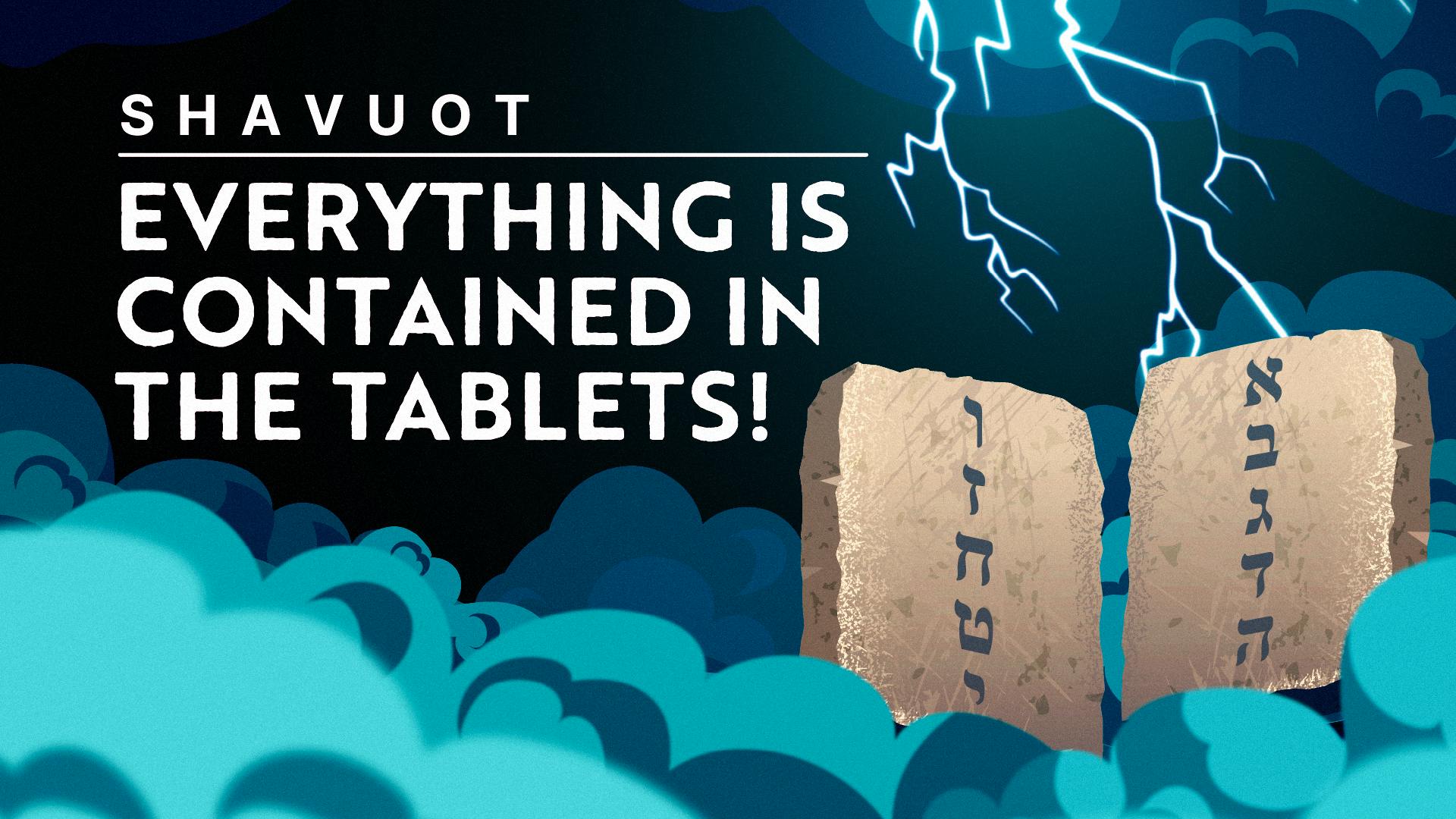You might think that picking up a Bible and flipping through its pages would easily reveal its messages—after all, it is the word of God intended for all people. However, while the Torah is indeed a divine text, its depths are layered and complex, making it more than just a simple read. But don’t lose hope! The beauty of the Torah is that it is accessible to everyone, at their own level. The key lies in developing your ability to engage with the text meaningfully. This process isn’t instinctive; it requires practice and guidance.
Led by our founder, Rabbi David Fohrman, Aleph Beta is dedicated to nurturing a deep and insightful approach to Torah learning. Our methodology is inspired by a spirit of reverent curiosity, meticulous attention to the text, and an unquenchable thirst for spiritual understanding. Much like mastering a craft—be it shoemaking, piano playing, or dancing—becoming an intuitive reader of the Bible, ‘Aleph Beta-style,’ involves starting with the basics. Through consistent practice, these foundational skills blend together, allowing for moments of profound insight and understanding.
Our Approach To Torah Study
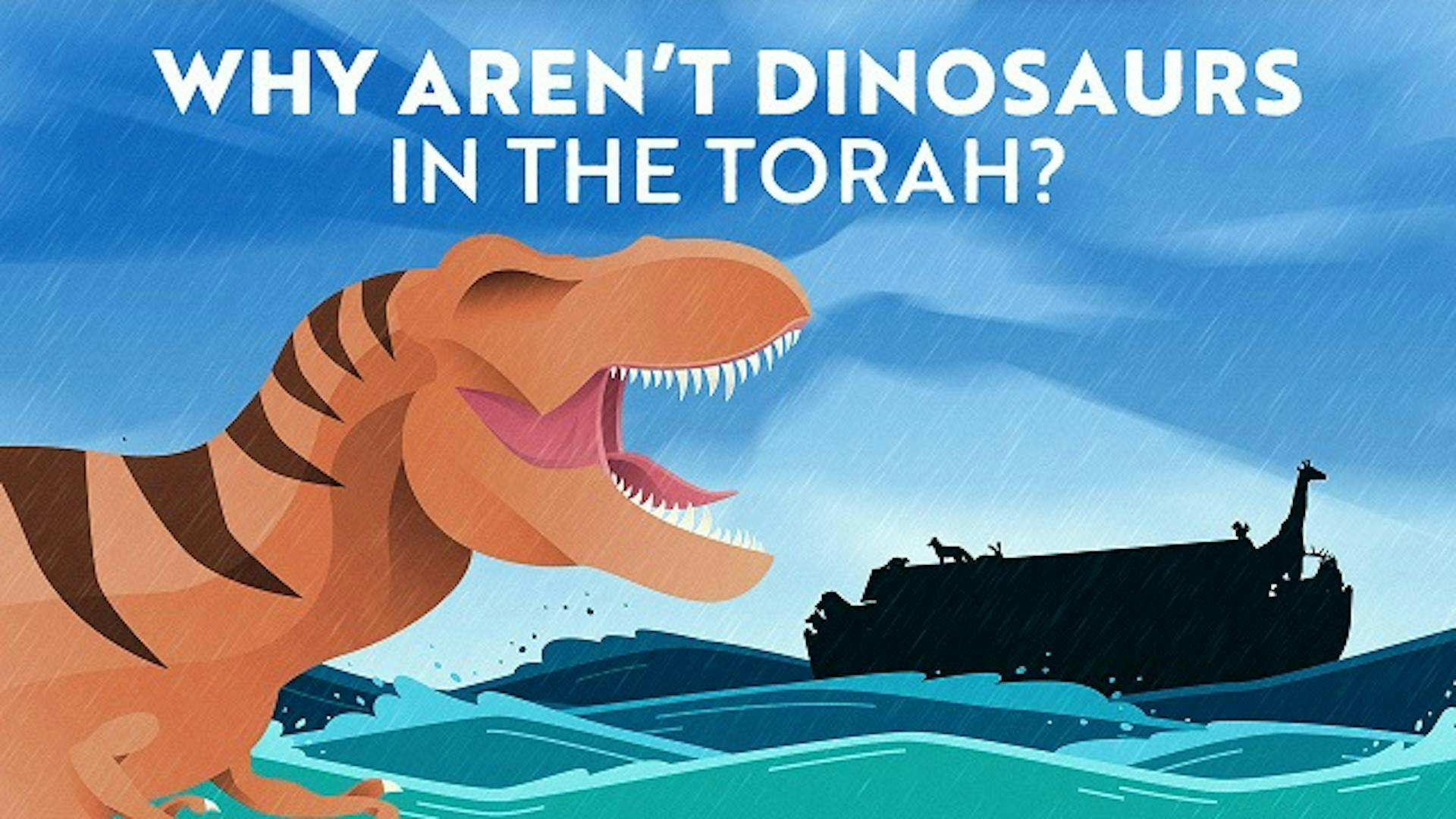
Why Aren’t Dinosaurs Mentioned In The Torah?
Animated Video • 8 min
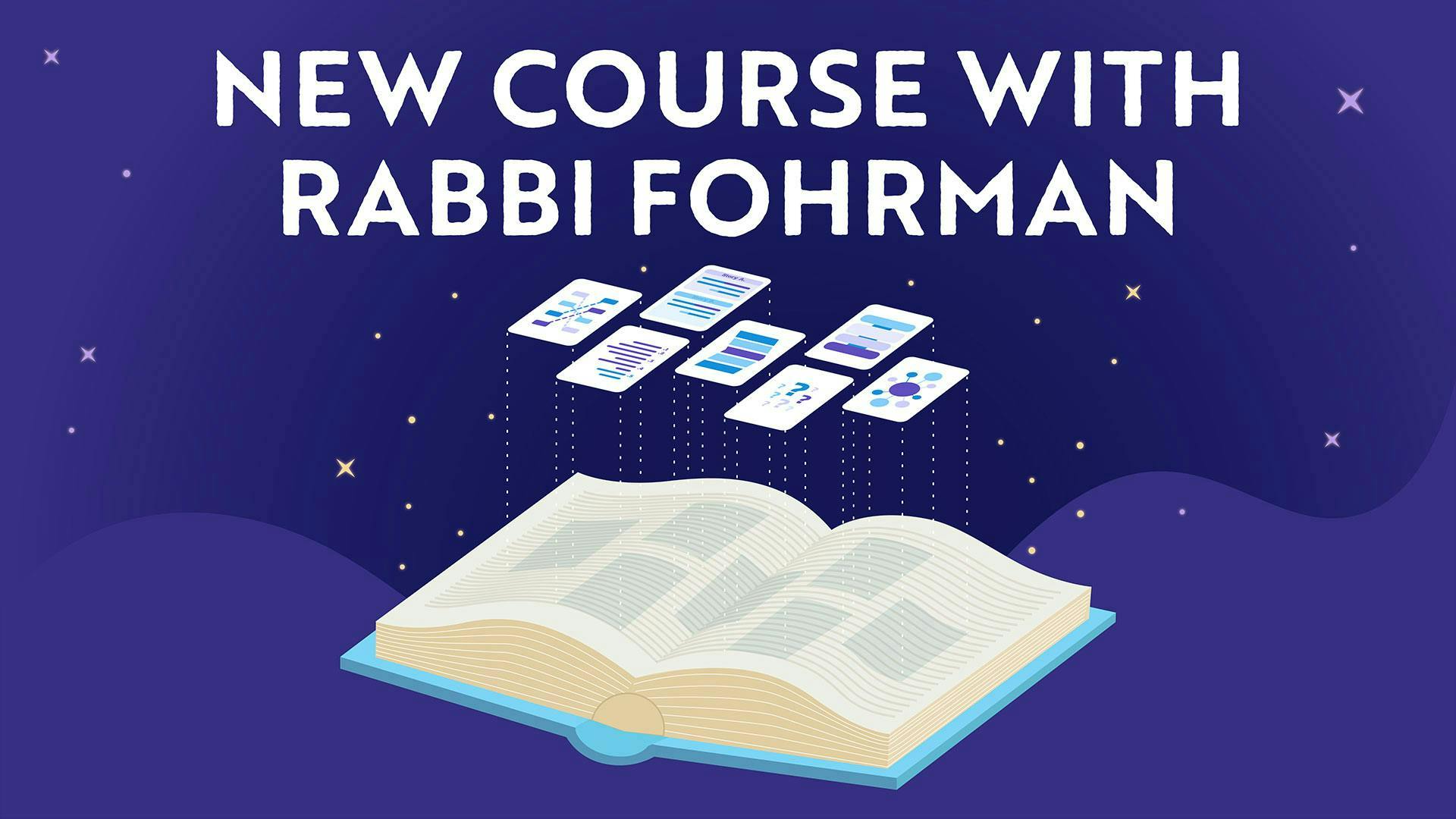
The 7 Habits of Highly Intuitive Readers of the Bible
Animated Video Series • Part 1 of 8 • 2 hours, 2 min
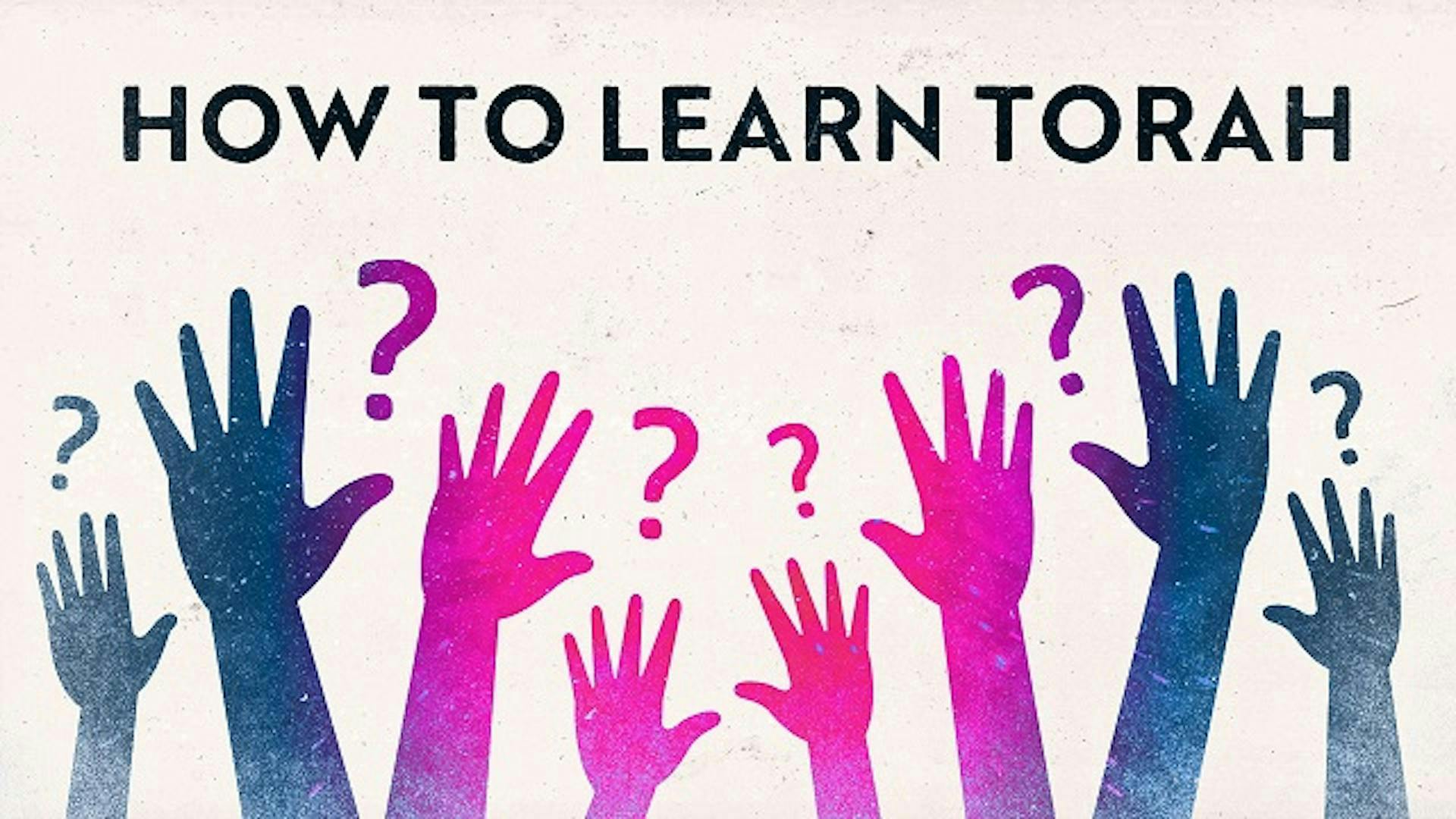
Is Aleph Beta Methodology "New?"
Animated Video Series • 32 min
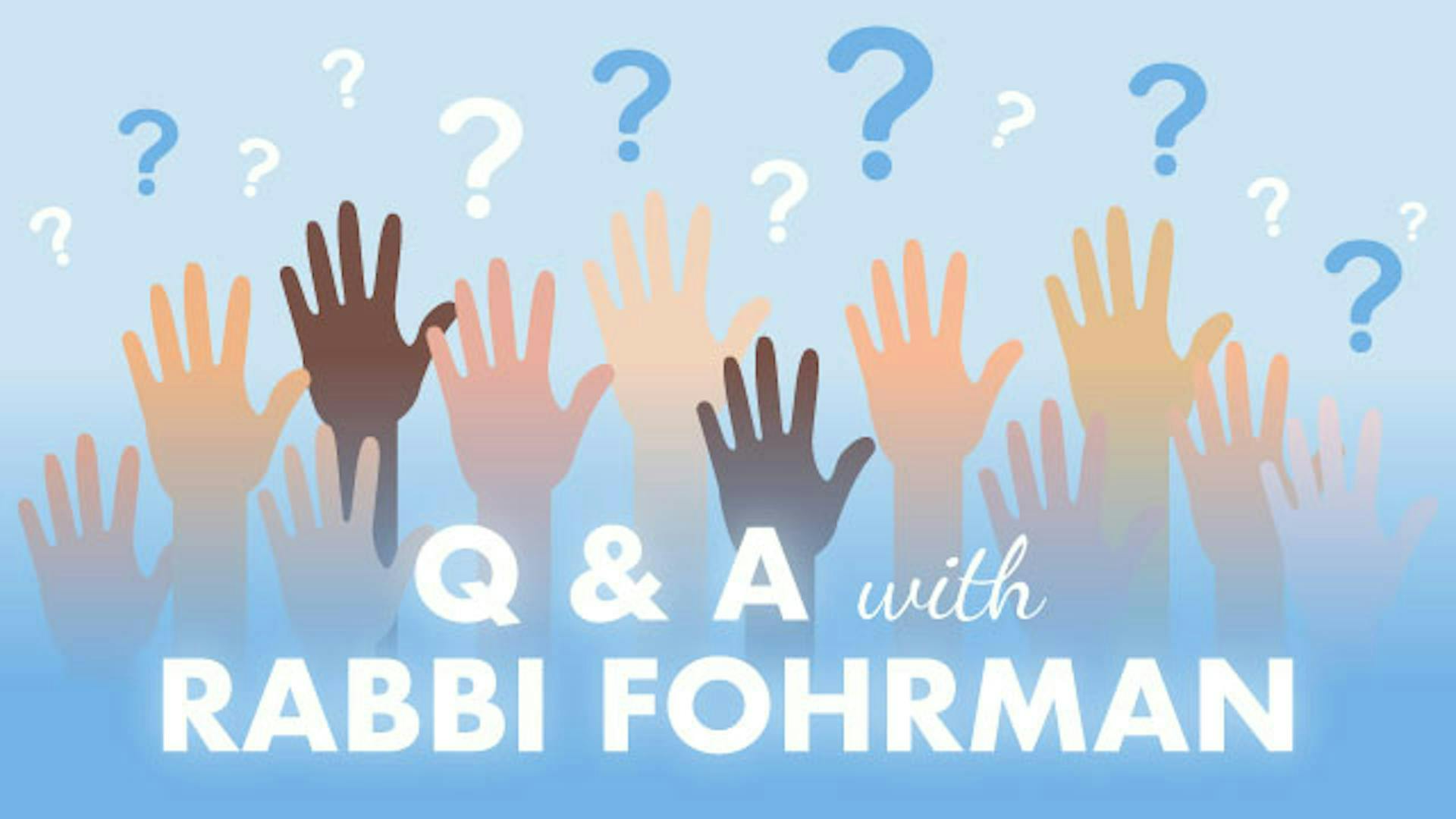
Q&A with Rabbi Fohrman: Insights into Torah Study and Aleph Beta
Animated Video Series • 1 hour, 3 min
Tools For Close Reading // Intertextuality
Intertextuality refers to the way different texts influence and relate to one another, often prompting us to ask ourselves, "Where have I heard these words before?" This can occur through shared language, themes, or characters. The Bible encodes multiple layers of meaning through these connections, and recognizing these layers enriches our understanding of the texts and uncovers hidden meanings.
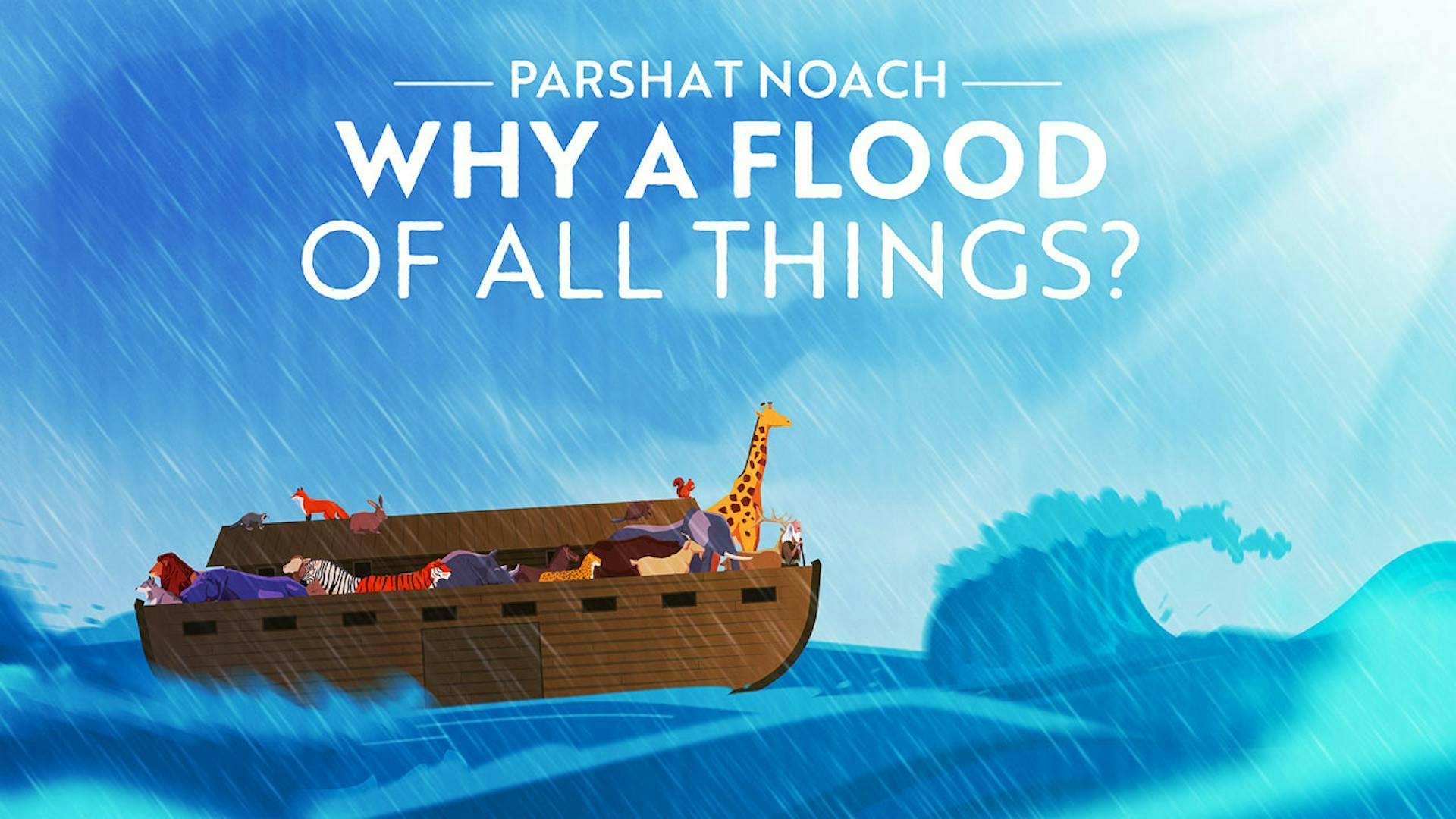
The Connection Between Noah And The Story Of Creation
Animated Video • 13 min
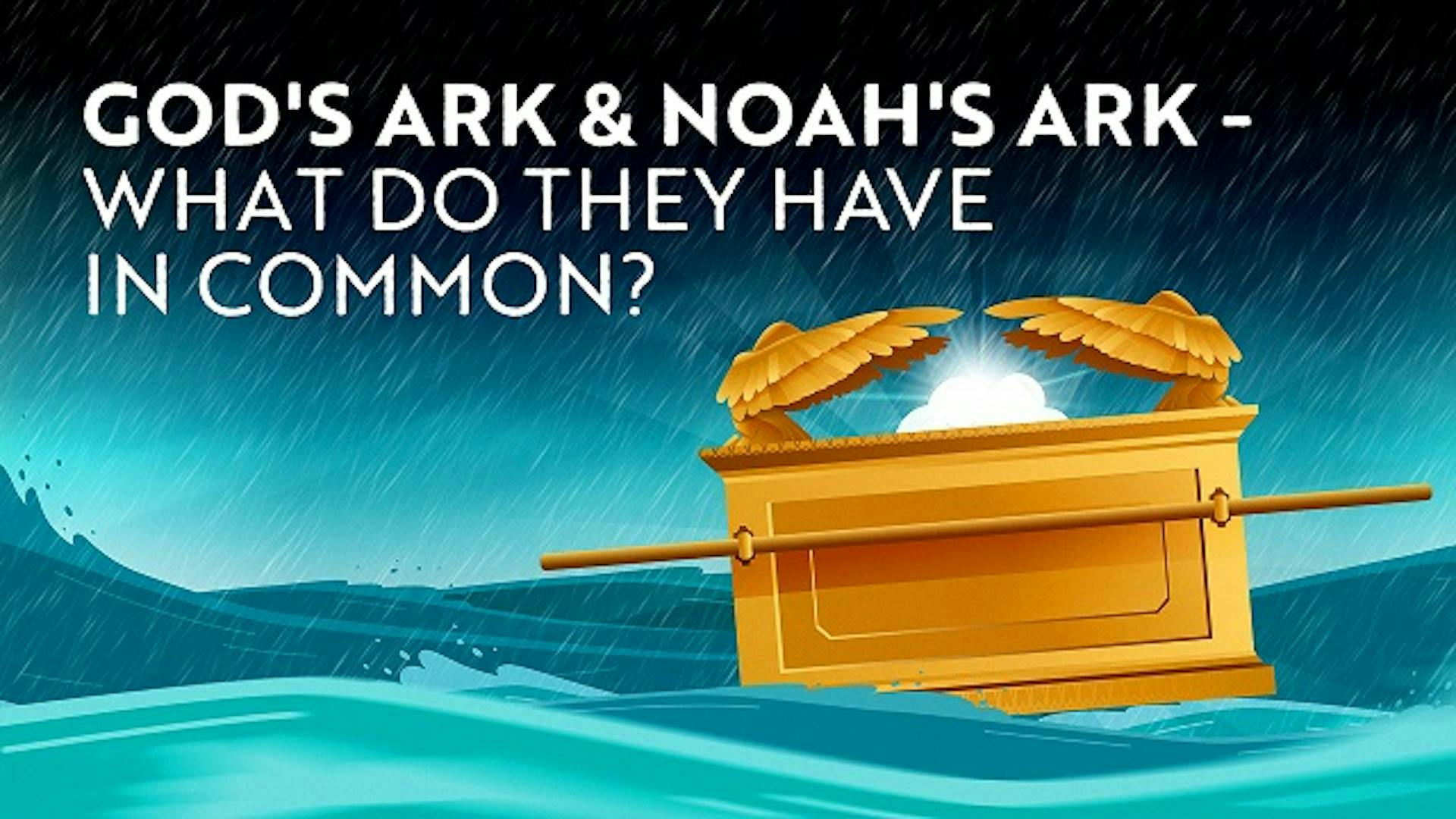
God's Ark And Noah's Ark
Animated Video Series • Part 1 of 2 • 13 min
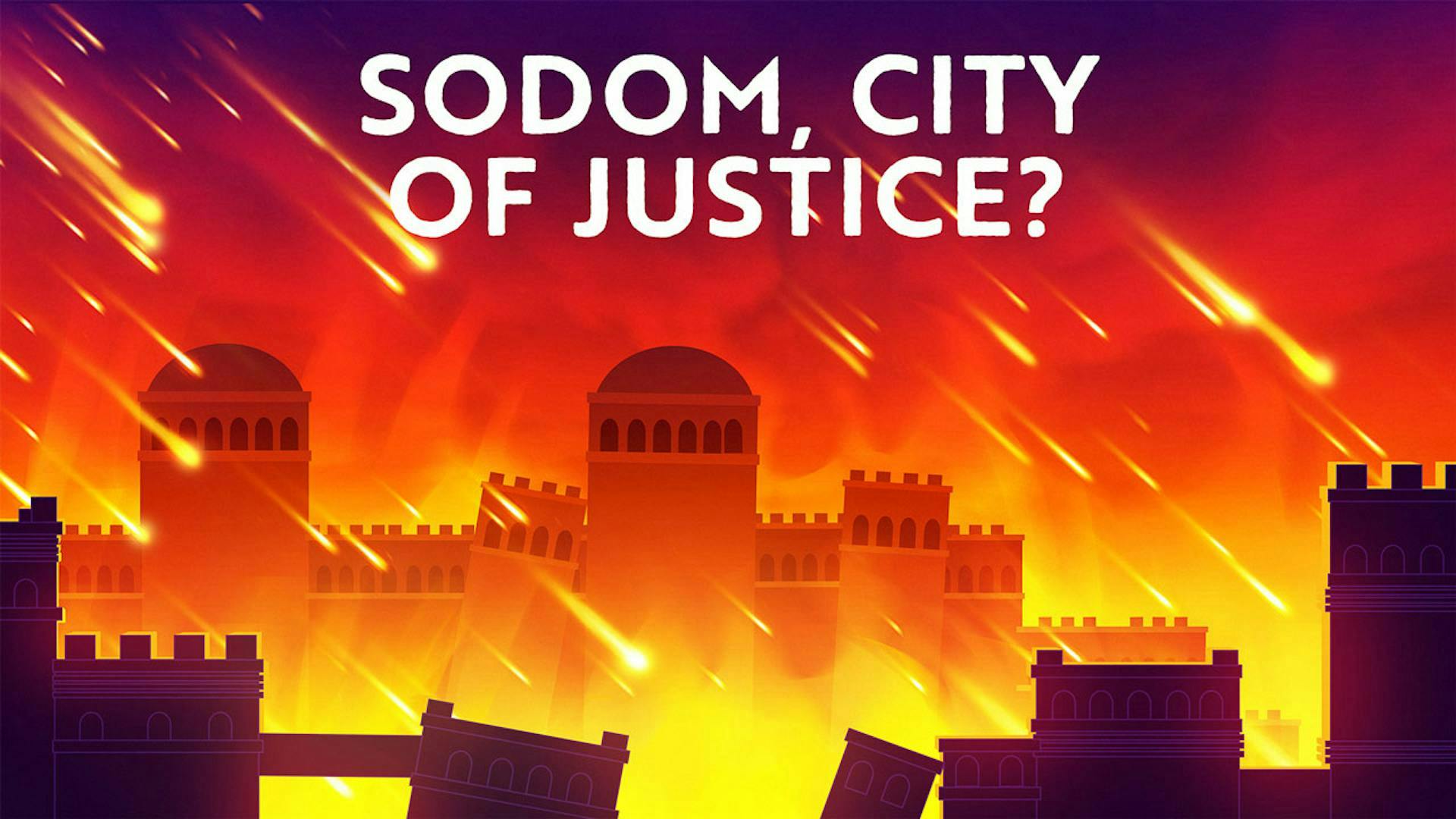
What Was The Real Sin Of Sodom And Gomorrah?
Animated Video • 16 min
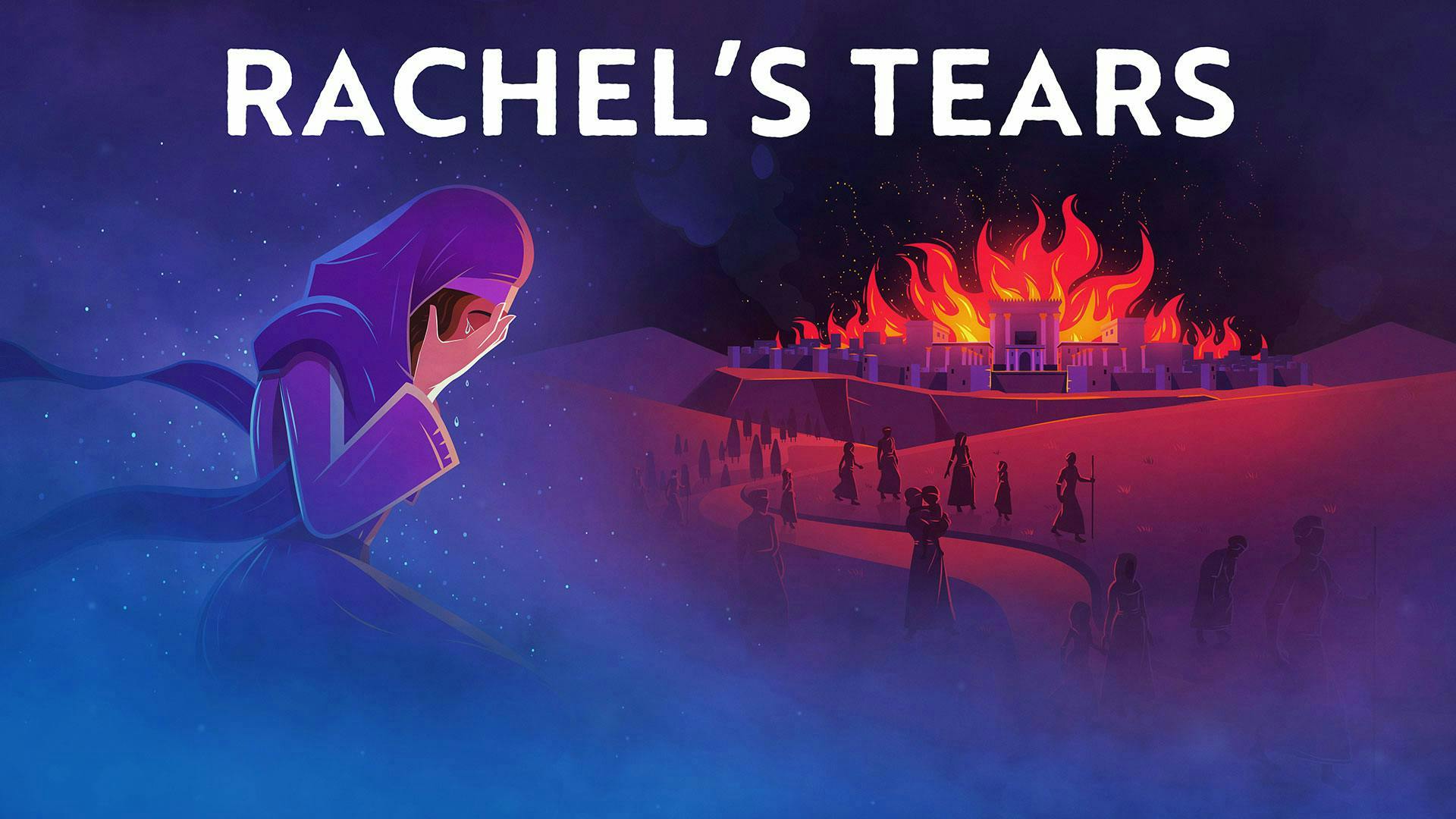
What Rachel Imeinu Teaches Us About Mourning
Animated Video Series • Part 1 of 5 • 8 min
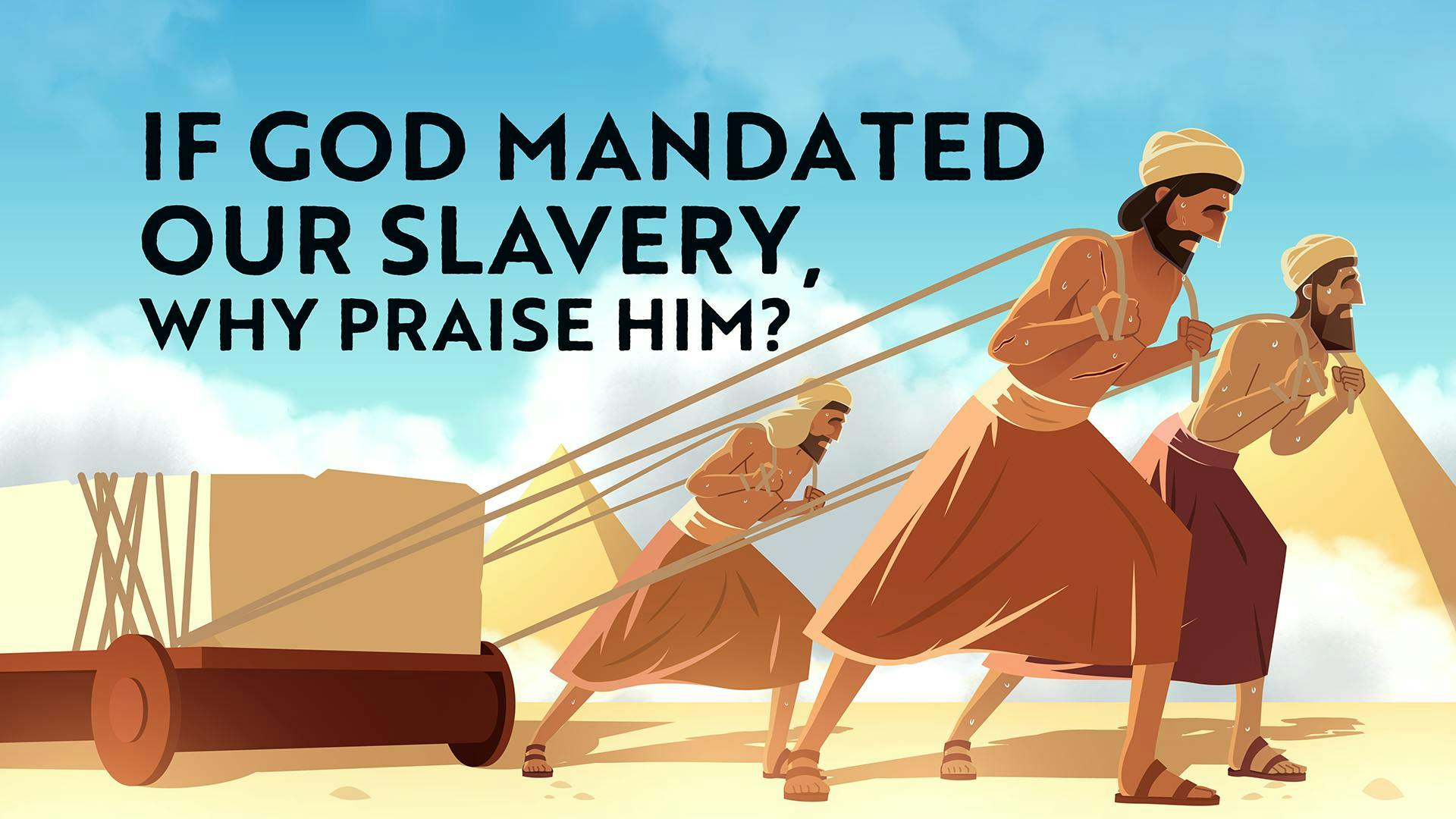
If God Mandated Our Slavery, Why Praise Him for Our Freedom?
Animated Video Series • Part 1 of 5 • 8 min
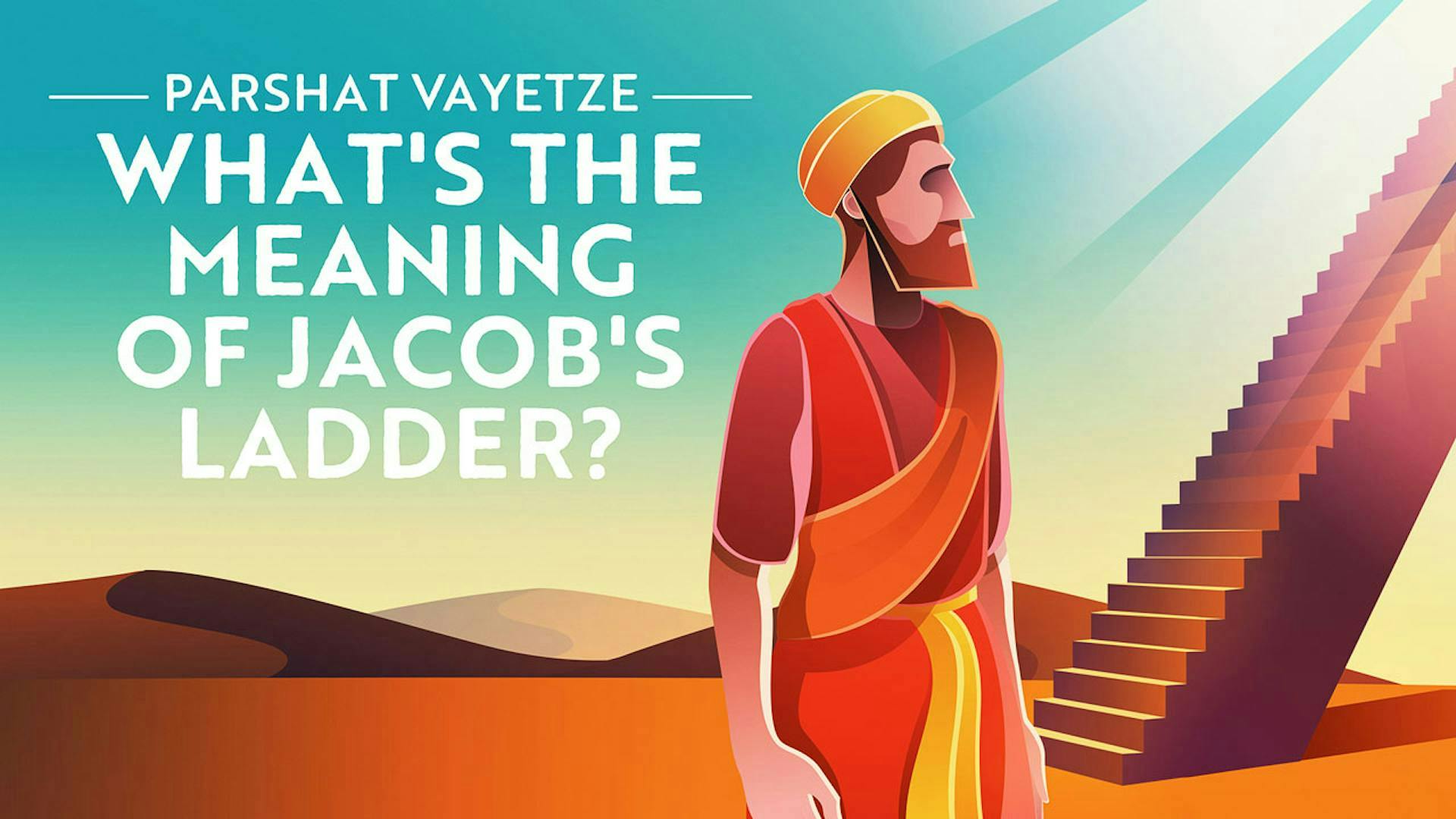
Jacob, Angels, And Connecting To God
Animated Video • 14 min
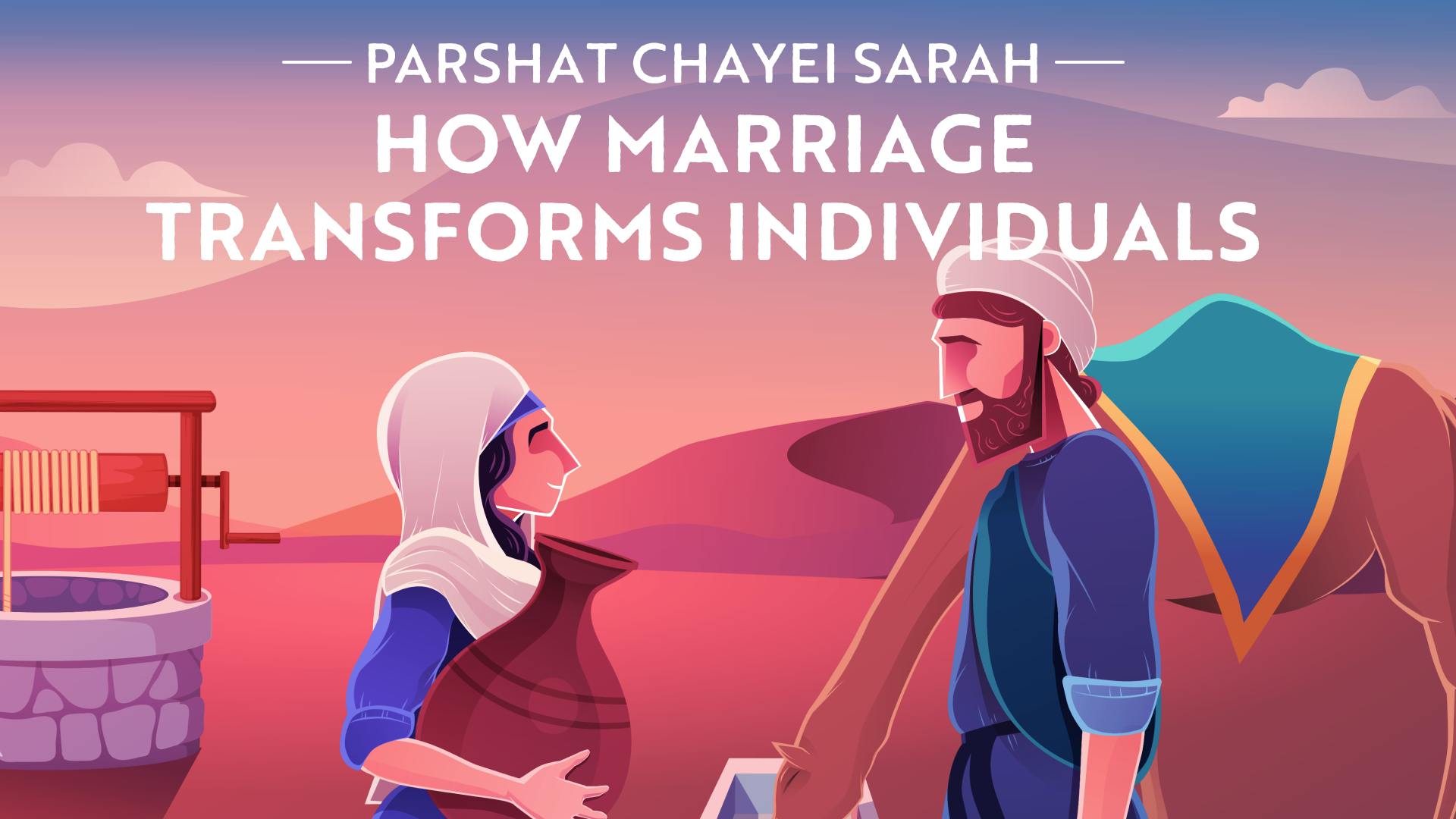
Eliezer And Rebecca At The Well: The Deeper Significance
Animated Video • 9 min
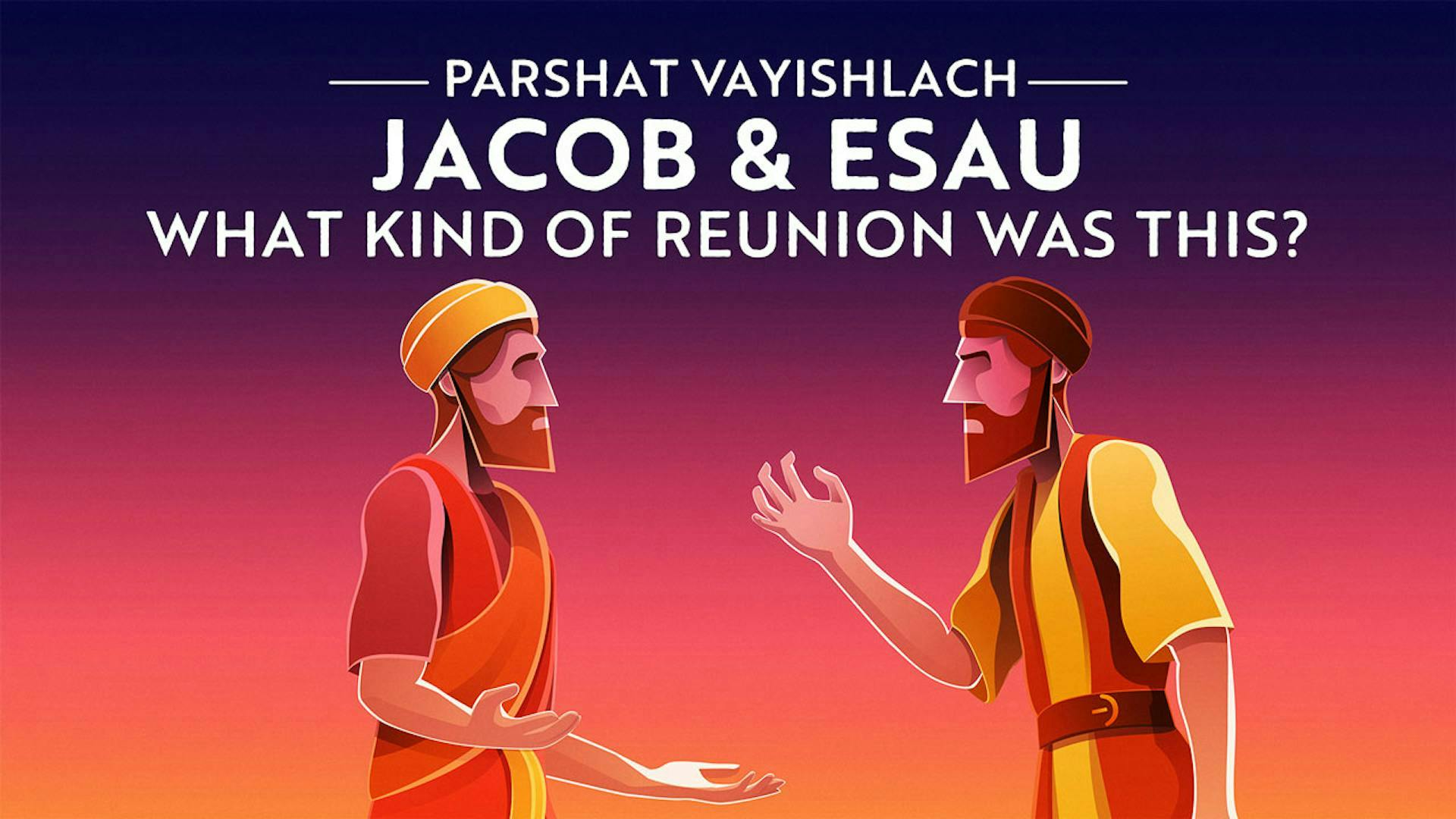
The Sons Of Isaac Reconcile
Animated Video • 13 min
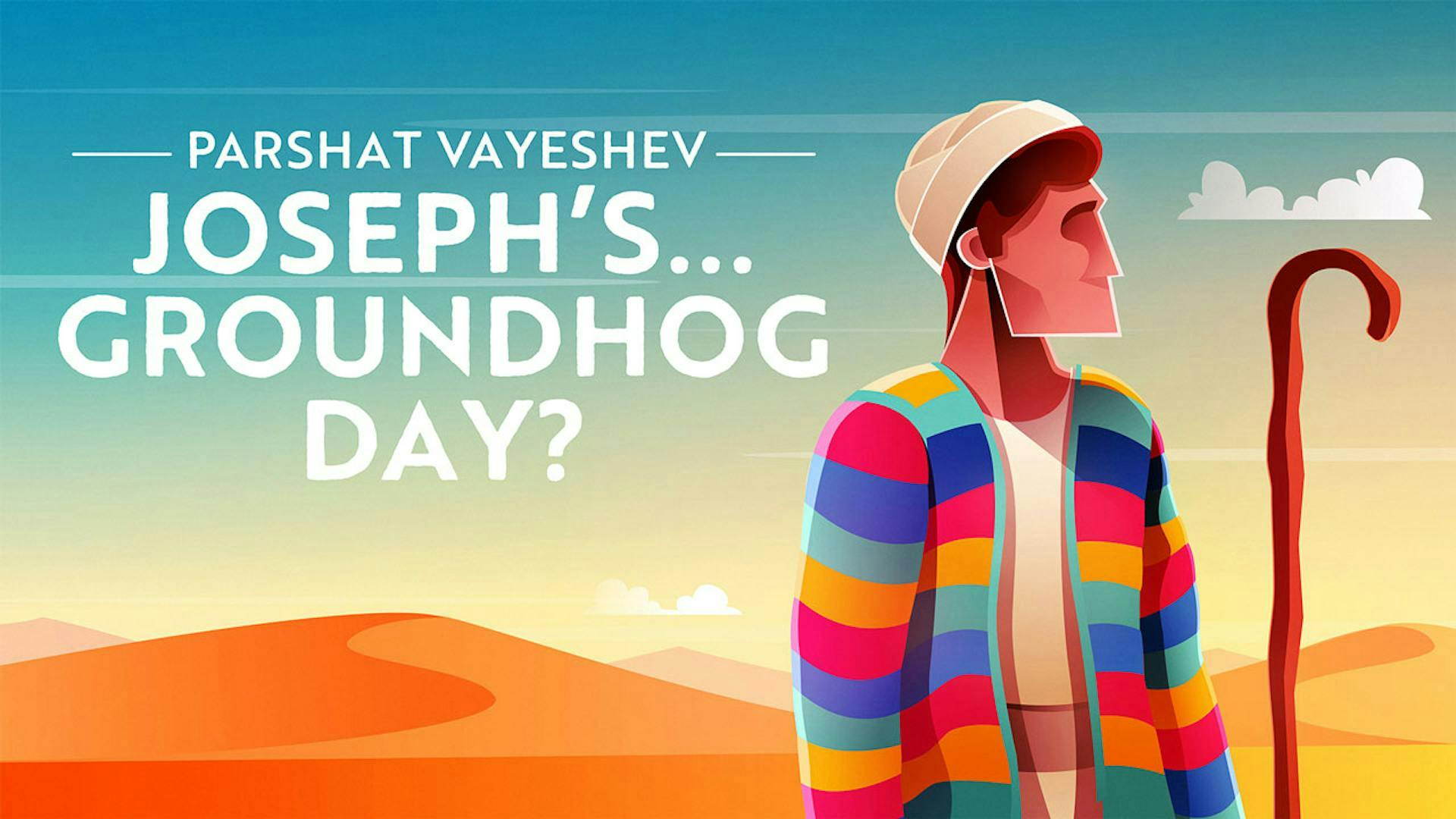
Why Do The Events In Joseph’s Life Keep Repeating?
Animated Video • 16 min
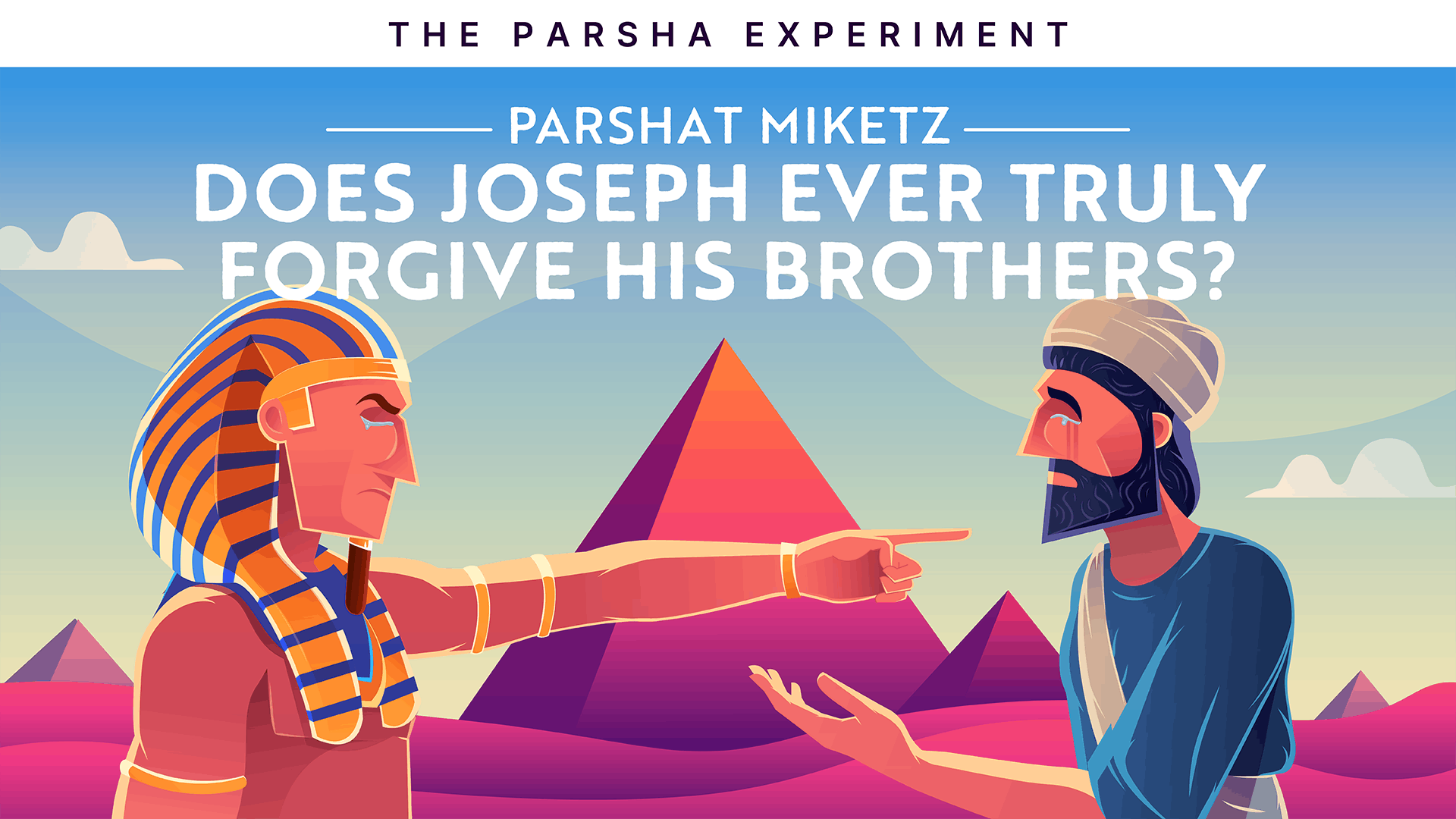
Does Joseph Ever Truly Forgive His Brothers?
Animated Video • 12 min
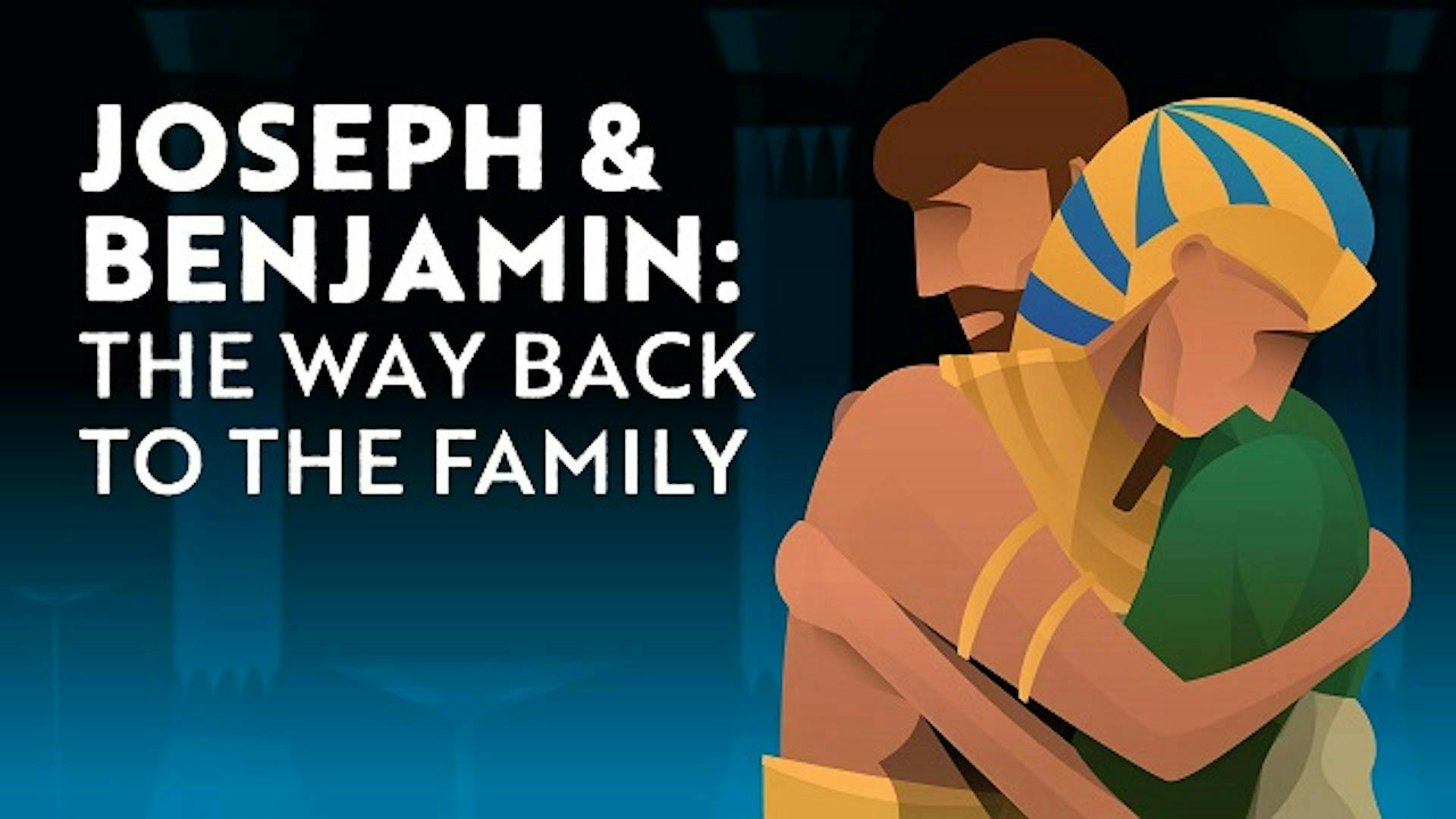
Mending Relationships And Missing Ribs
Animated Video • 11 min
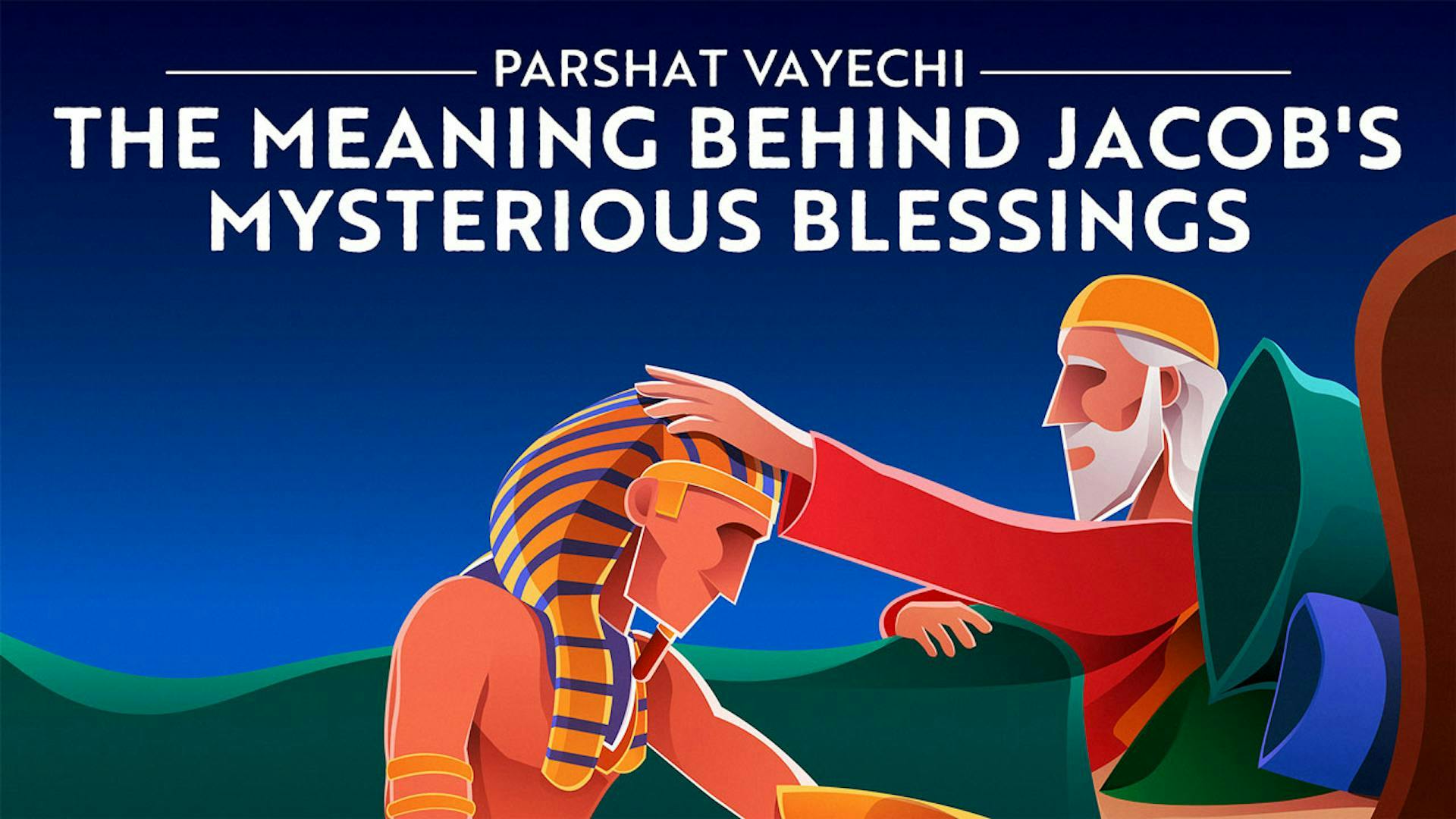
What Was Jacob's Final Blessing To Joseph Really About?
Animated Video • 13 min
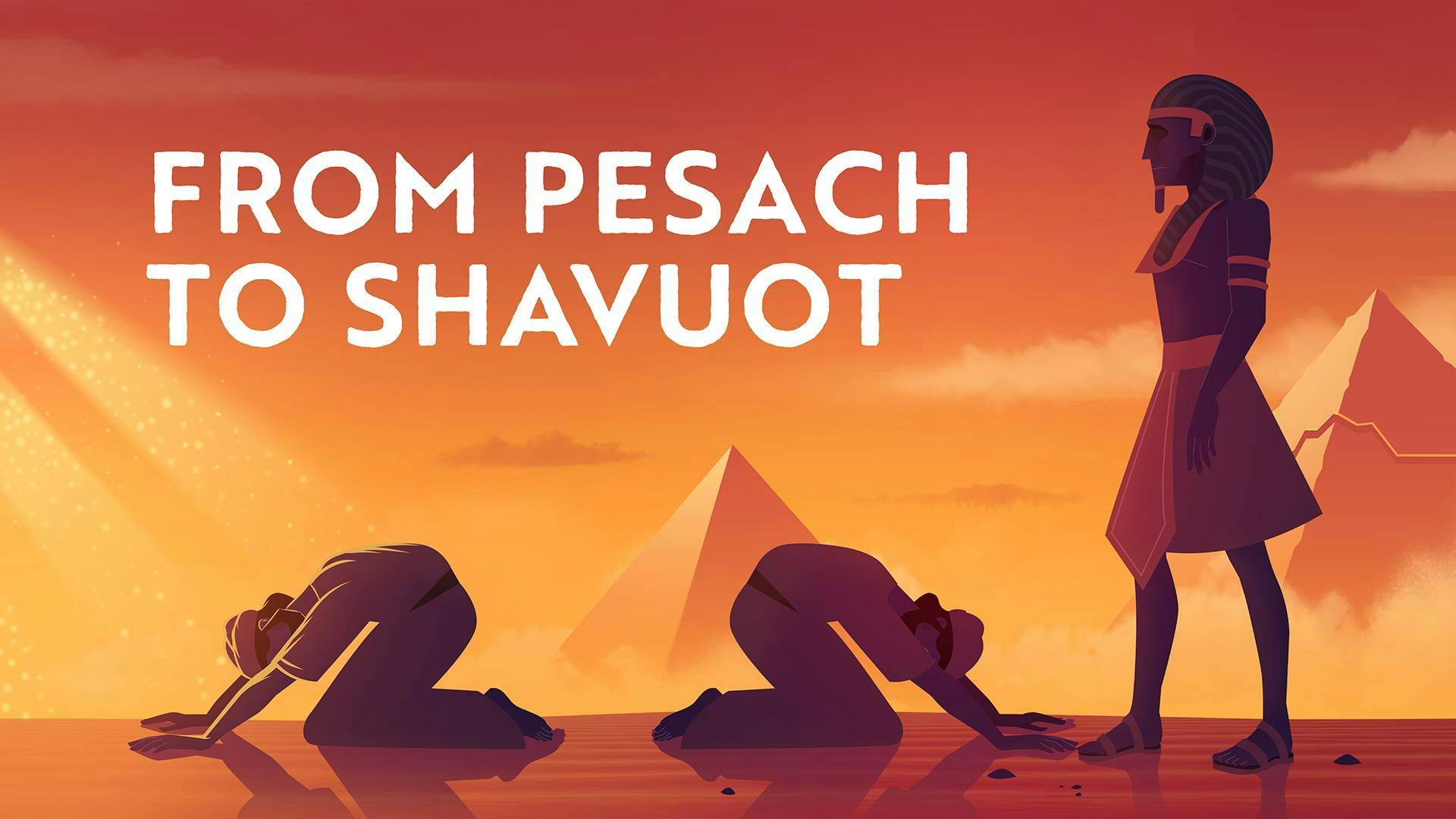
From Pesach to Shavuot: Did God Free Us Just to Make Us Serve Him?
Animated Video • 31 min
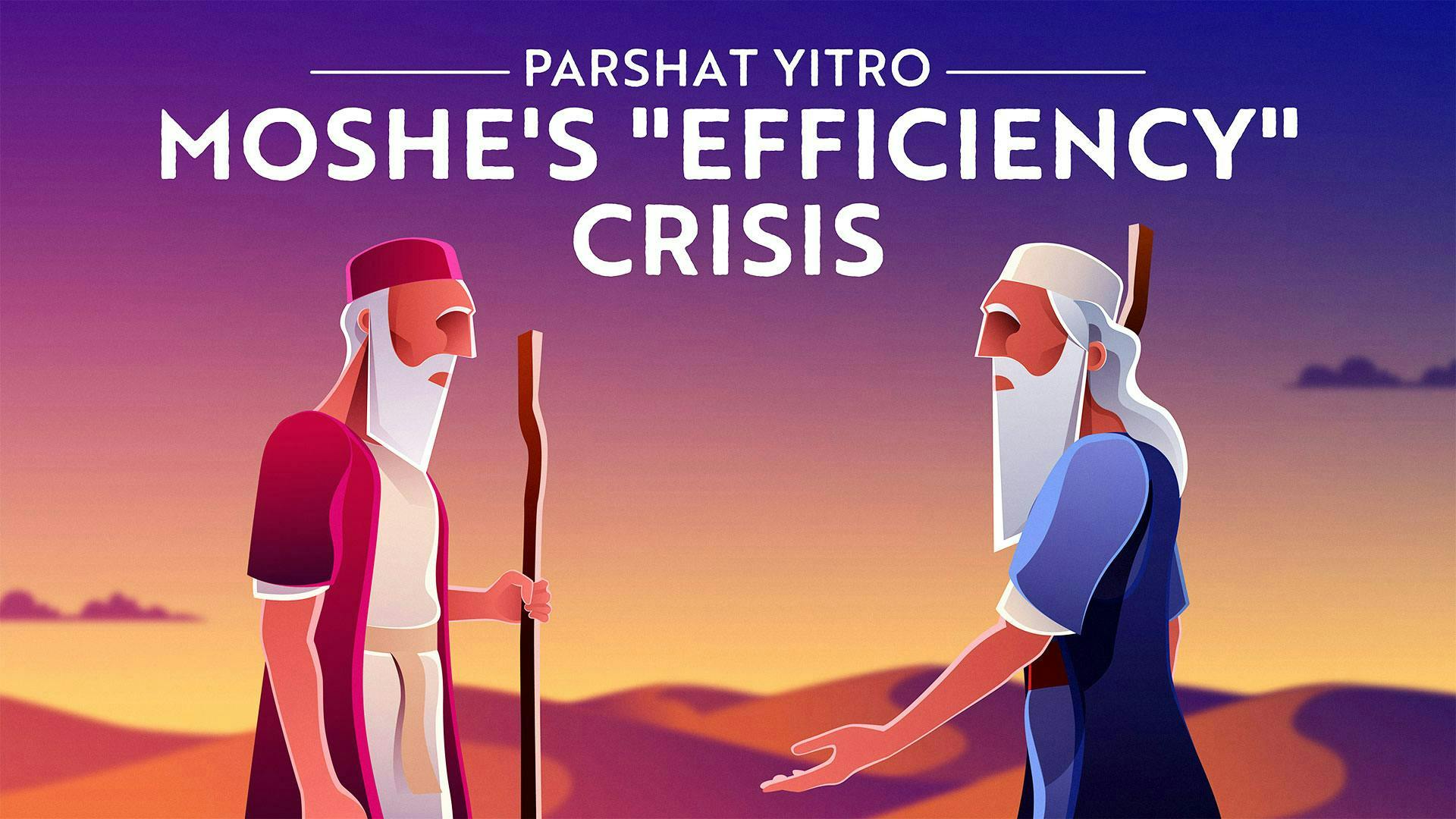
The Real Lesson Of Yitro's Leadership Advice
Animated Video • 15 min
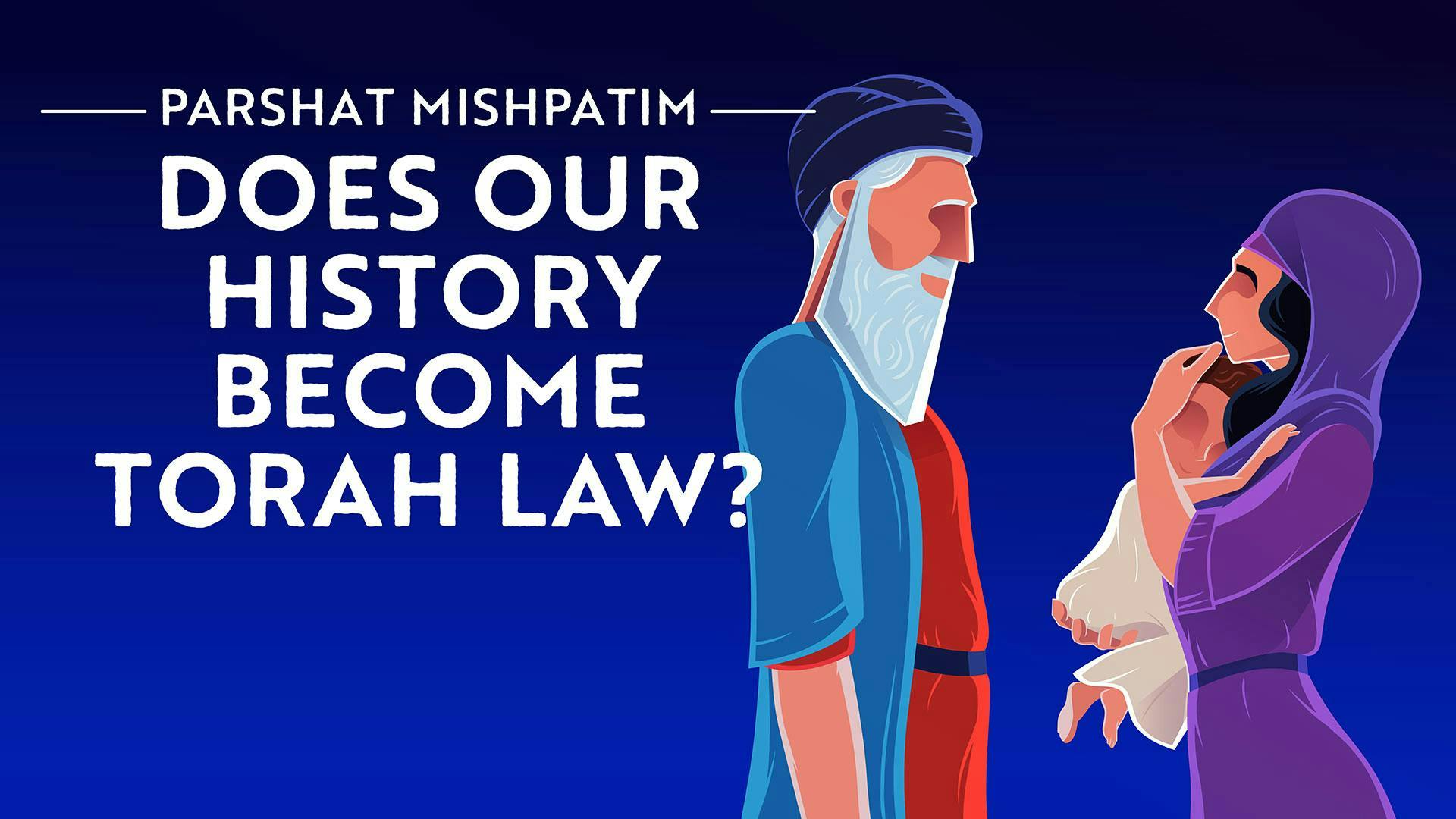
The Surprising Source Of The Torah's Laws Of Murder
Animated Video Series • Part 1 of 2 • 11 min
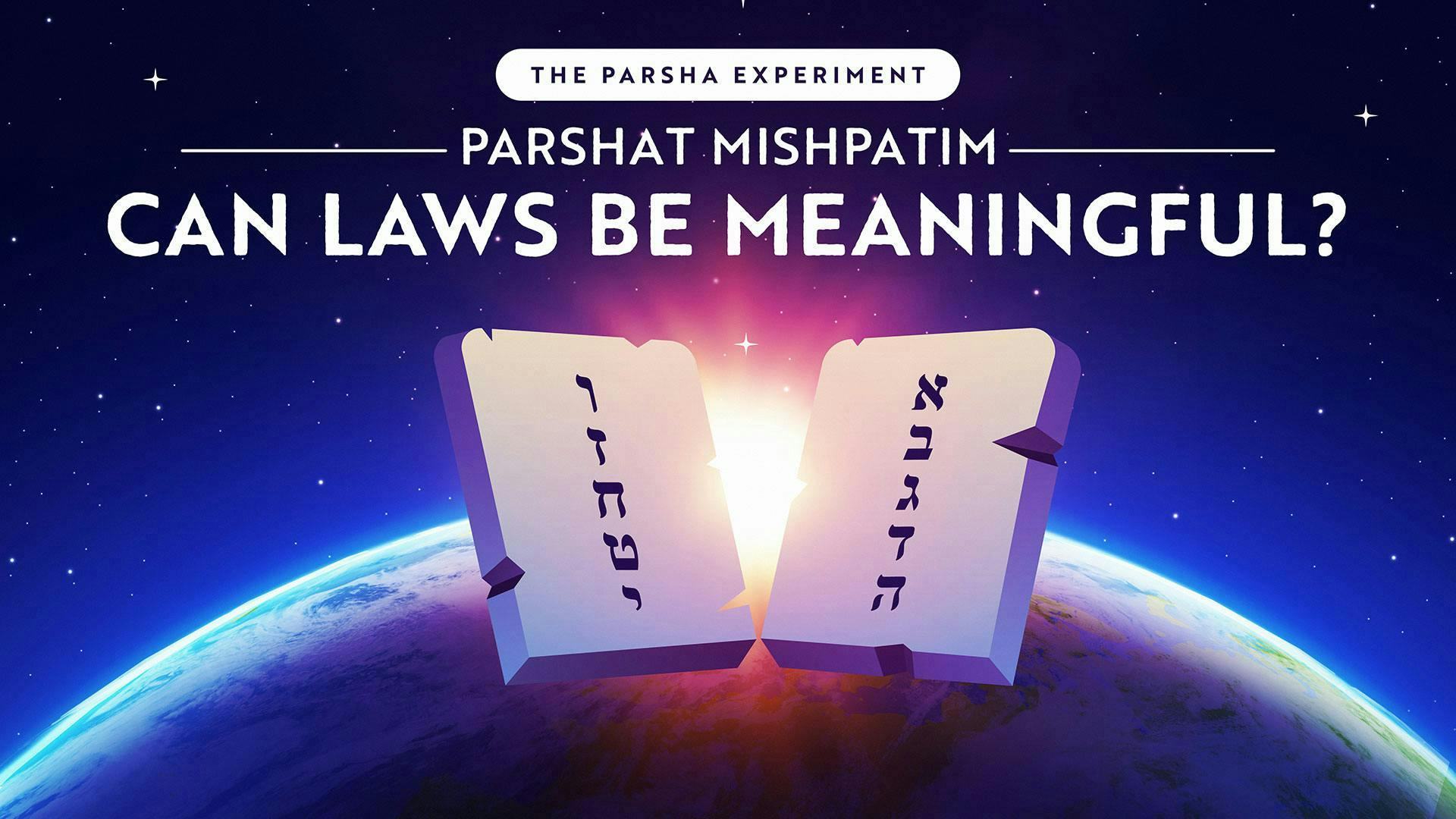
Seeing Laws As Moral Principles Of Jewish Life
Animated Video • 13 min
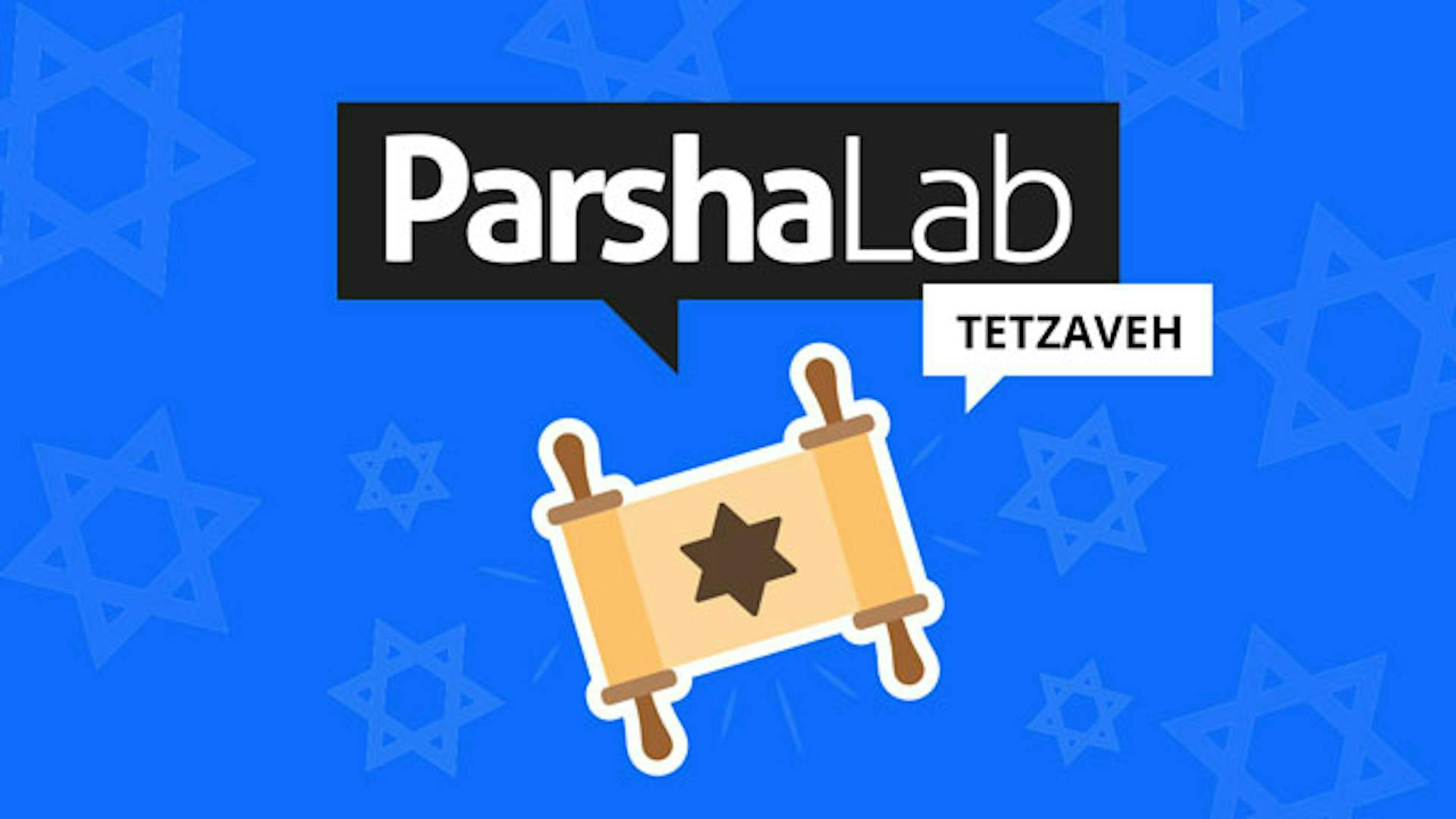
What Do The Laws Of Choshen Mishpat Teach Us About Our Relationship To God?
Recorded Lecture • 24 min
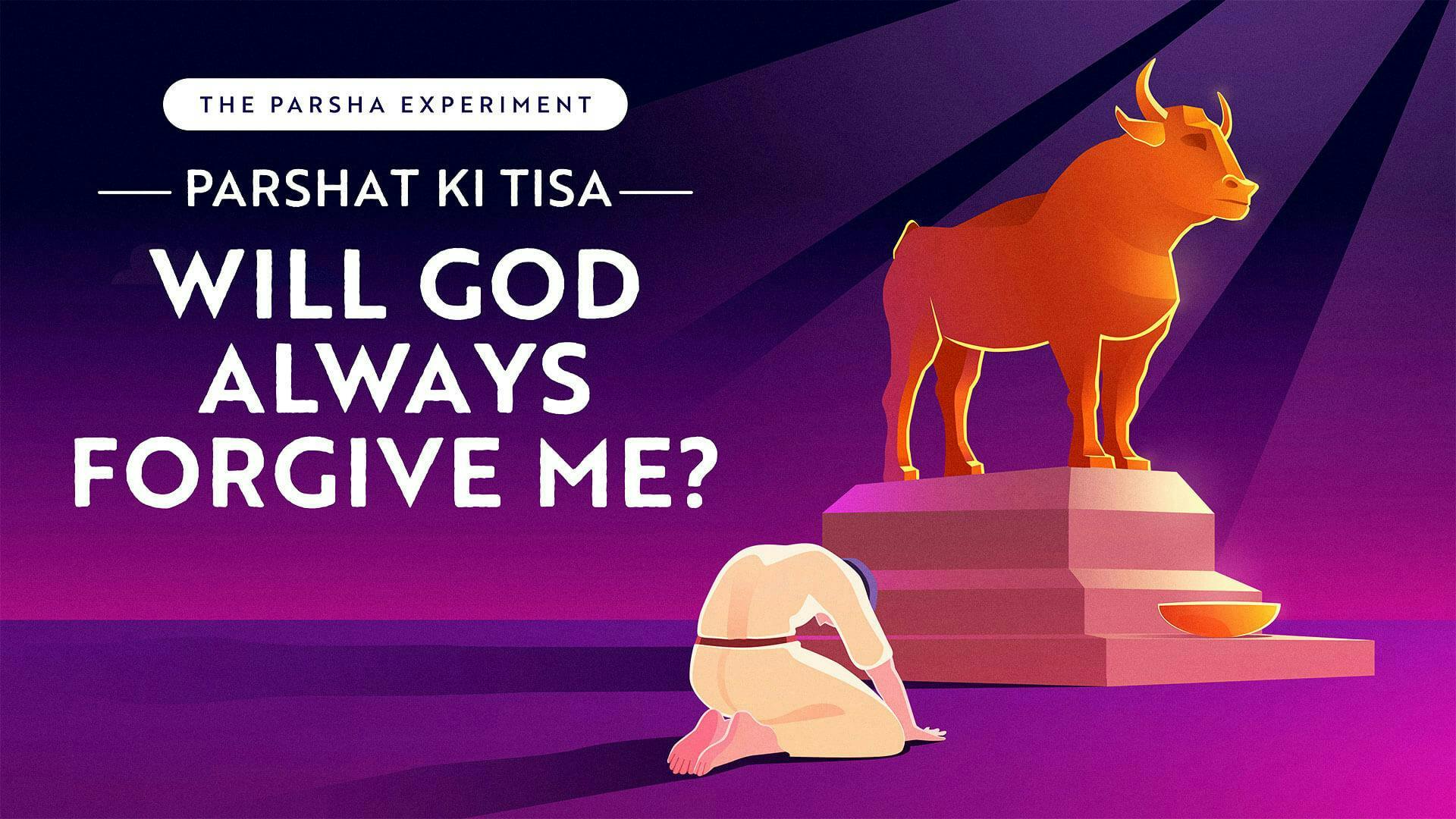
The True Depth Of God's Love And Forgiveness
Animated Video • 13 min
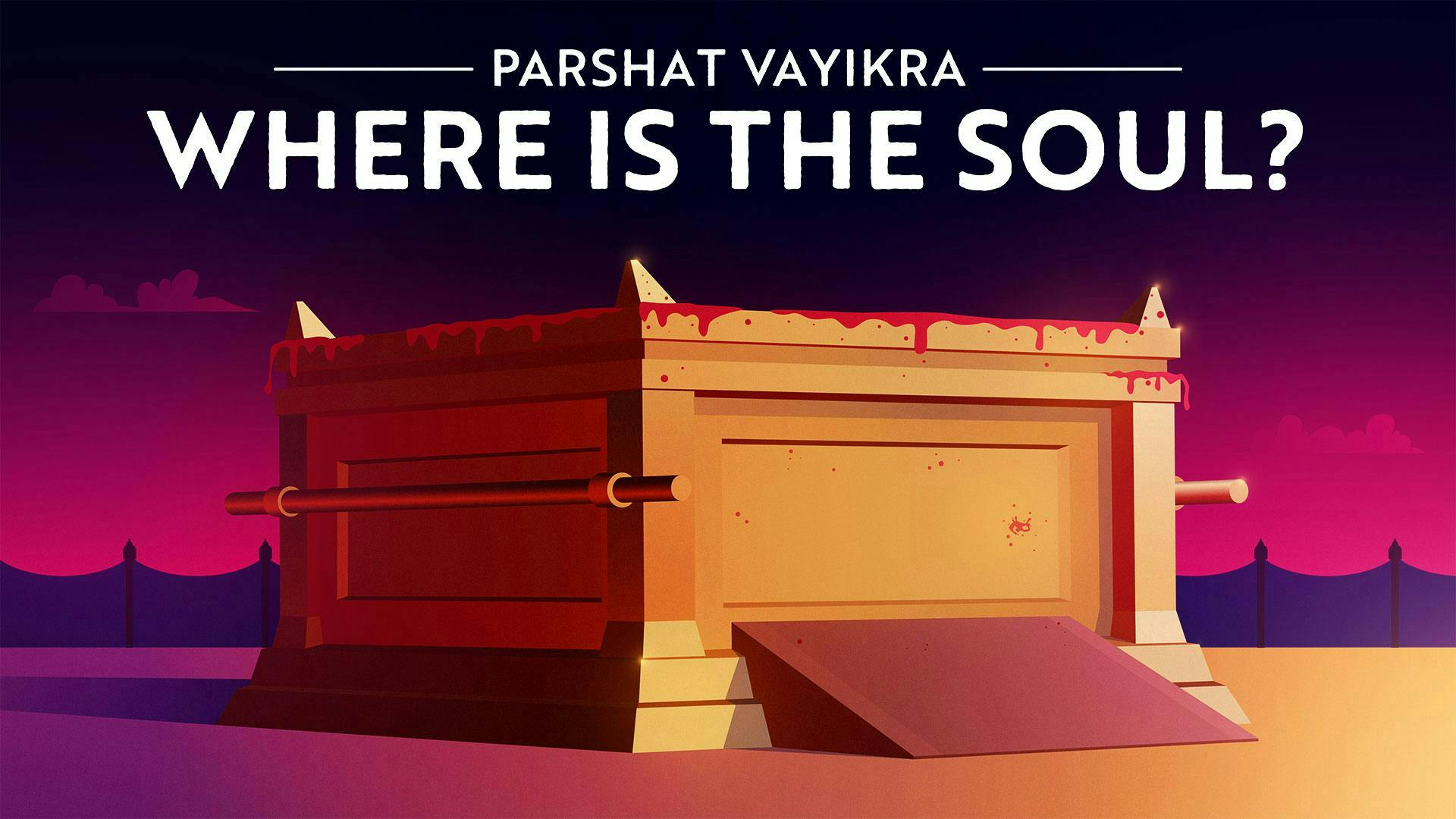
The Link Between Souls And Animal Sacrifice In The Bible
Animated Video • 13 min
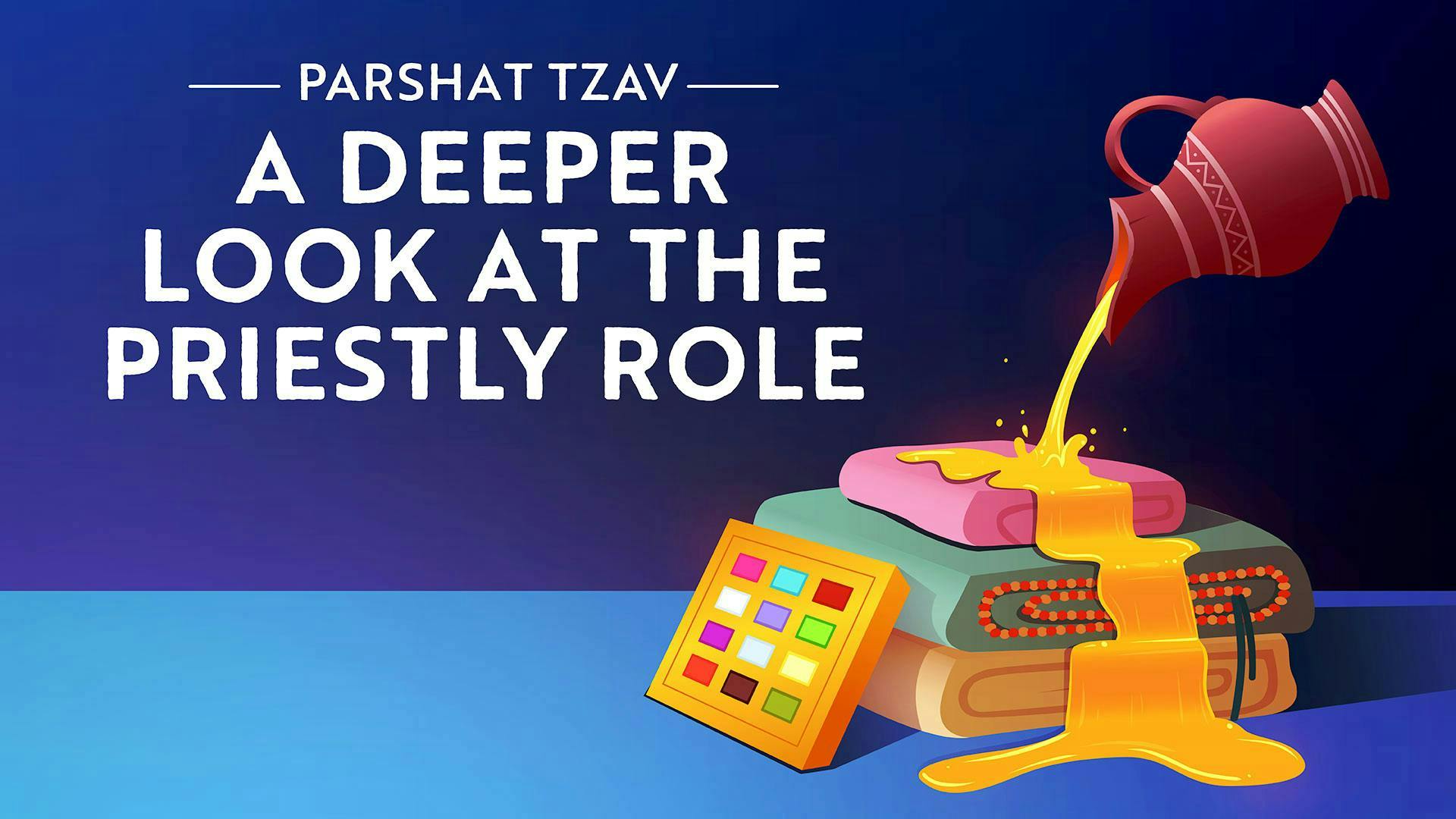
The Connection Between Kohanim, Community And Separation
Animated Video Series • Part 1 of 2 • 13 min
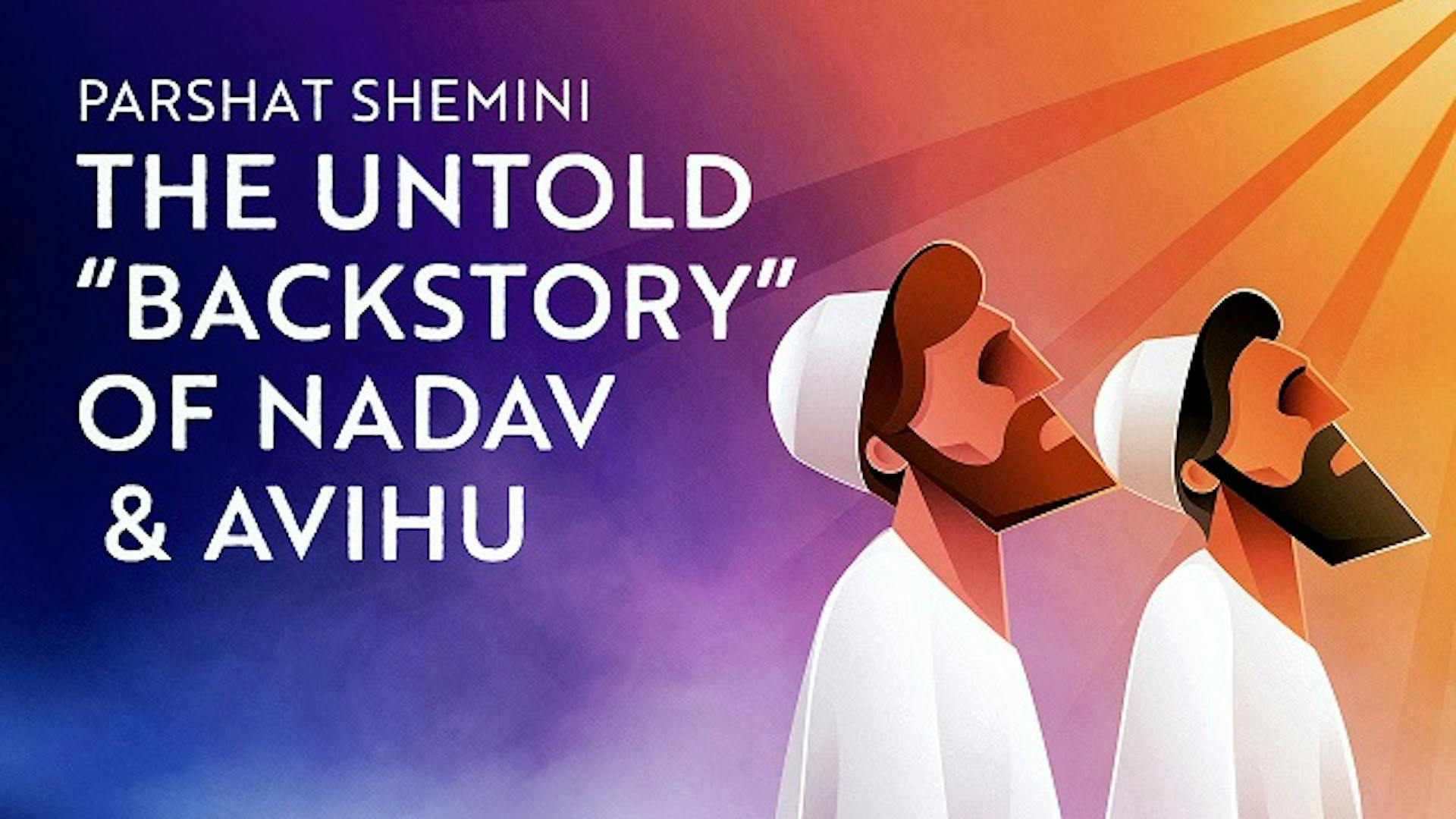
Making Sense Of Nadav And Avihu's Death
Animated Video • 16 min
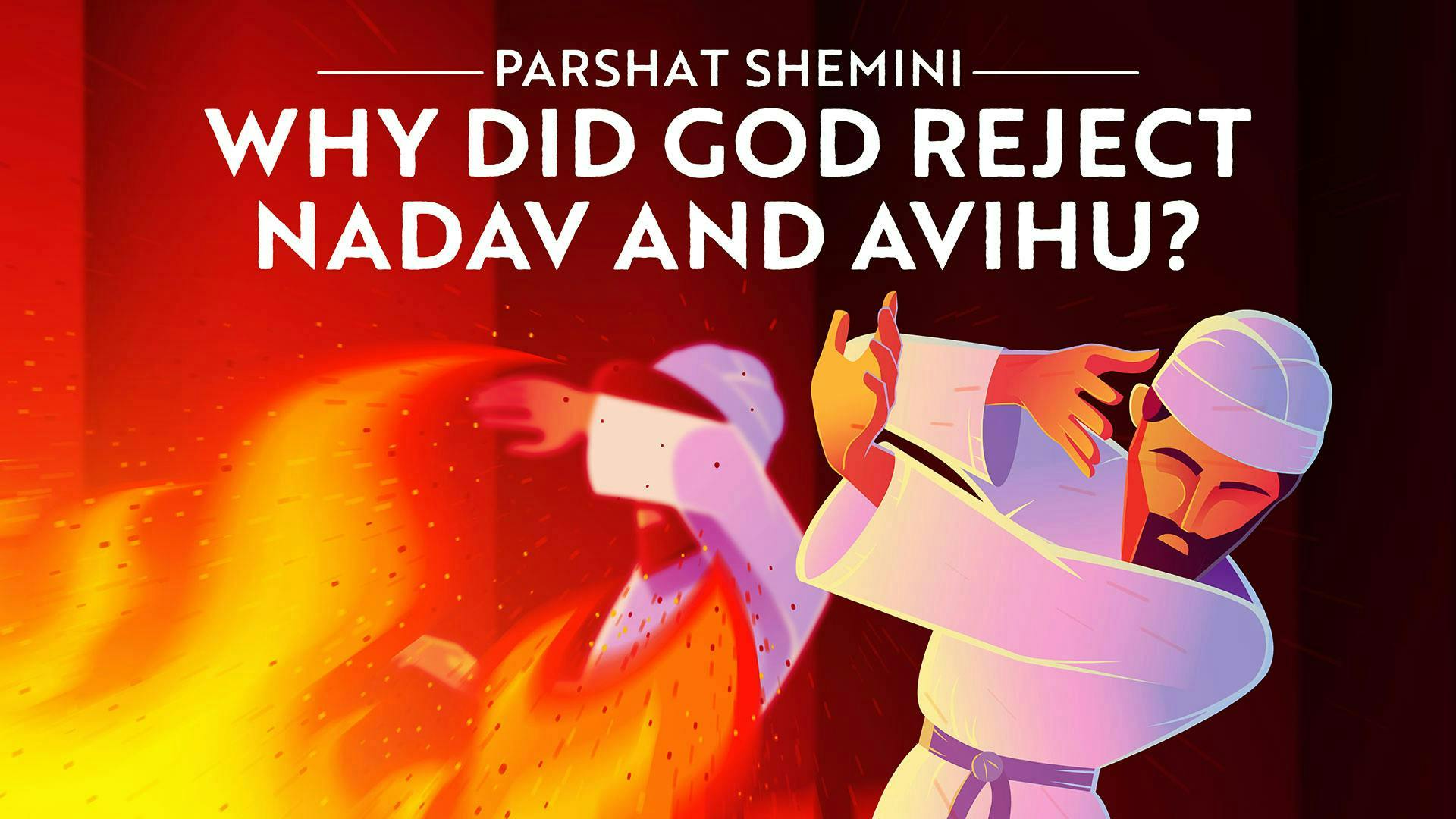
Understanding The Real Sin Of Aaron's Two Sons
Animated Video • 11 min
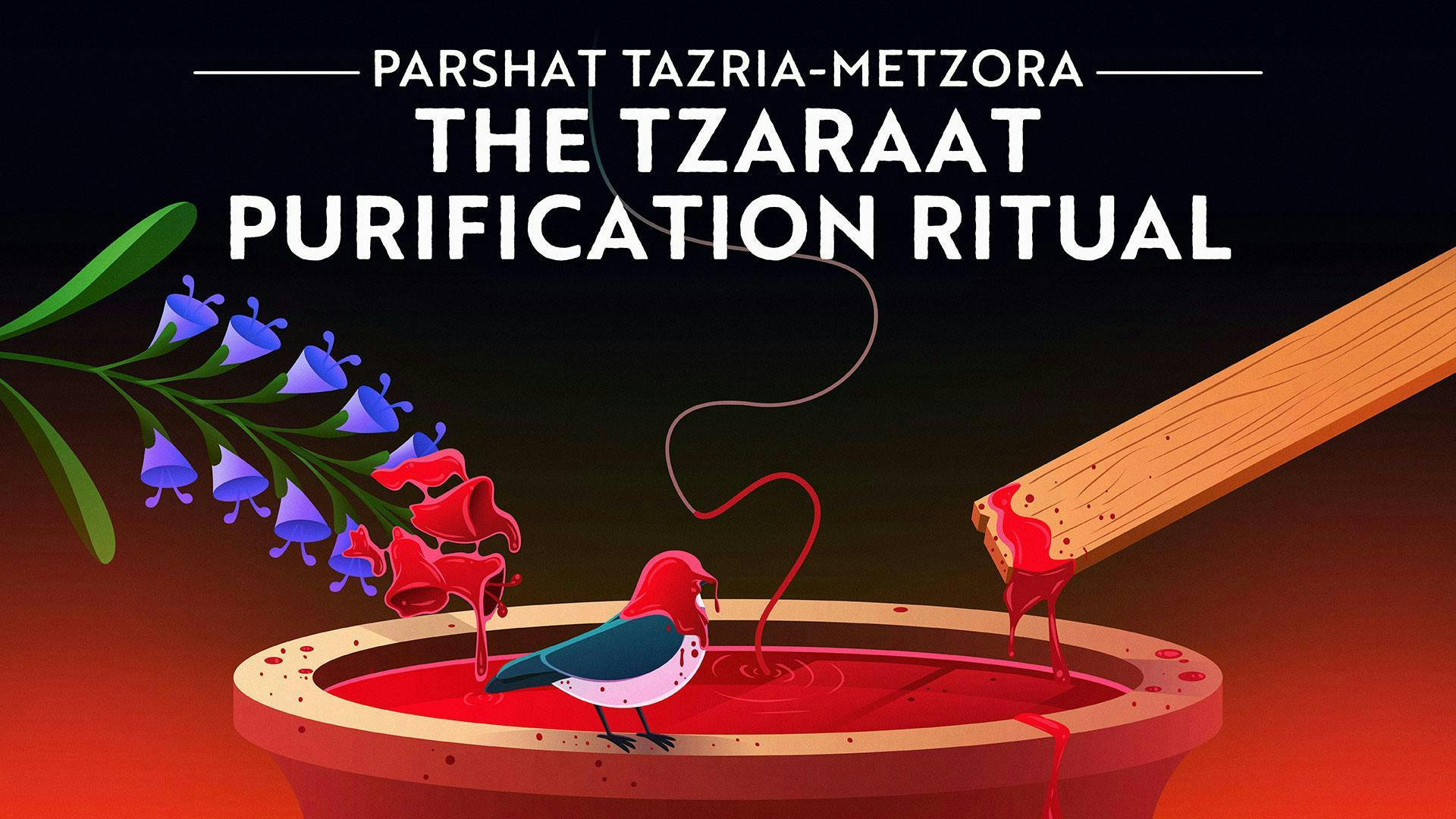
The Tzaraat Purification Ritual: What Does It Mean?
Animated Video Series • Part 1 of 4 • 8 min
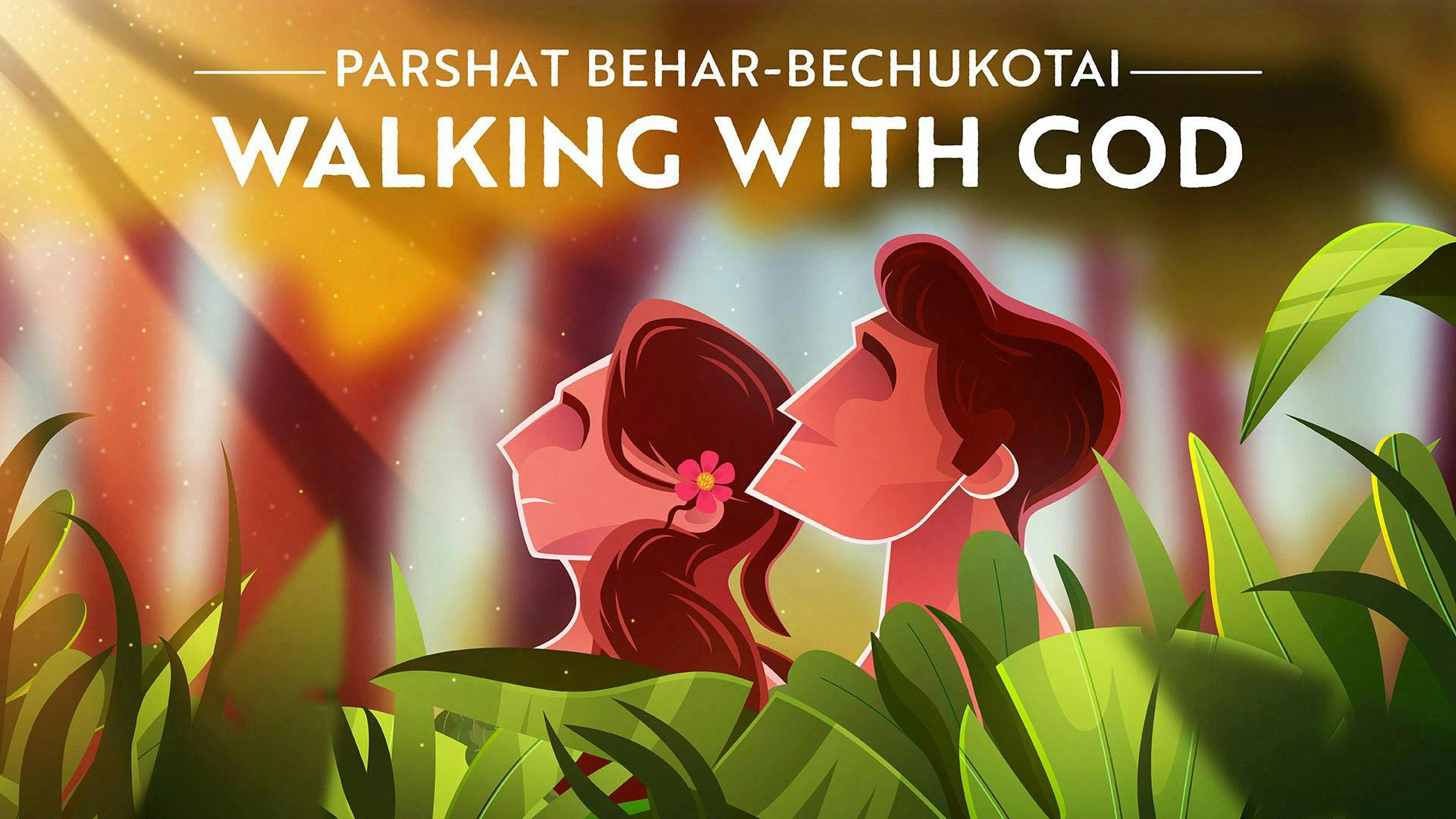
Can We Truly Walk Closely With God?
Animated Video • 9 min
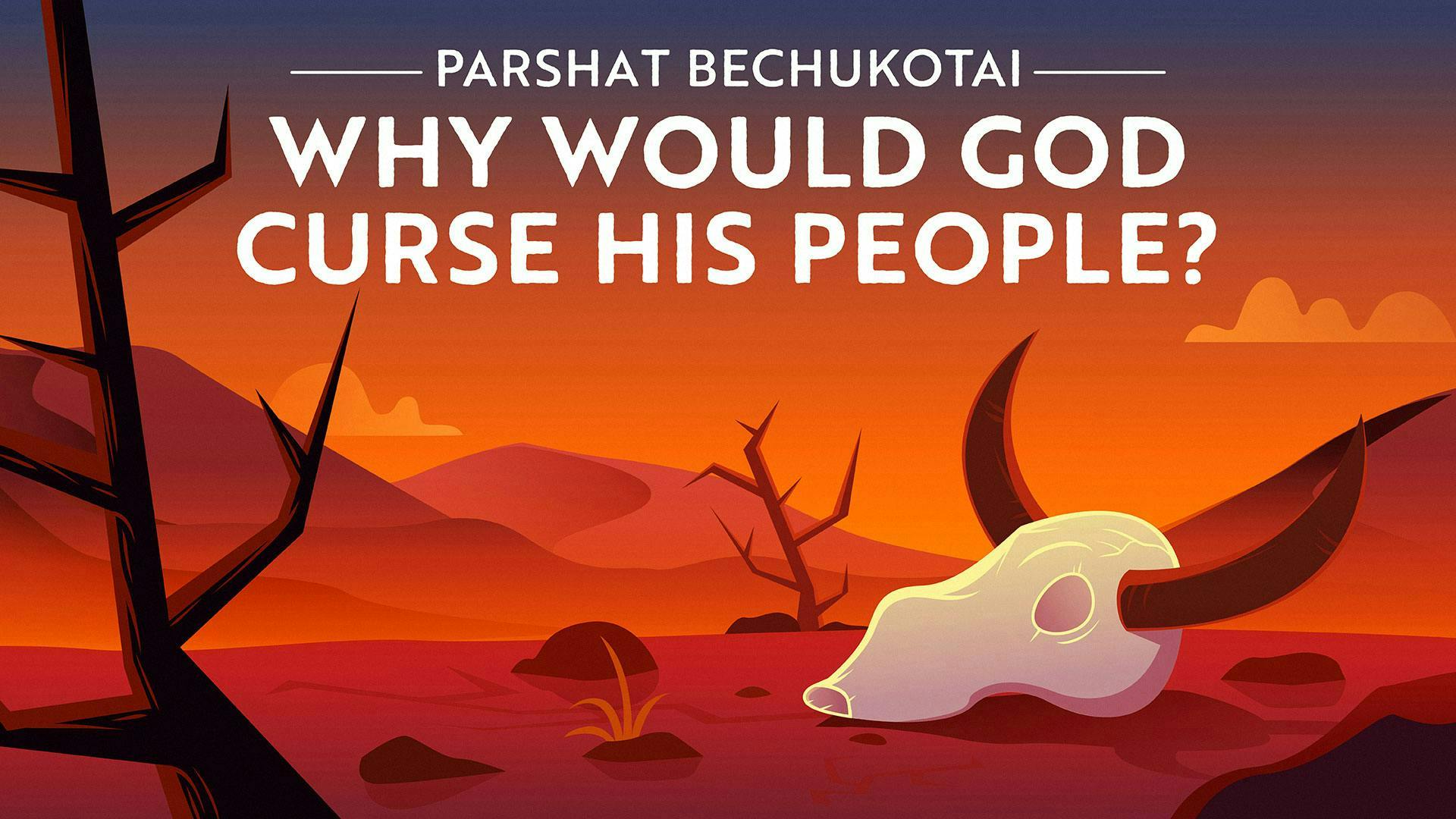
The Real Reason For God's Curses In The Bible
Animated Video • 14 min
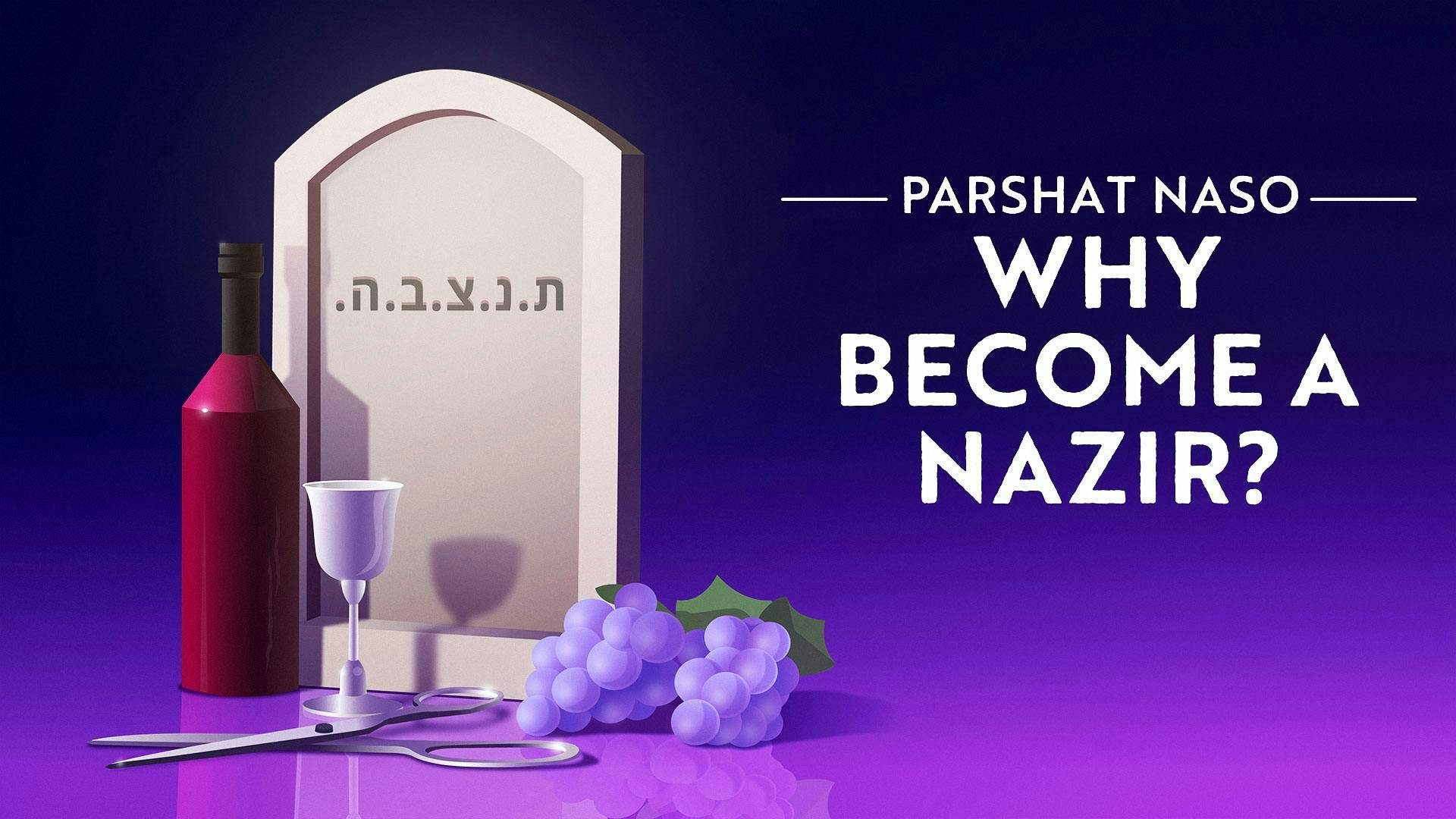
Why Would Anyone Want to Be a Nazir?
Animated Video Series • Part 1 of 2 • 16 min
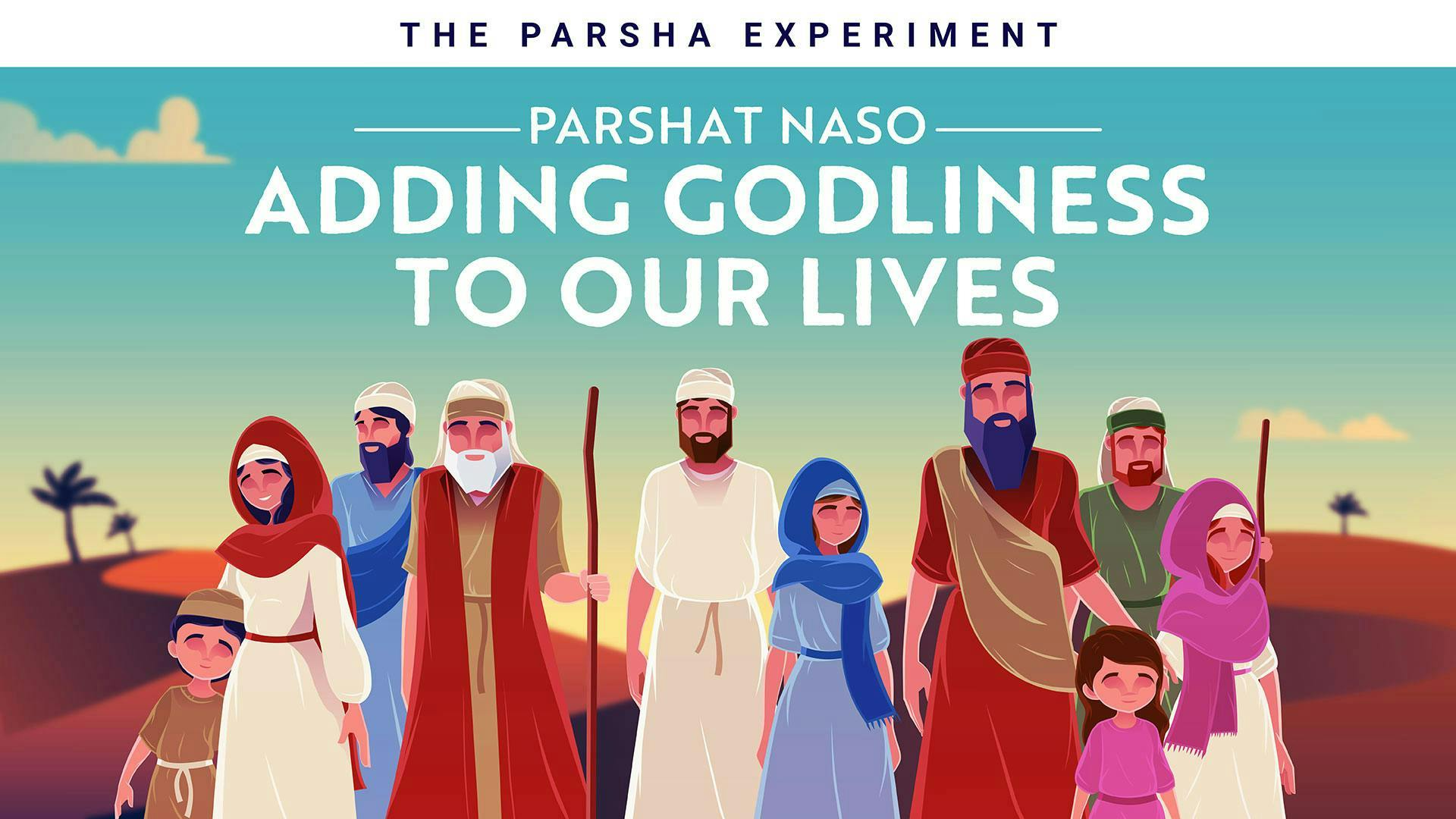
The Hodgepodge of Laws in Parshat Naso
Animated Video • 15 min
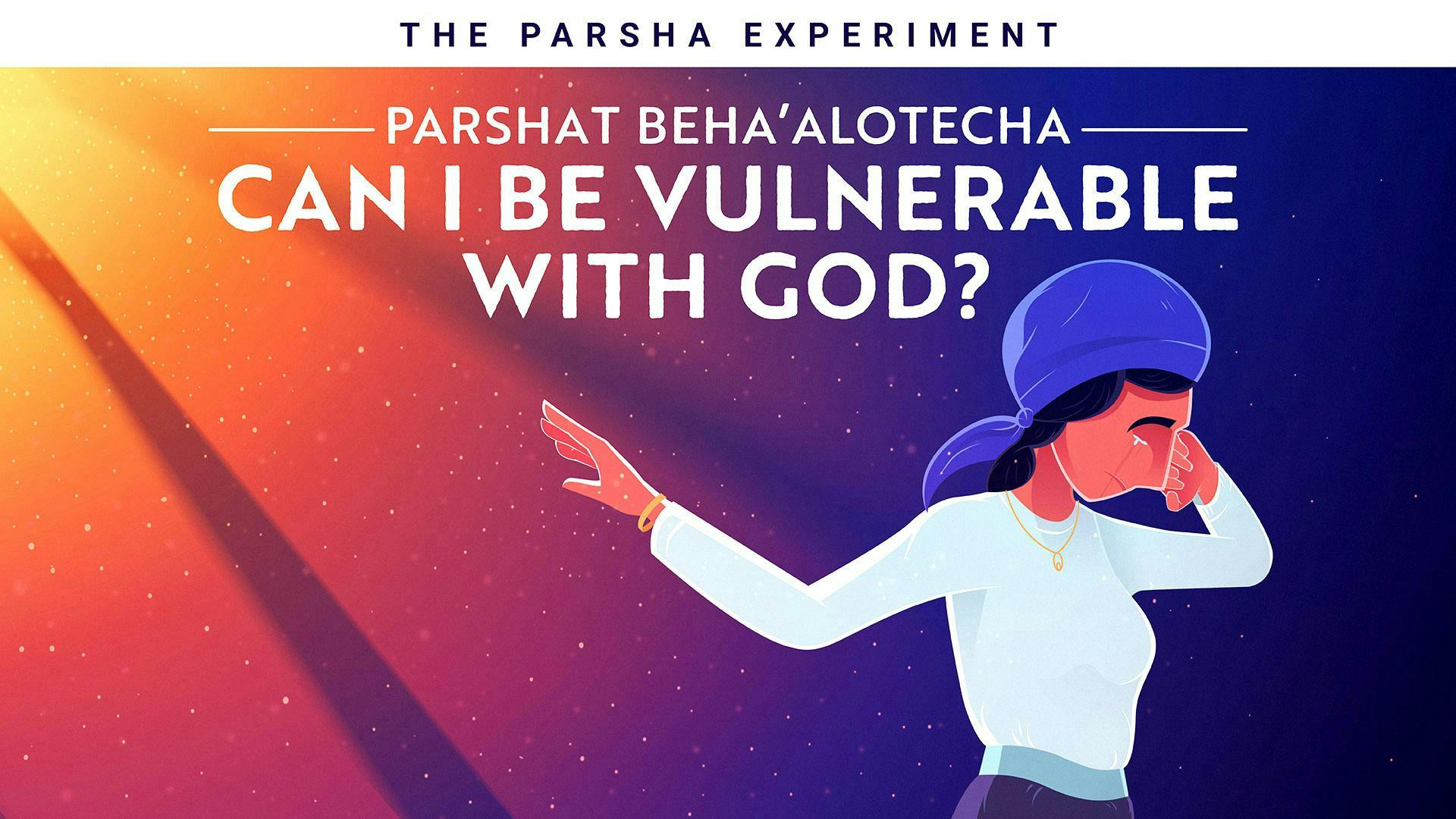
Understanding Why The Israelites Complained About Manna
Animated Video • 13 min
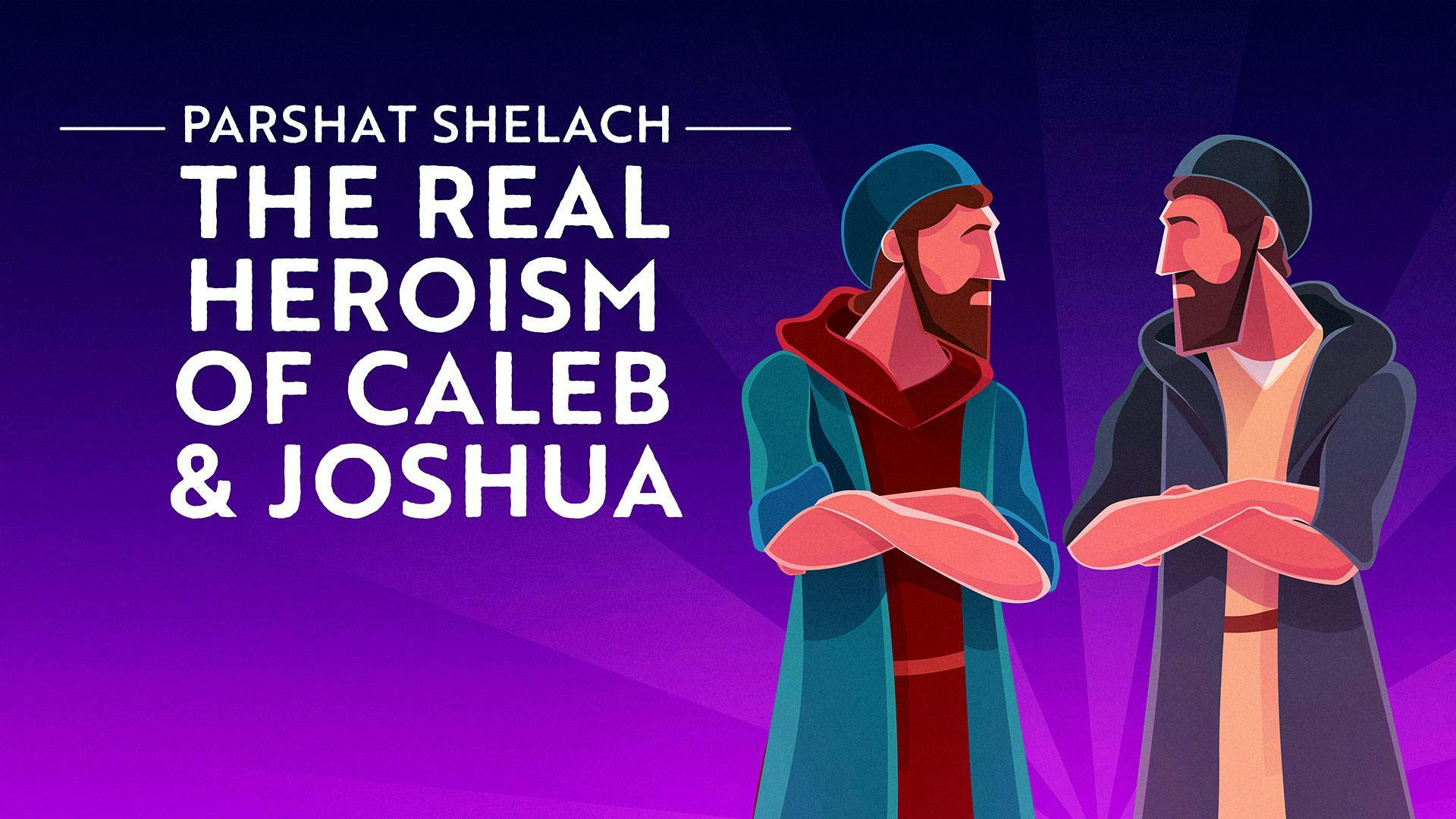
The Good Spies: How Negative Character Traits Can Become Positive
Animated Video Series • Part 1 of 2 • 14 min
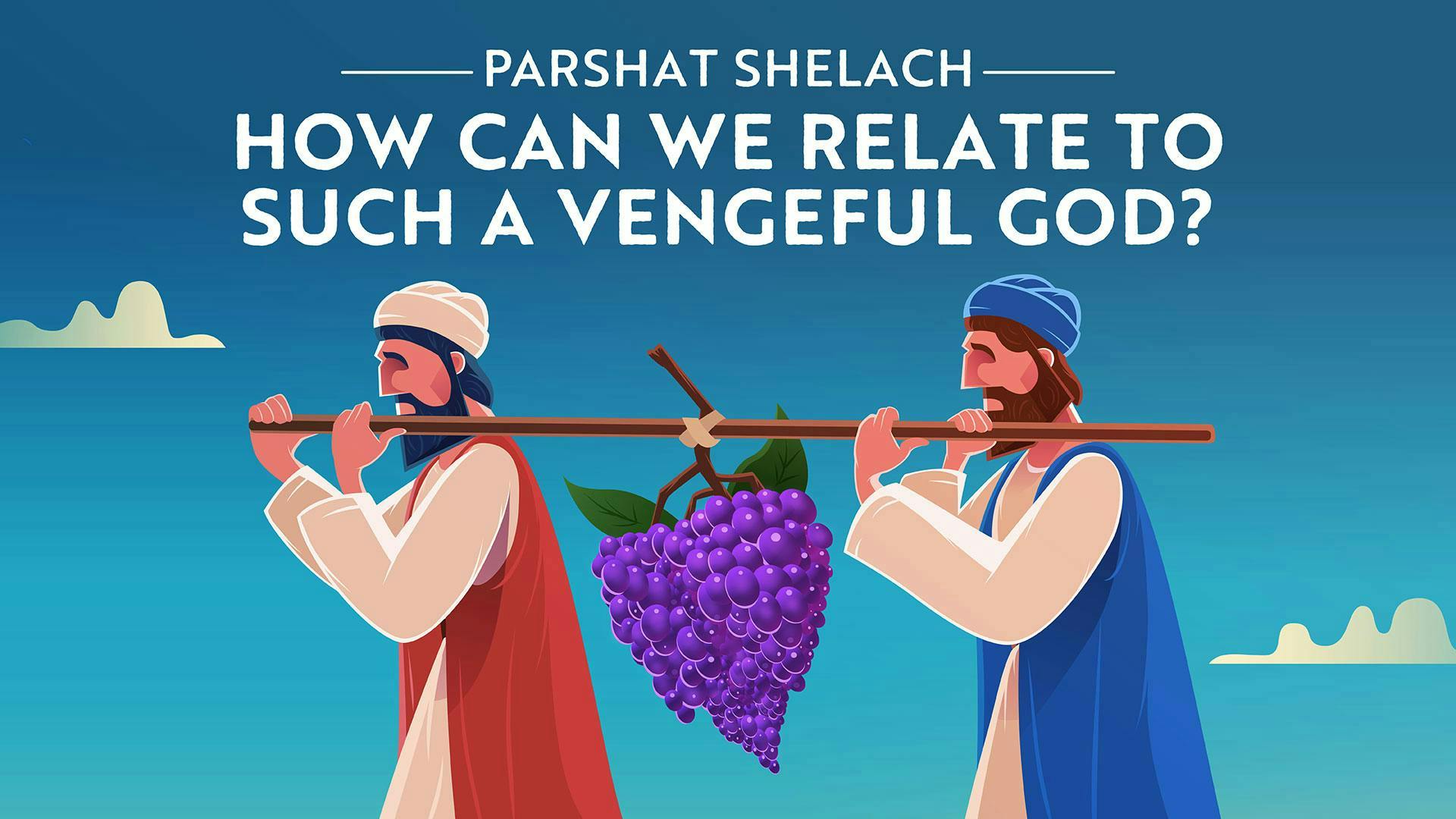
Why God Made The Israelites Wander The Desert For 40 Years
Animated Video • 18 min
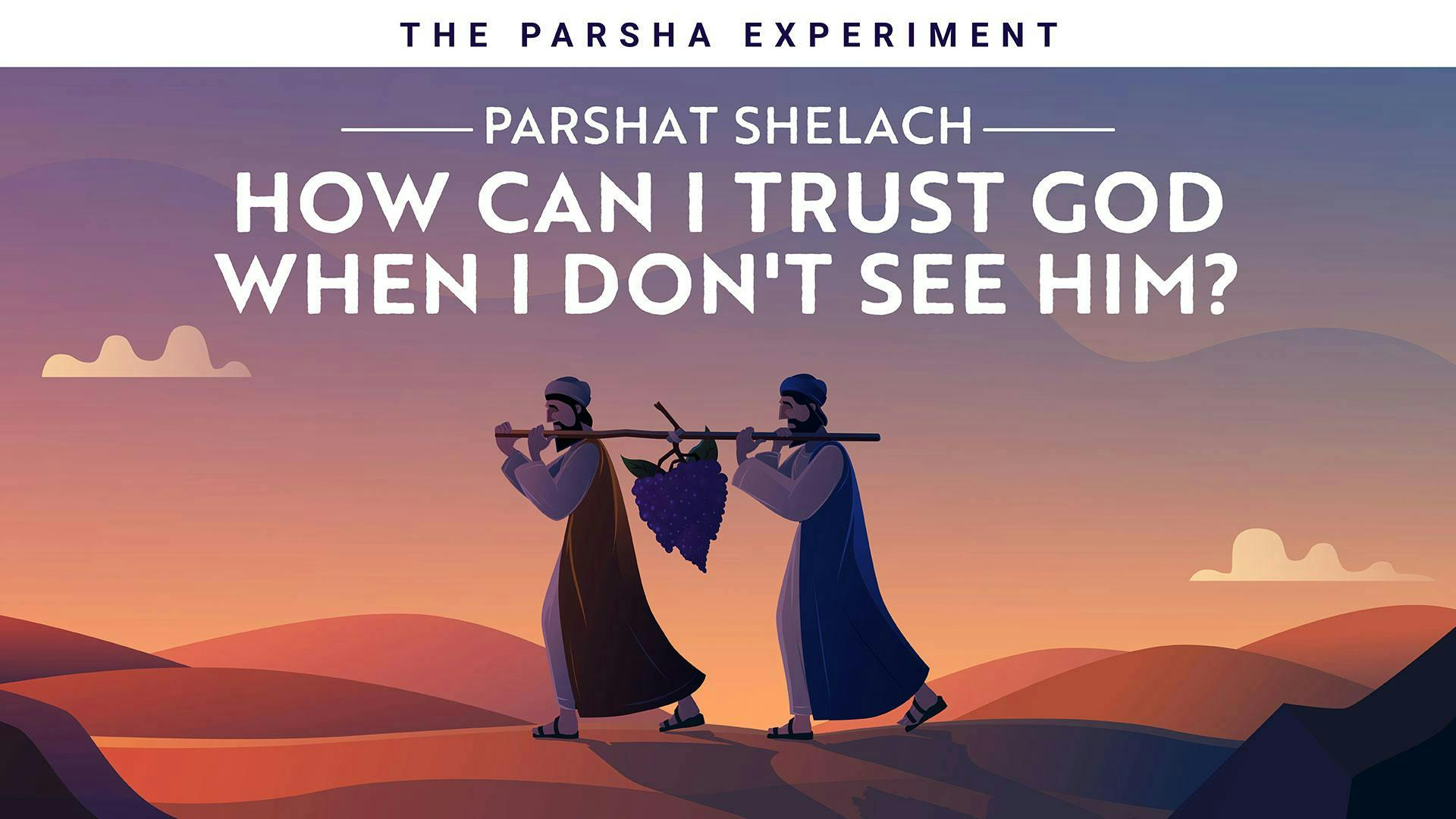
What Was The Real Sin Of The Spies Of Canaan?
Animated Video • 14 min
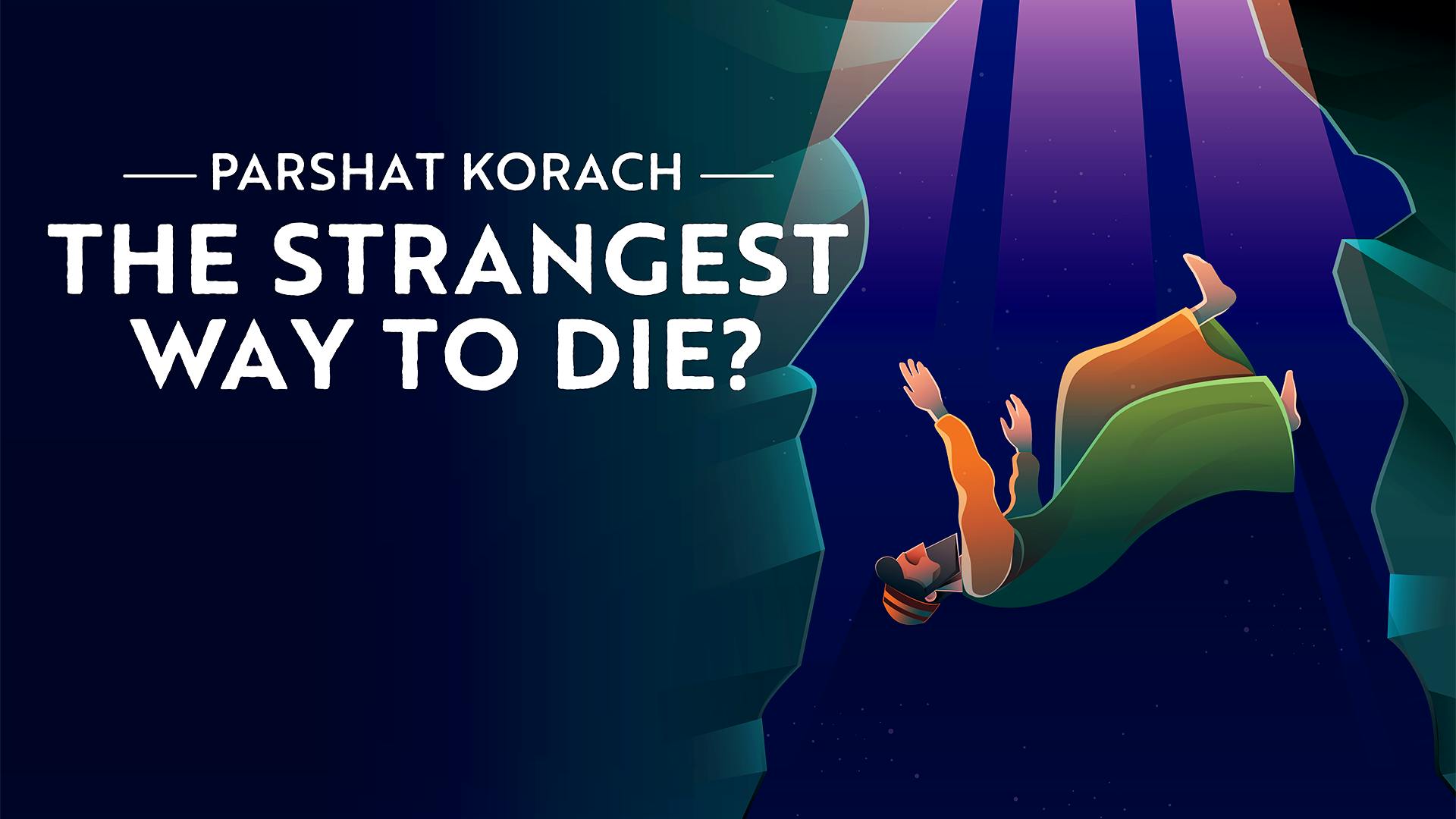
The Earth Swallowing Korach Was Poetic Justice
Animated Video • 13 min
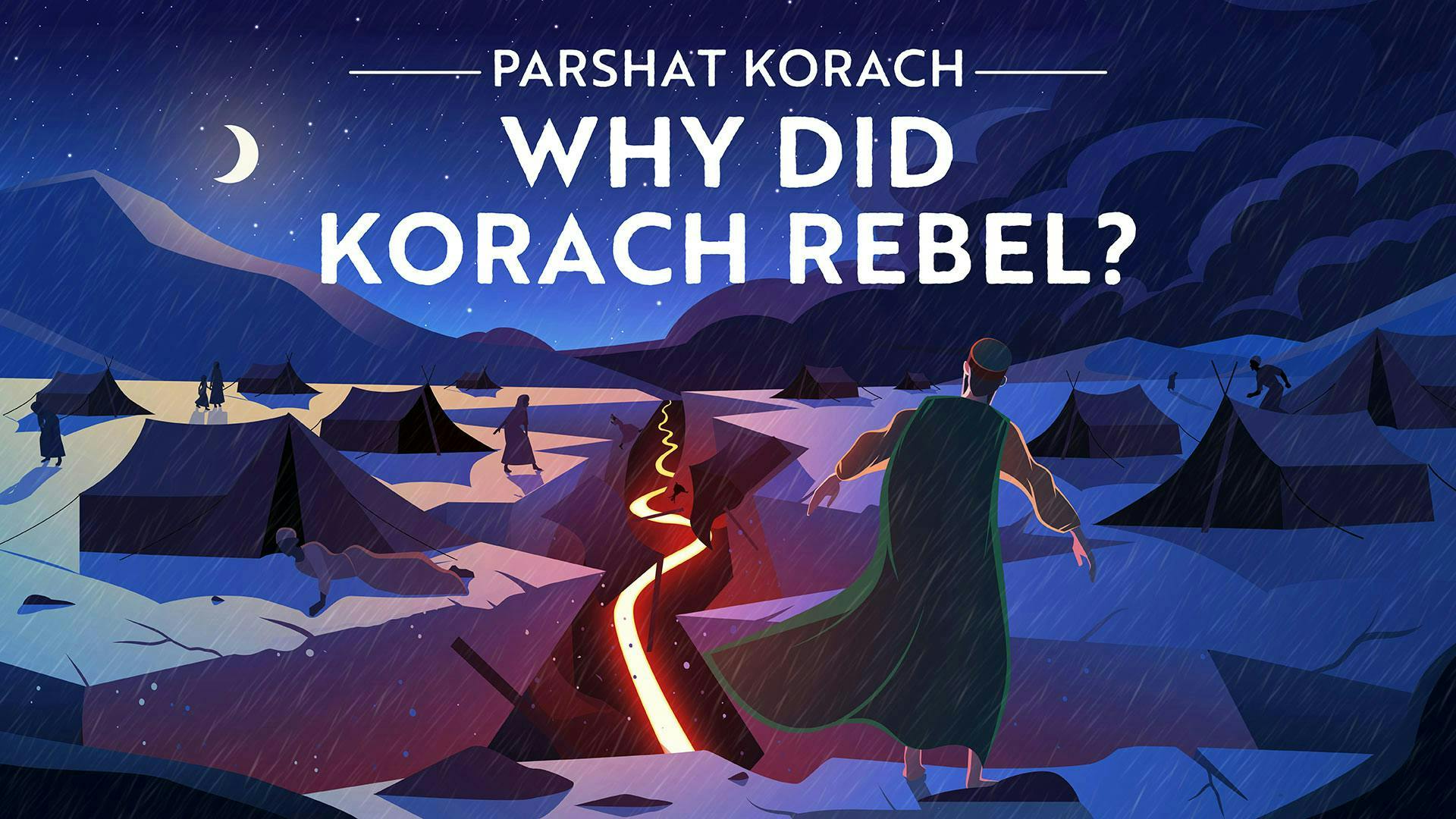
When Grief Turns Destructive
Animated Video • 14 min
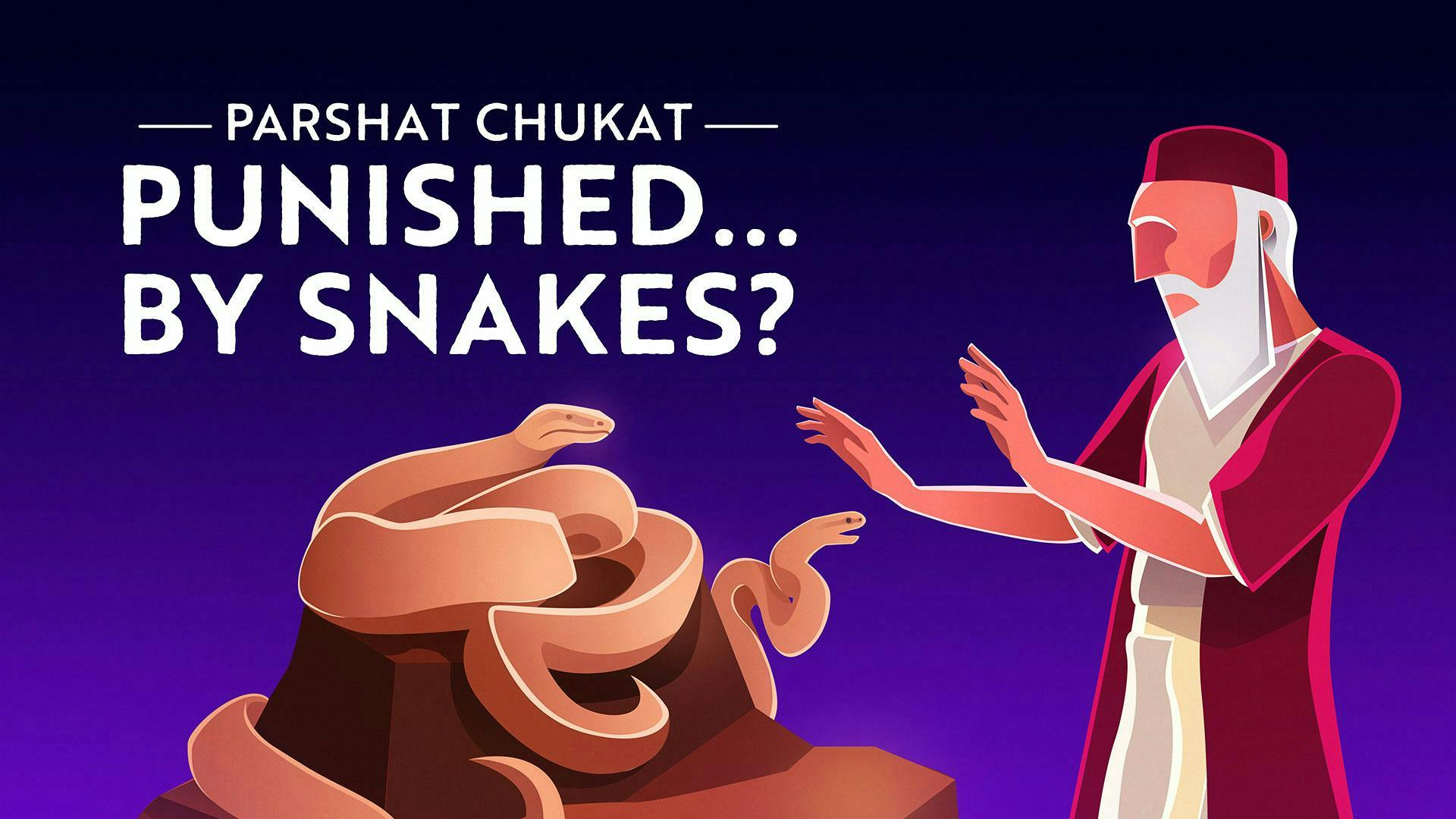
The Lesson Behind Moses And The Fiery Serpents
Animated Video • 15 min

Why Do We Need A Red Heifer?
Recorded Lecture • 26 min
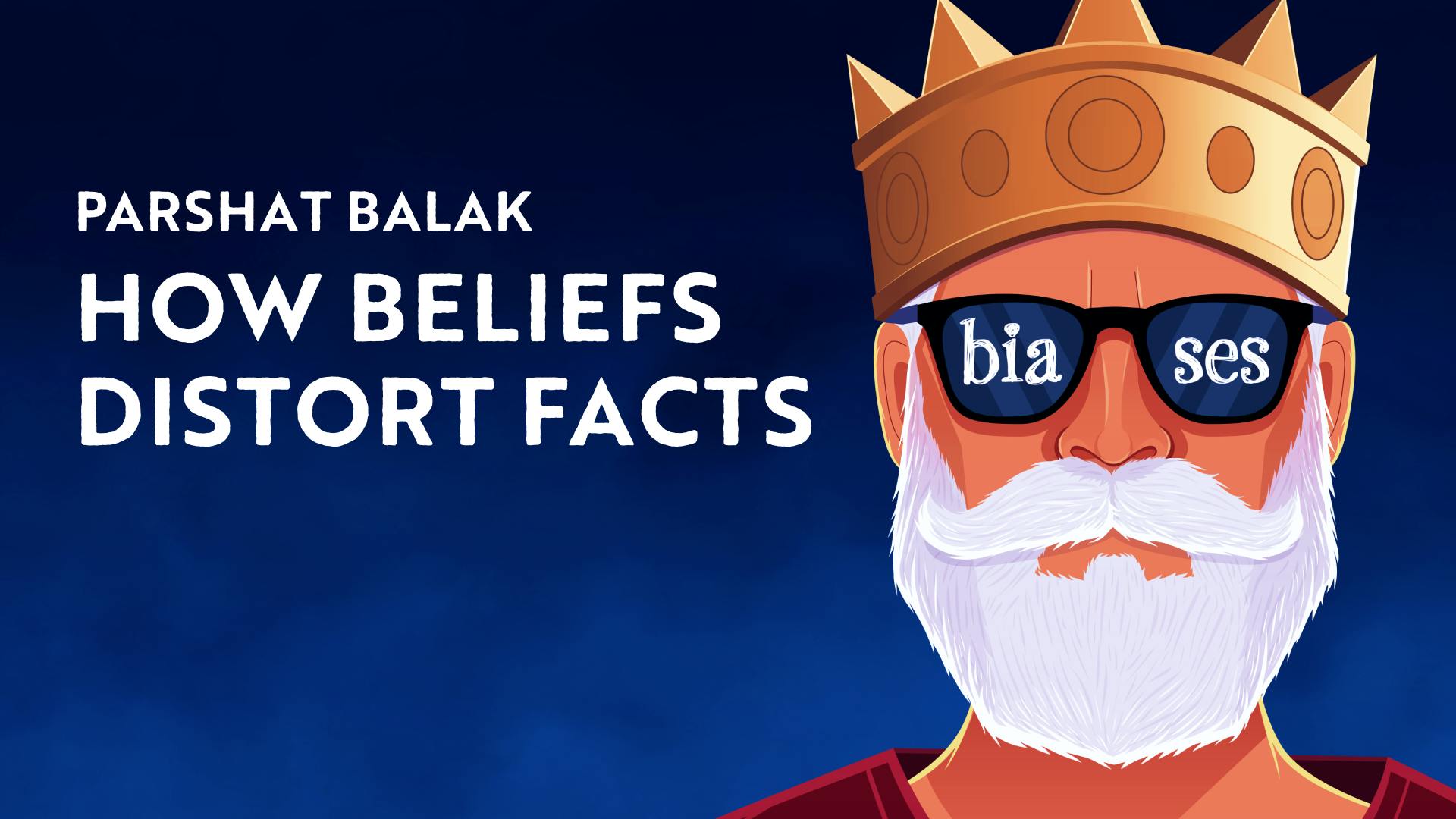
Balak Was Biased. Sometimes We Are Too.
Animated Video • 15 min
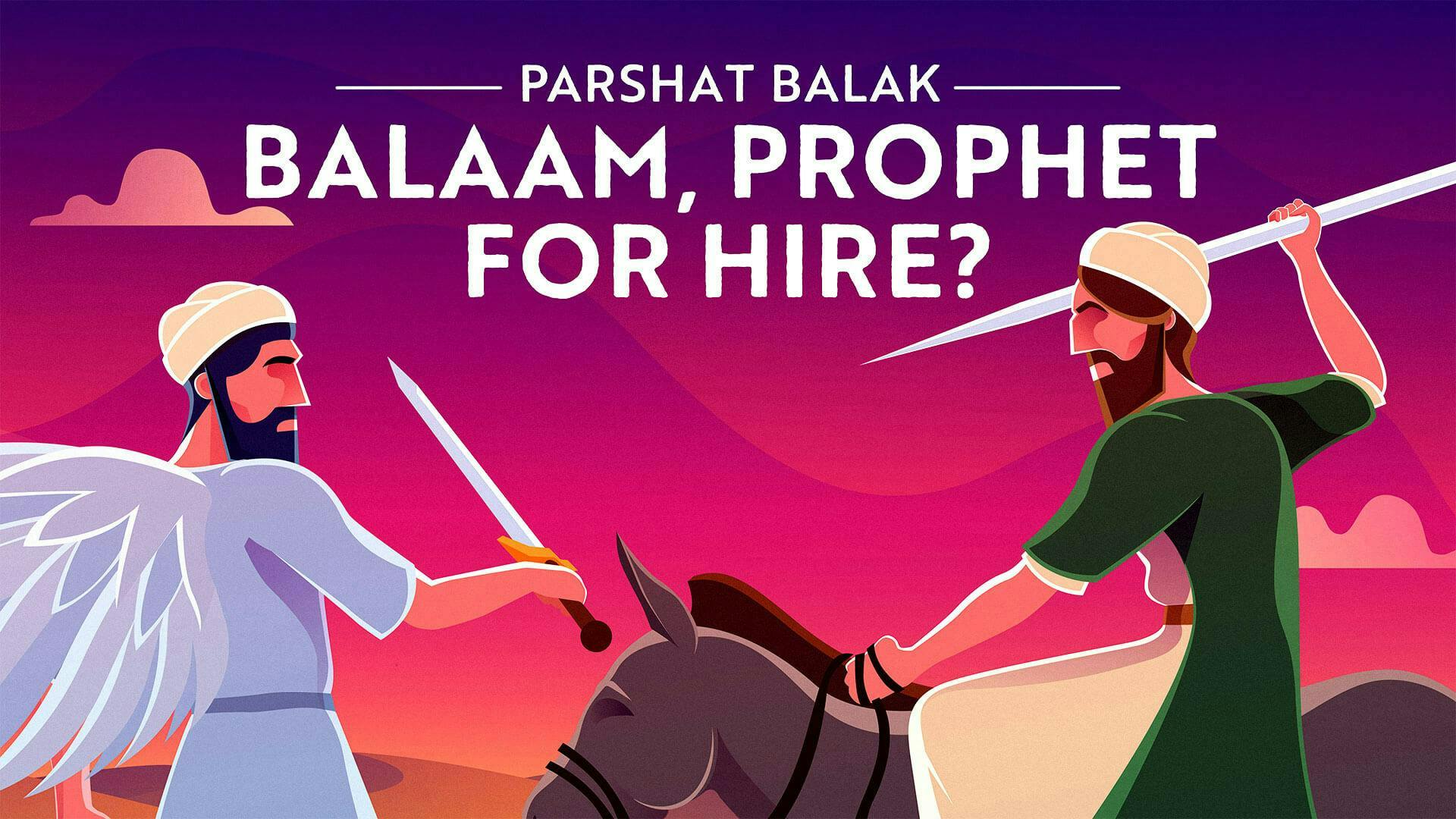
Balaam vs Abraham: Two Prophets, Opposite Outcomes
Animated Video • 13 min
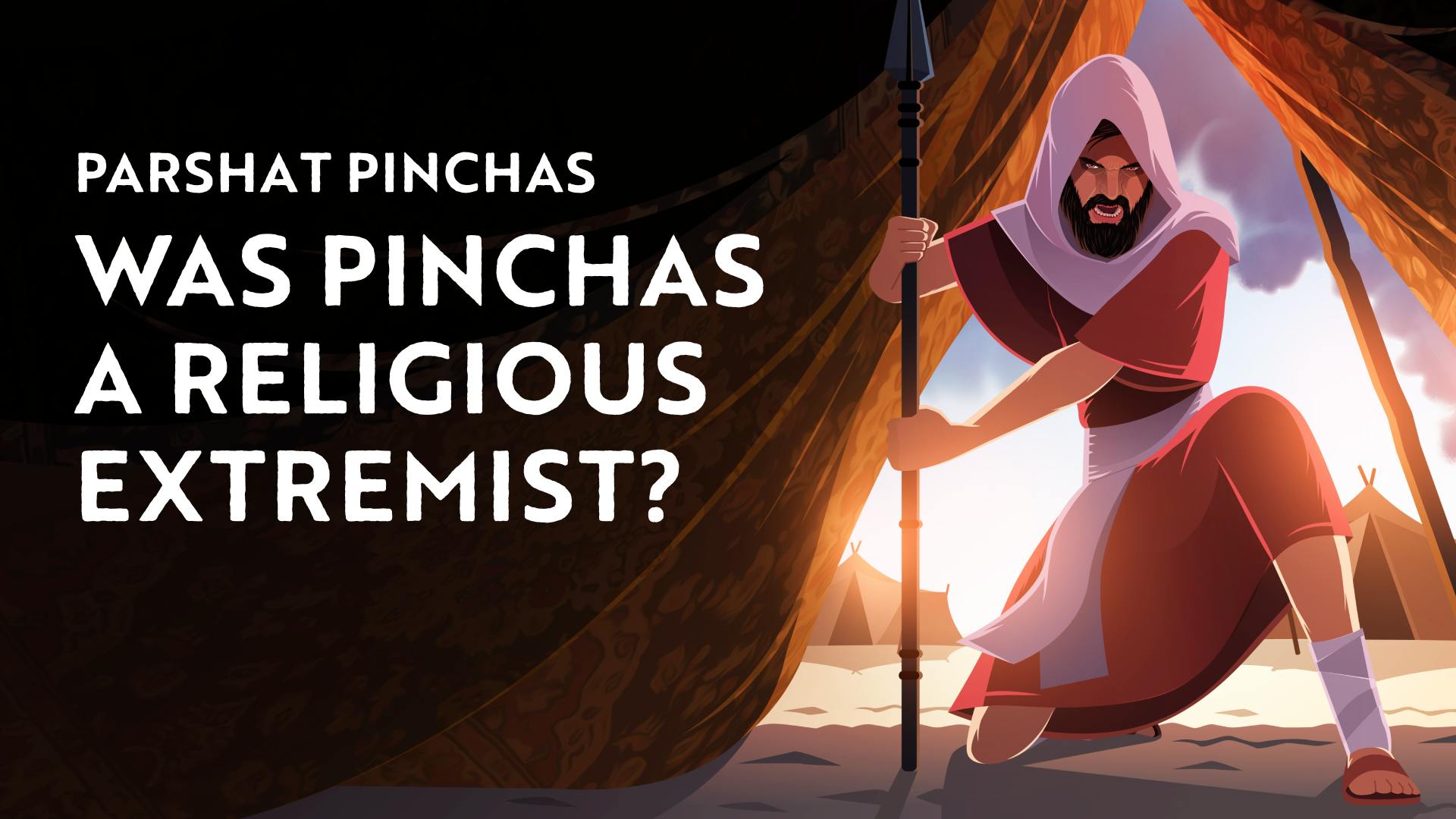
The Right Way to Be a Zealot
Animated Video • 14 min

How Is Land Ownership Connected To The Pesach Sheni Offering?
Recorded Lecture • 32 min
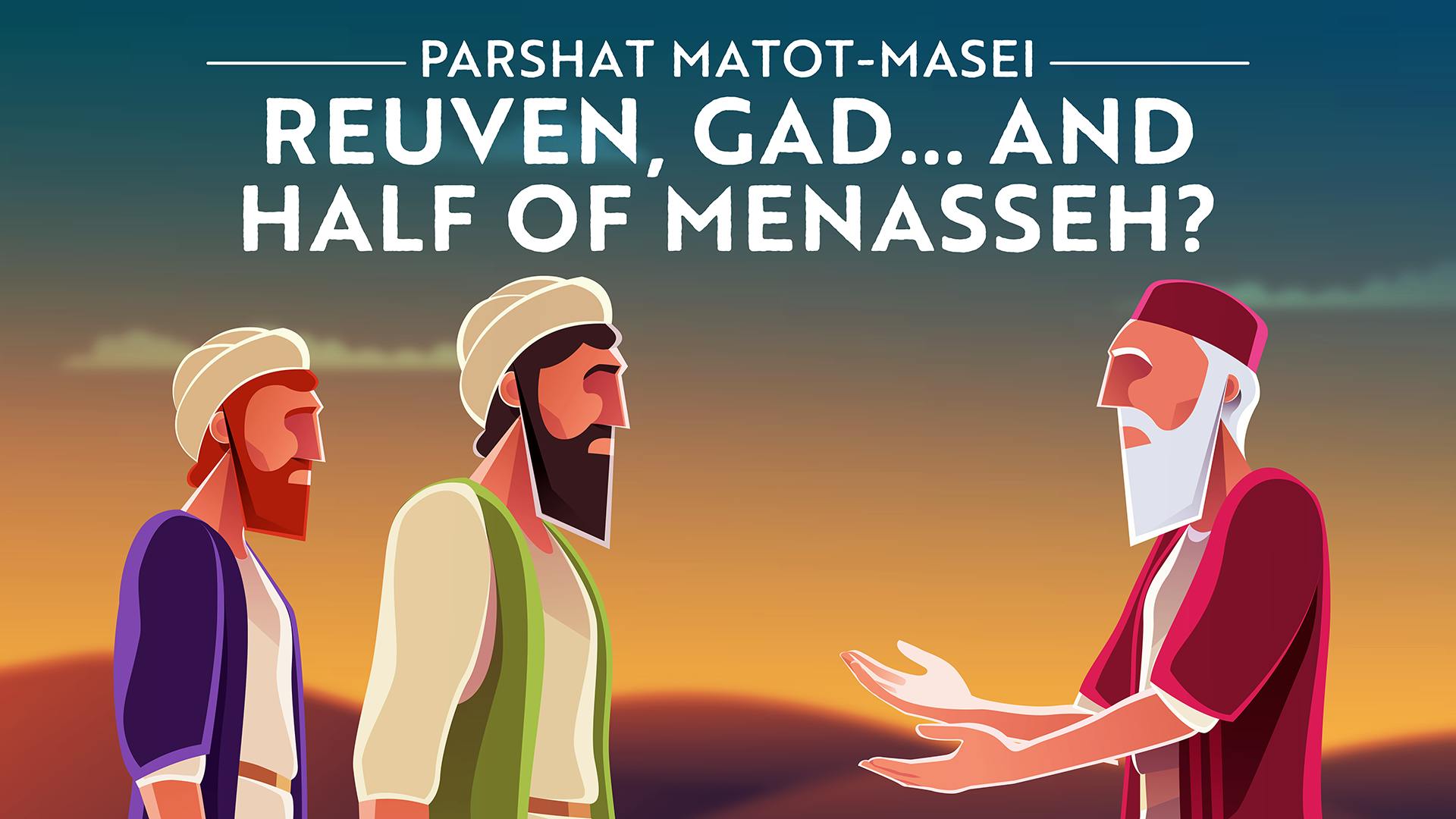
The Mystery Of The Half Tribe Of Manasseh
Animated Video • 13 min
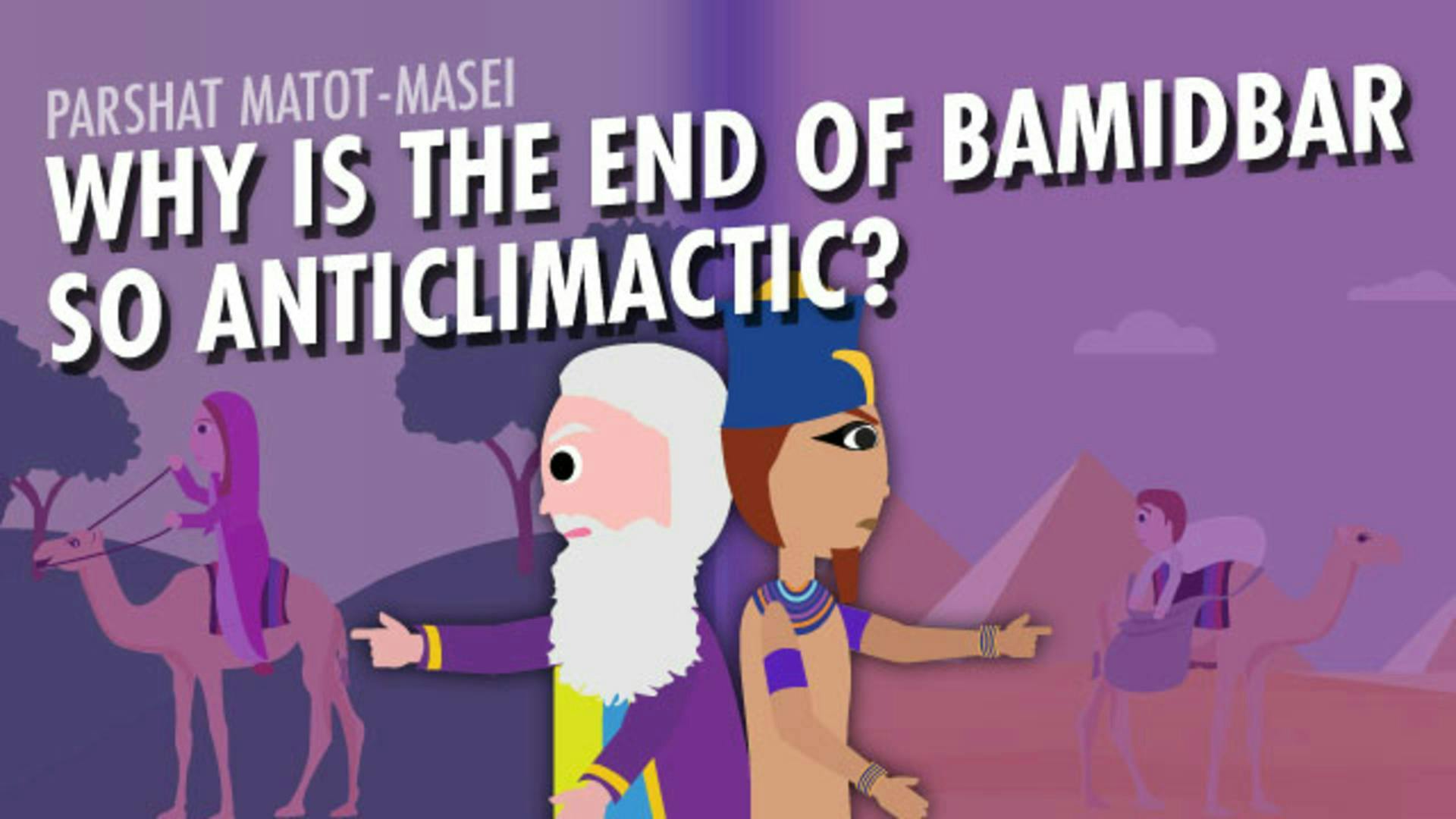
The Secret Ending of the Entire Torah
Animated Video Series • Part 1 of 2 • 13 min
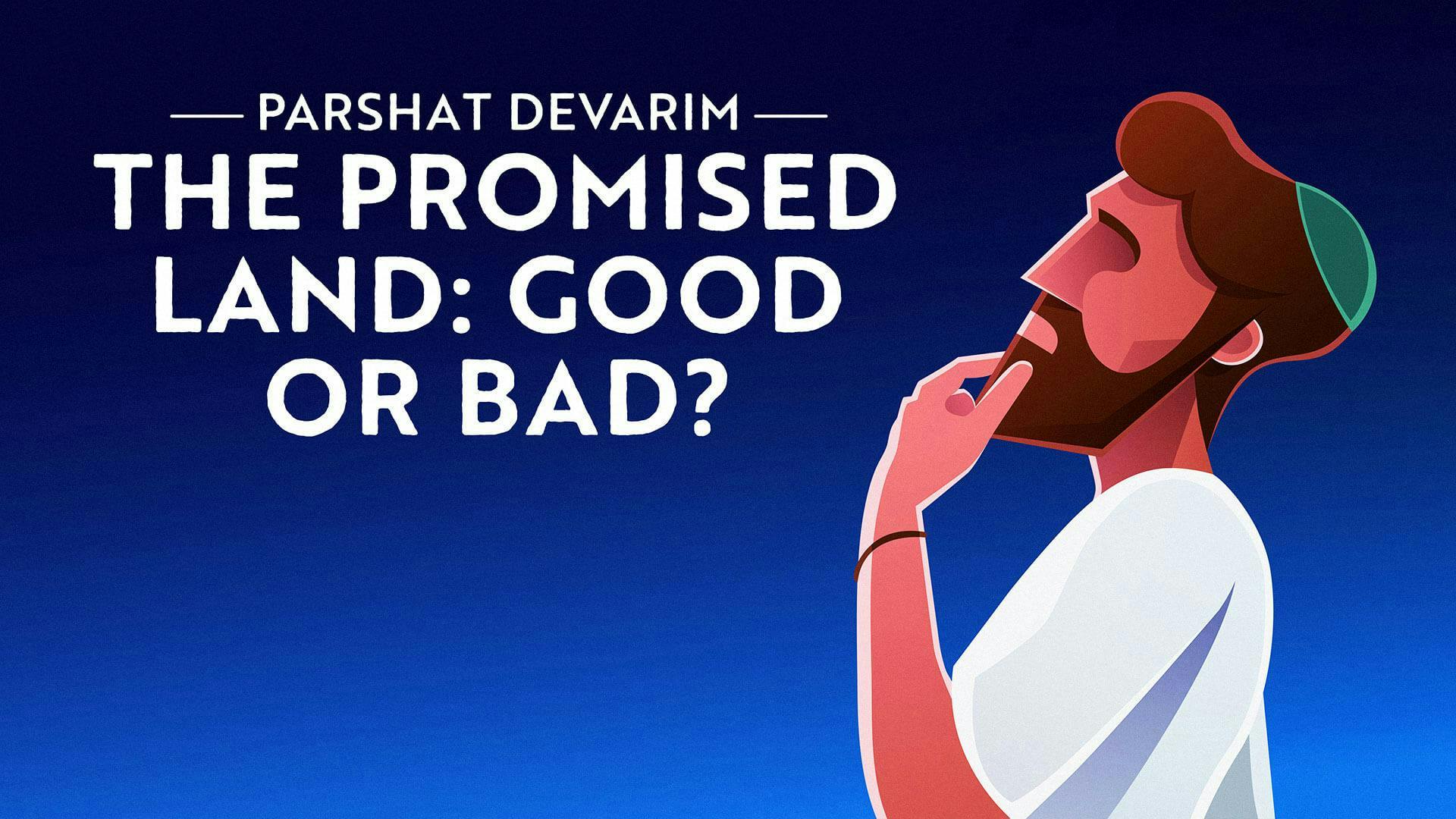
The True Sin Of Israel Rejecting The Promised Land
Animated Video • 15 min

How Israel Is Meant To Relate To The Canaanite Nations
Animated Video • 14 min
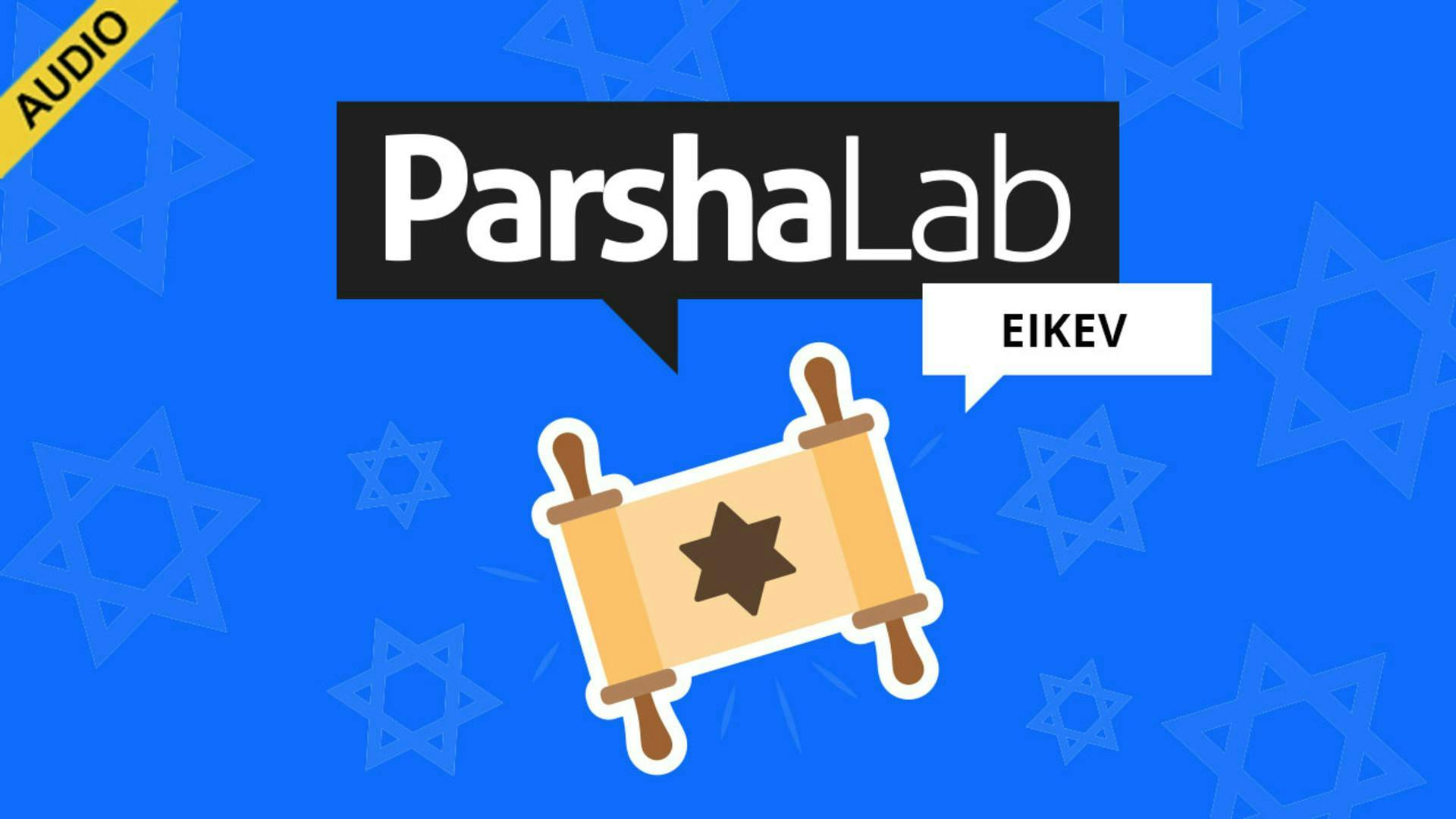
Is This Another Akeidah?
Recorded Lecture • 31 min
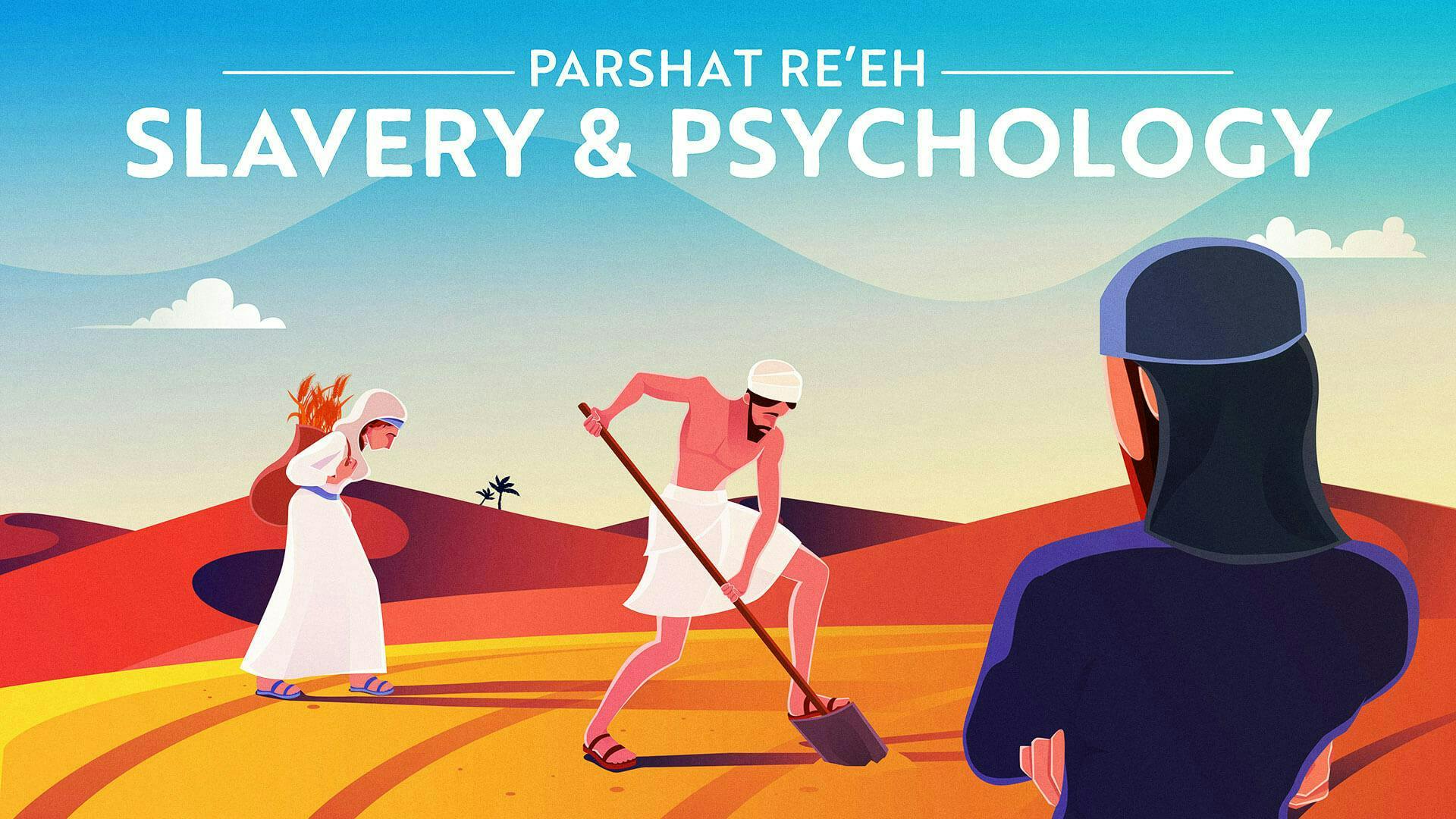
Did God Play Mind Games With Our Egyptian Masters?
Animated Video • 11 min
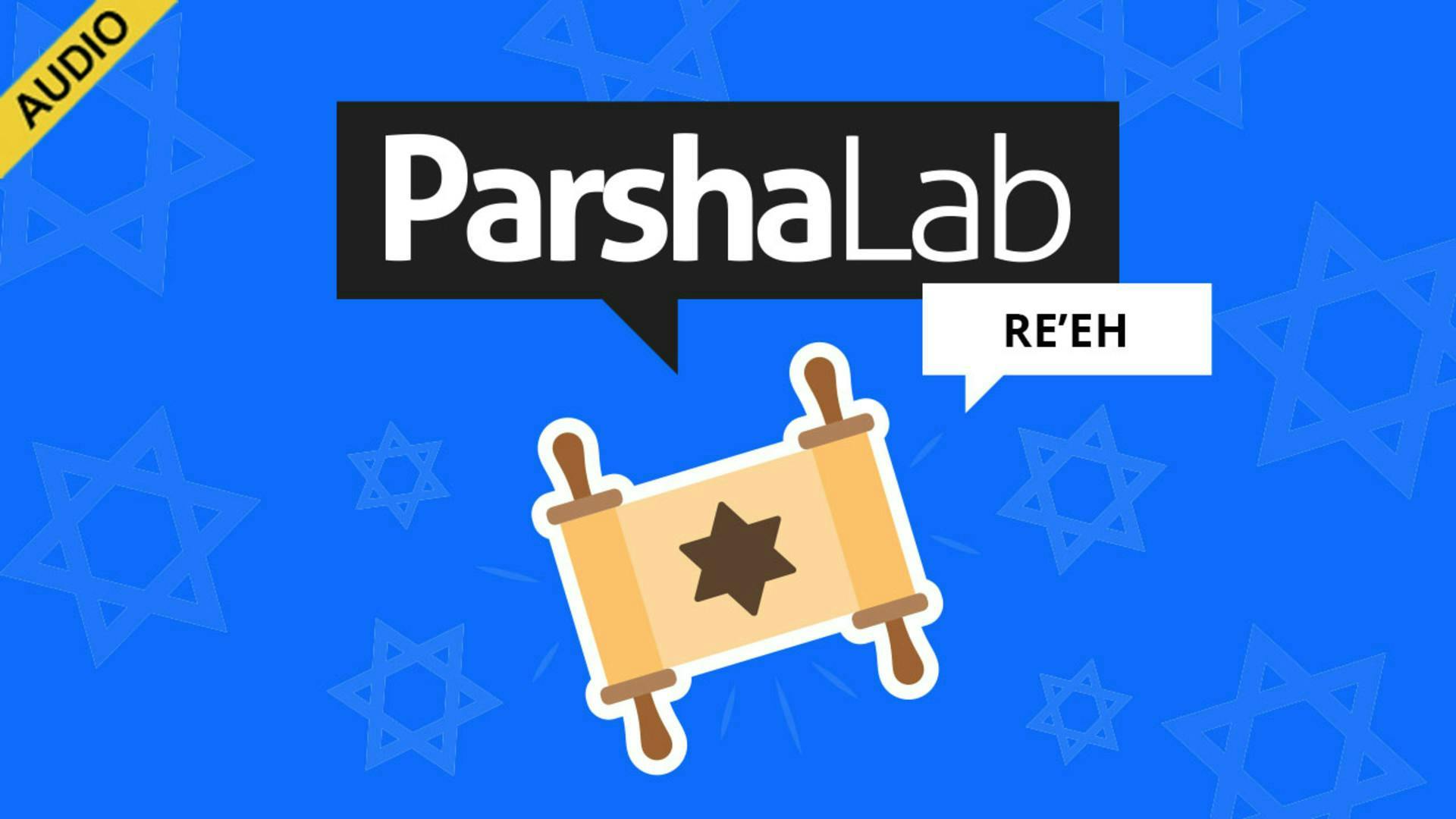
How Does God Really Feel About Child Sacrifice?
Recorded Lecture • 33 min
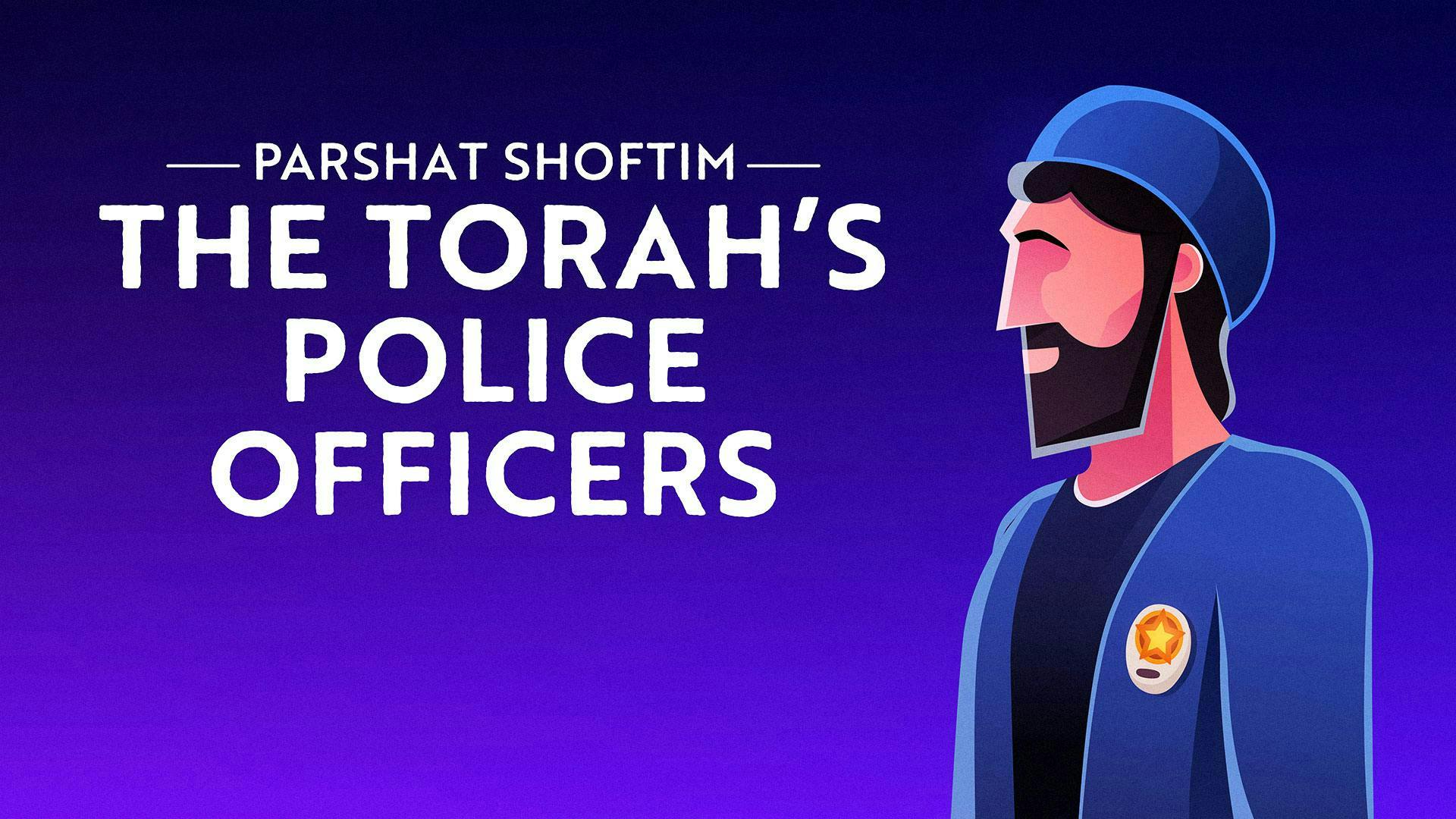
Shotrim: A Biblical Model for Leading With Humanity
Animated Video • 11 min

Parshat Shoftim: What Does It Mean To Be A Fair Judge?
Recorded Lecture • 28 min
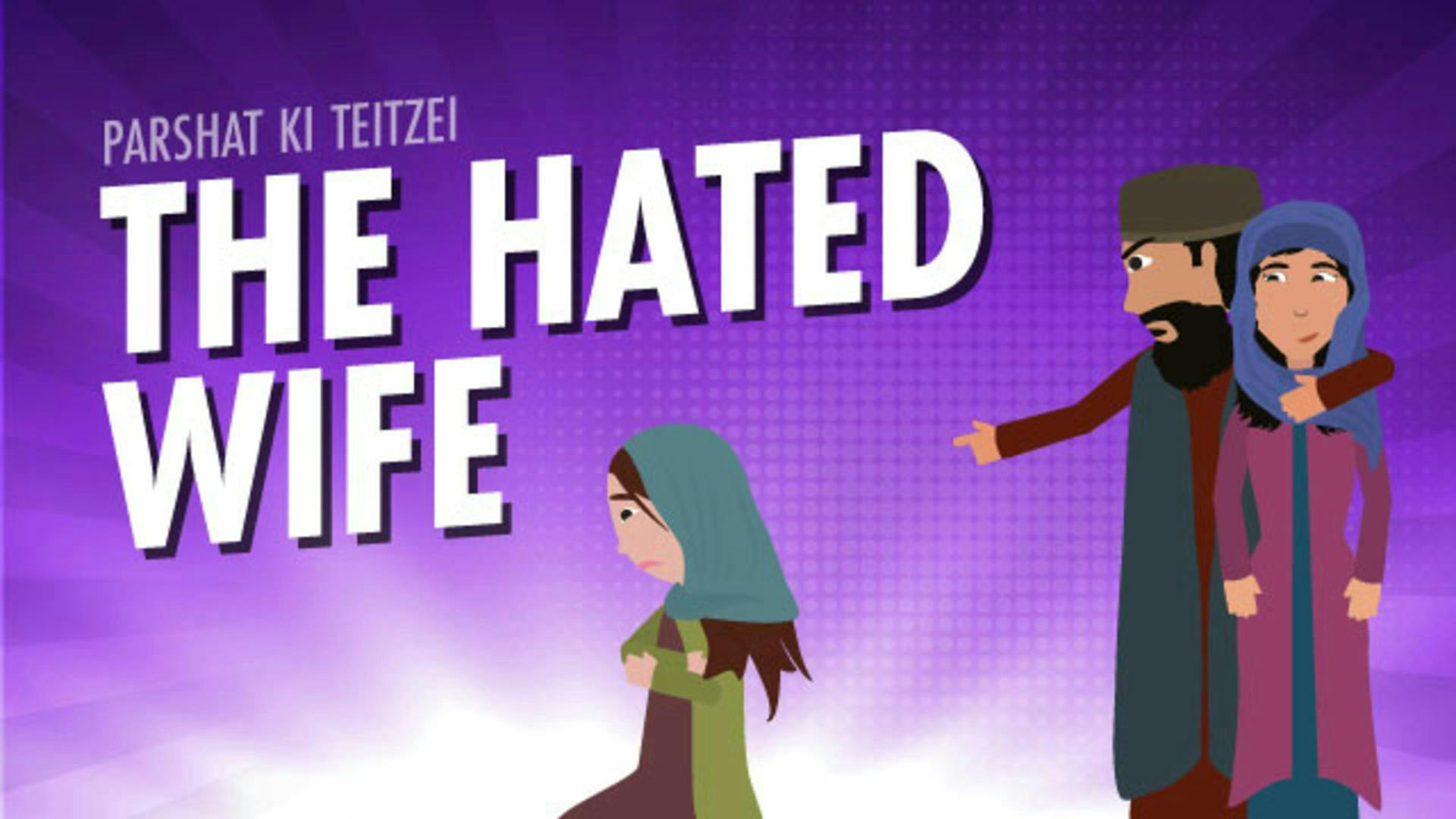
The Strange Laws Of Firstborn Inheritance In The Bible
Animated Video • 11 min
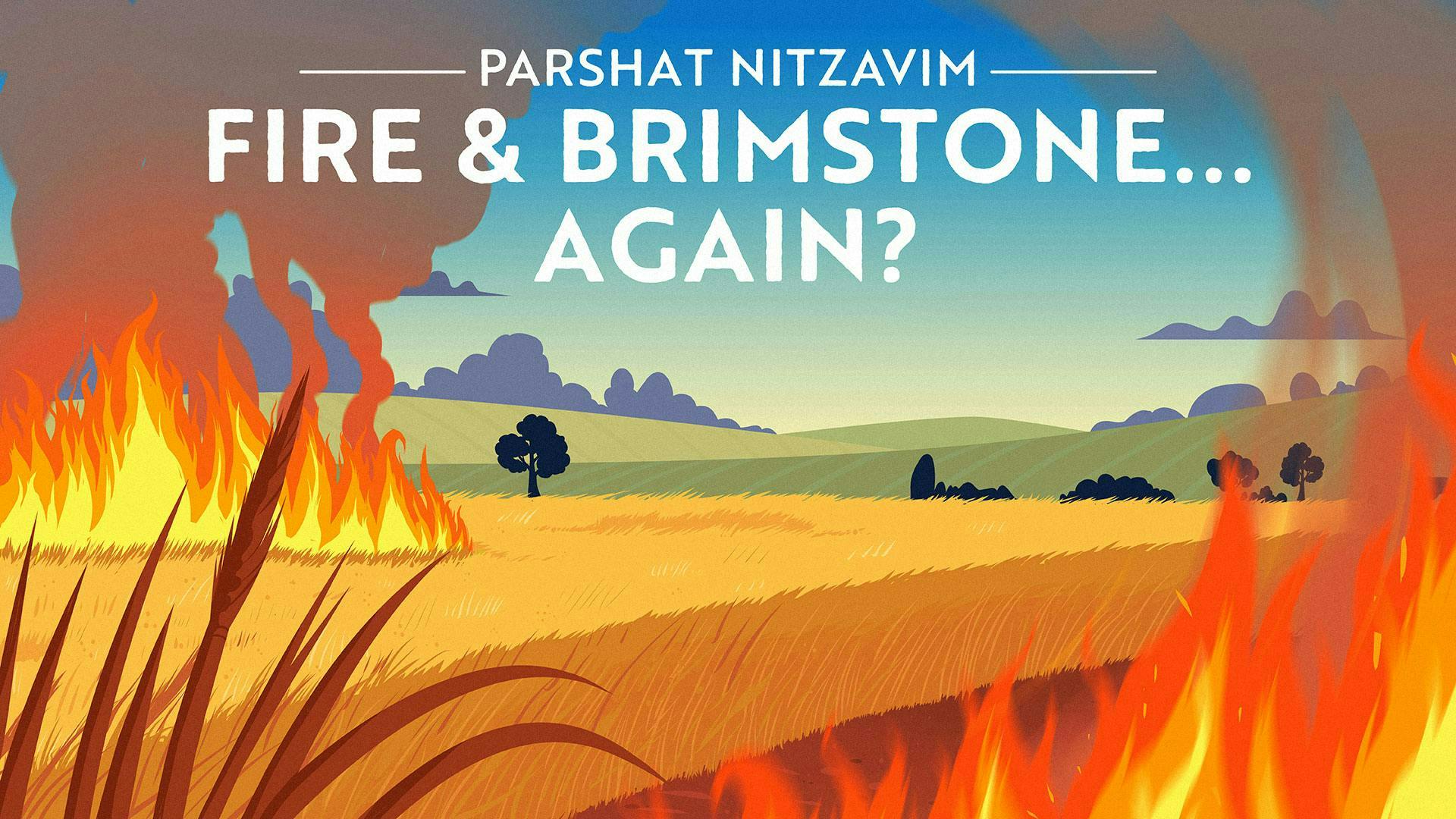
The Surprising Relationship Between Blessing And Curses In The Bible
Animated Video • 16 min
Tools For Close Reading // Chiasms
A chiasm, or chiastic structure, is a literary device in which ideas or words are mirrored in reverse order. Chiasms can be thematic and span larger texts, and they can also appear in shorter verses. For example, in Genesis 9:6, the Hebrew verse states: “Whoever sheds the blood of man, by man shall his blood be shed.” This structure creates a clear “A-B-B-A” pattern, emphasizing the gravity of the message and the interconnectedness of the concepts. Studying chiasms reveals unexpected insights through these parallels, drawing our attention to key themes and central points within the text.
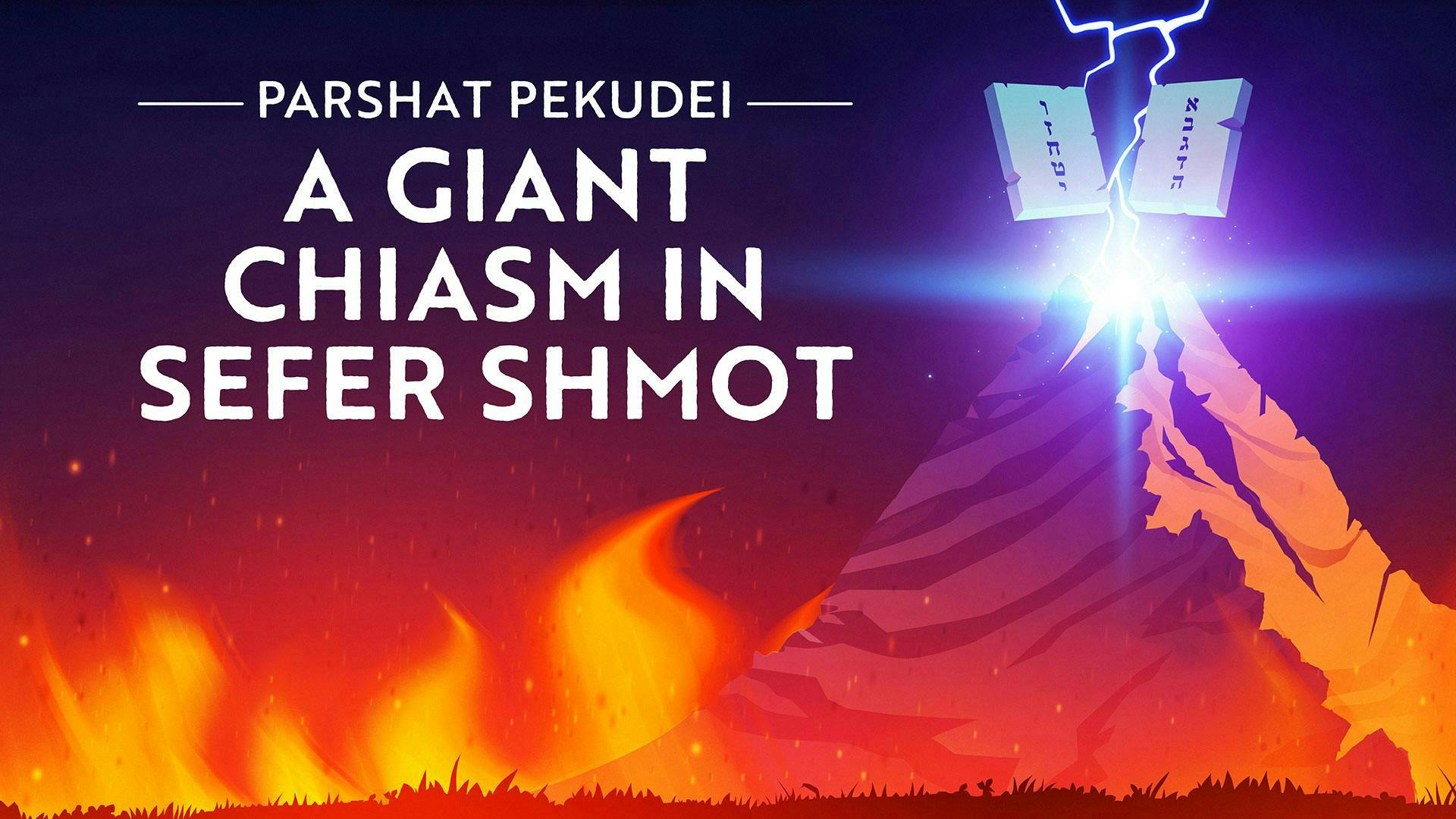
Chiasms in Shemot: How the Torah Encodes Meaning
Animated Video Series • Part 1 of 2 • 11 min
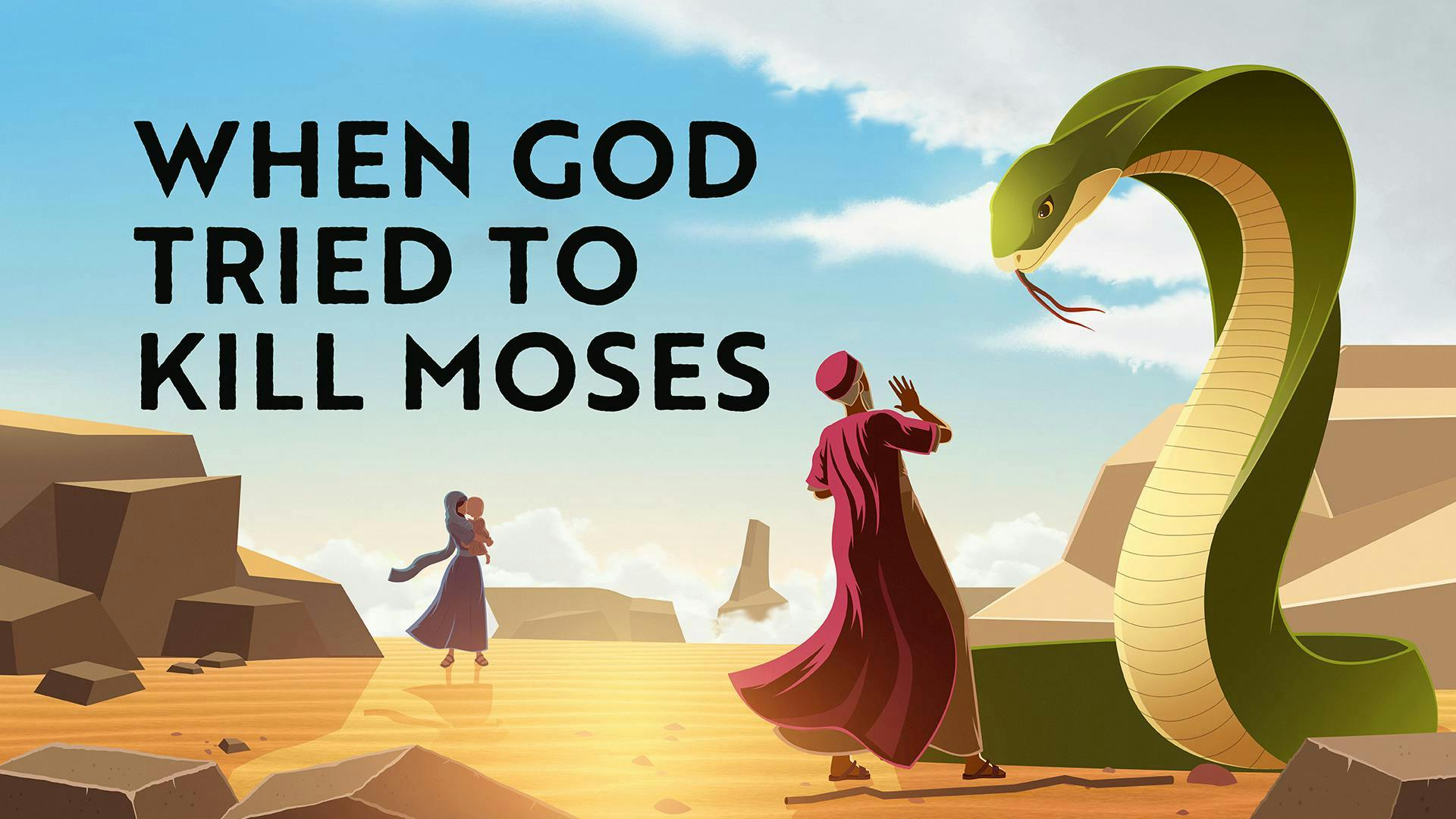
That Bizarre Moment When God Tried to Kill Moses
Animated Video Series • Part 1 of 6 • 14 min

God's Ark And Noah's Ark
Animated Video Series • Part 1 of 2 • 13 min
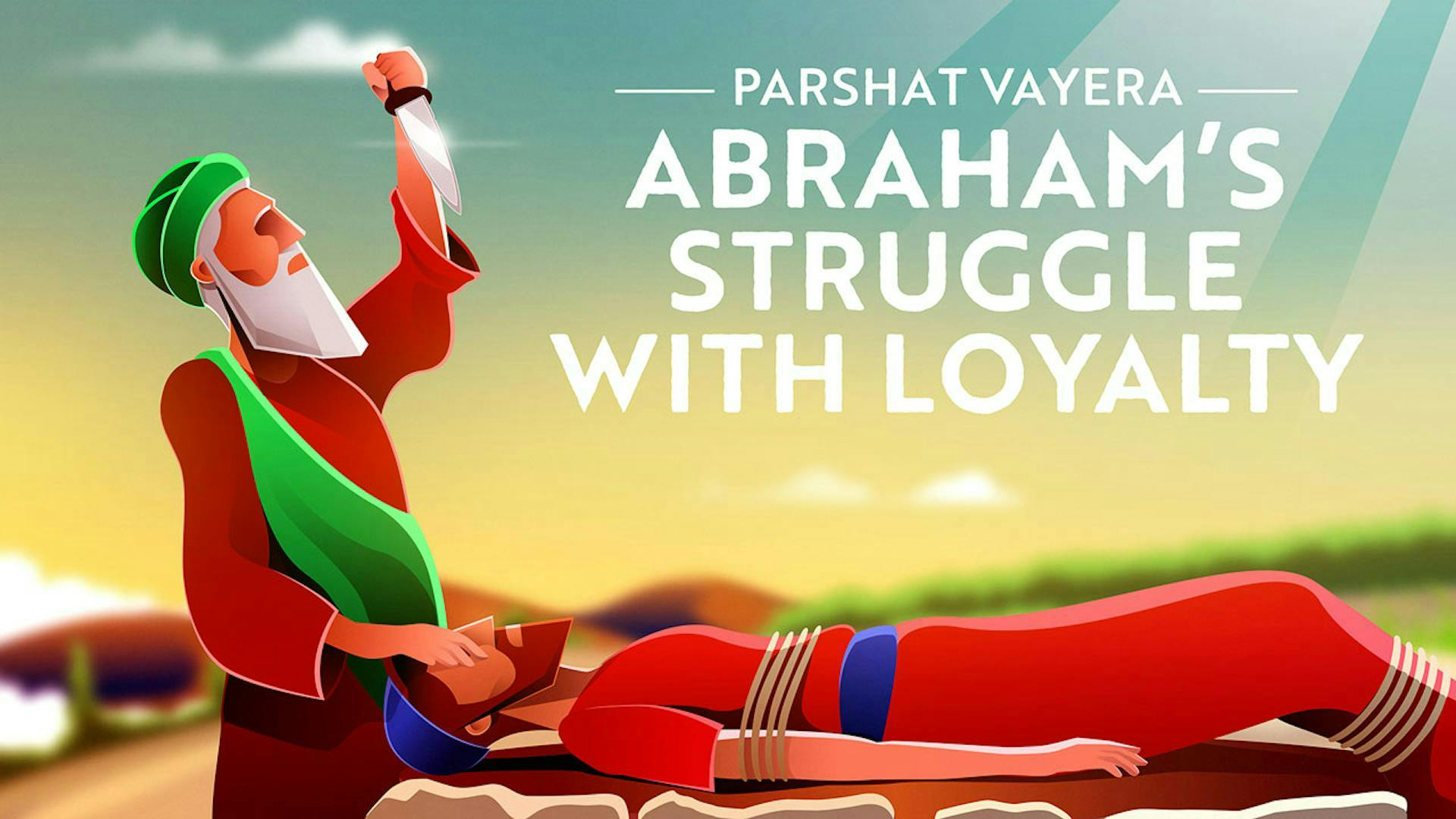
The Real Test Of The Binding Of Isaac
Animated Video • 10 min
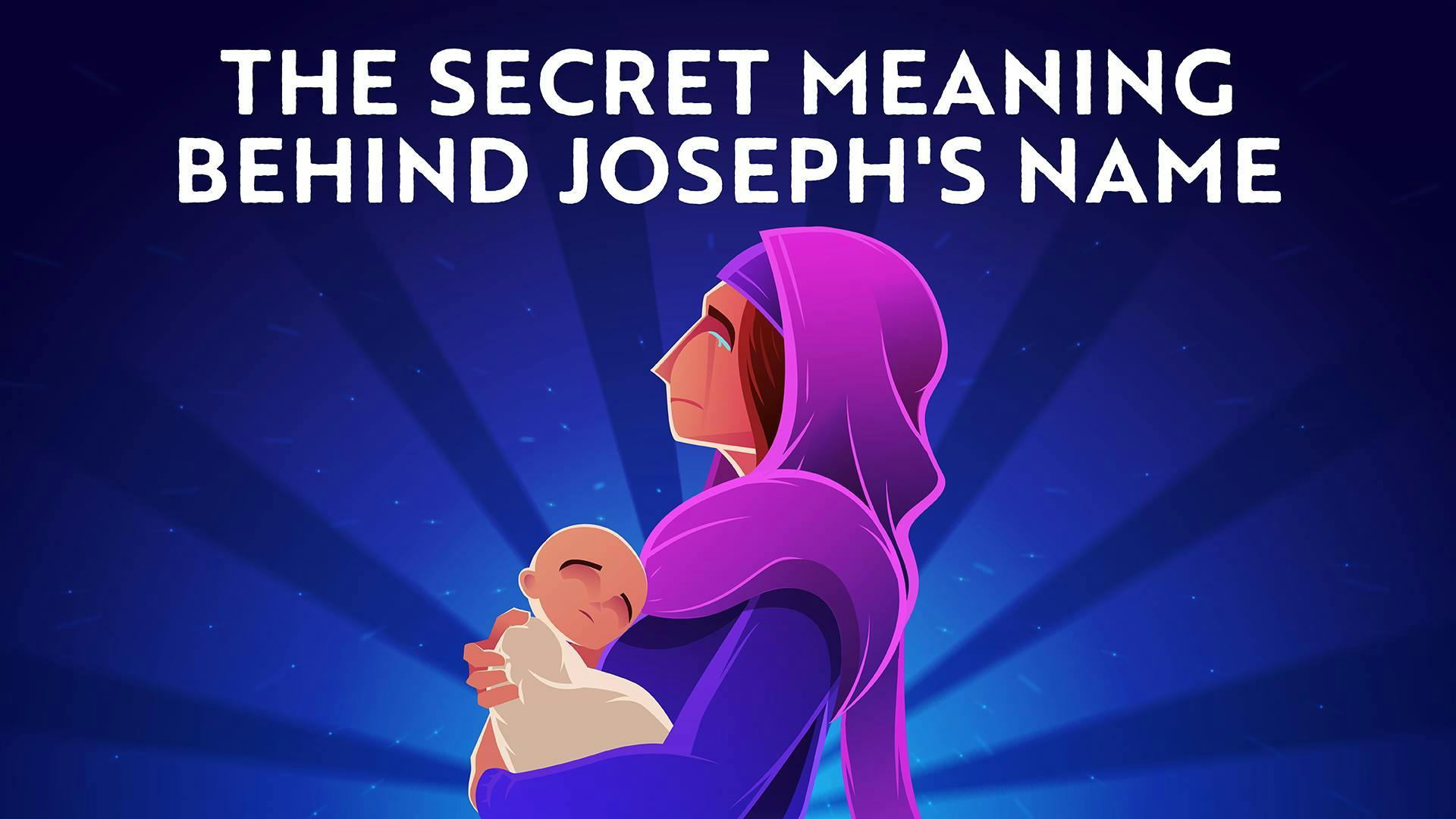
Joseph's Name: Unraveling The Chiasm
Animated Video • 14 min
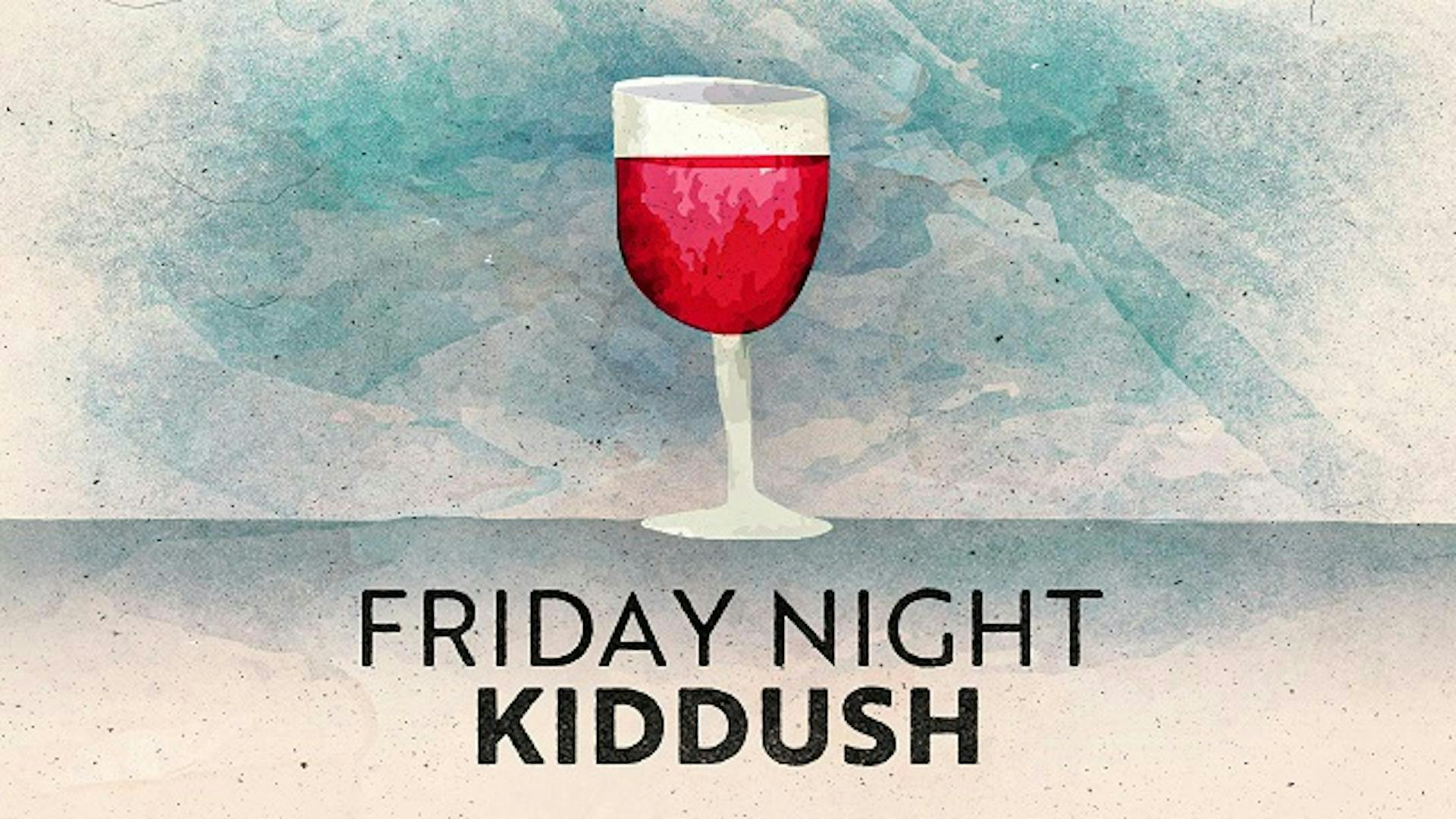
Friday Night Kiddush
Recorded Lecture • Part 1 of 2 • 15 min
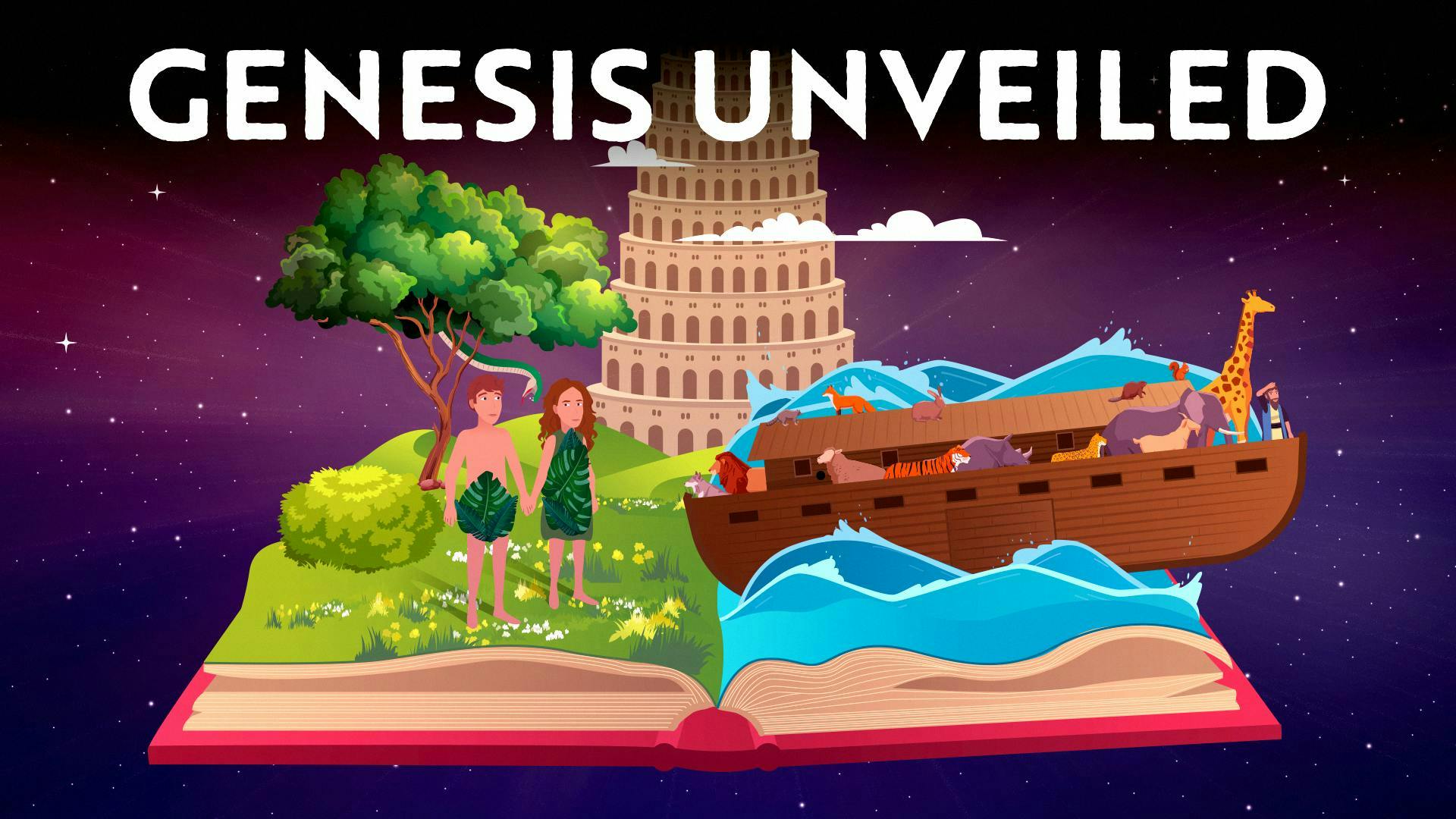
Genesis Unveiled
Deep Dive Course • Part 1 of 76 • 9 min
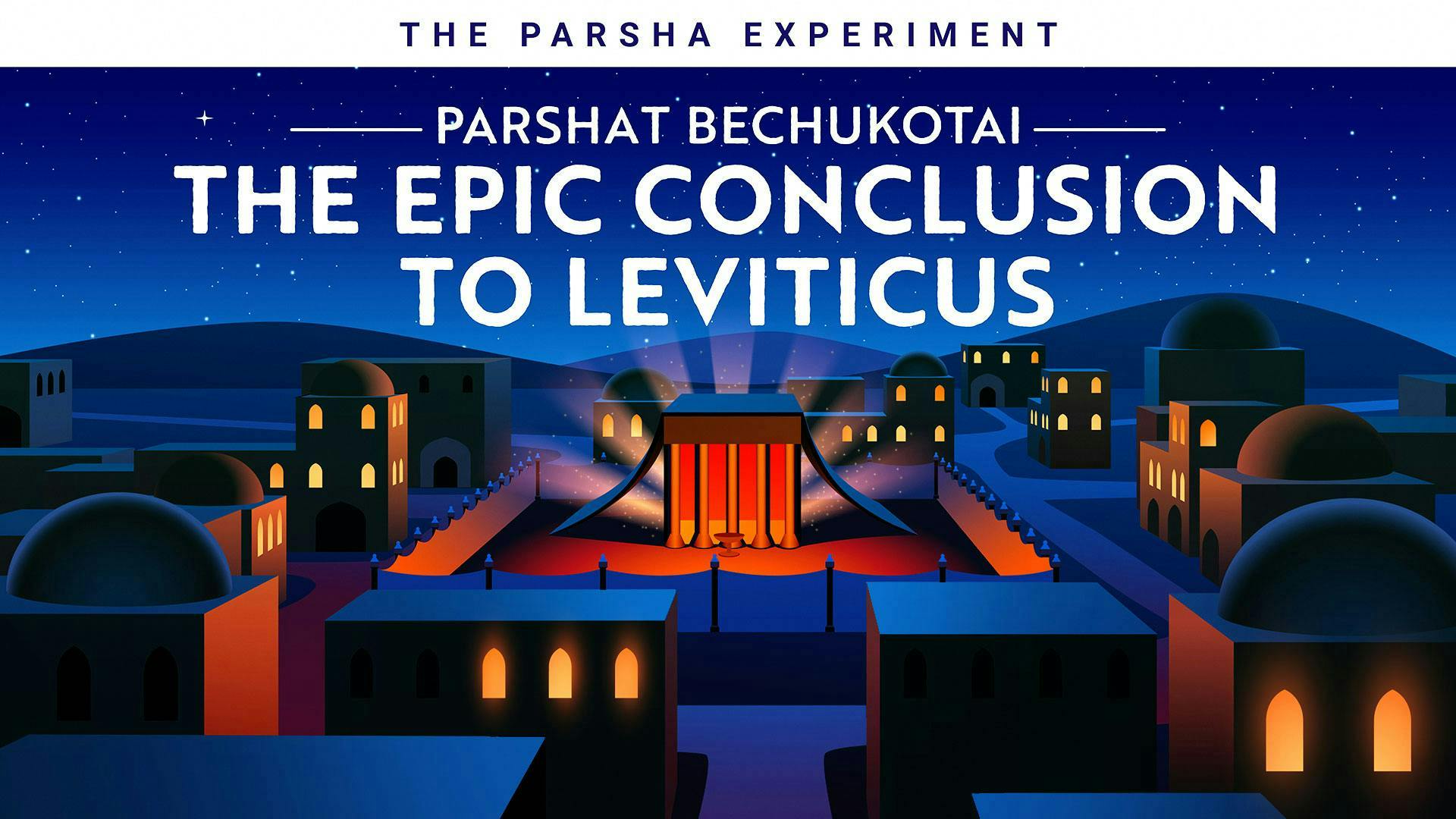
How Does The Structure Of Leviticus Reveal Its Meaning?
Animated Video • 15 min
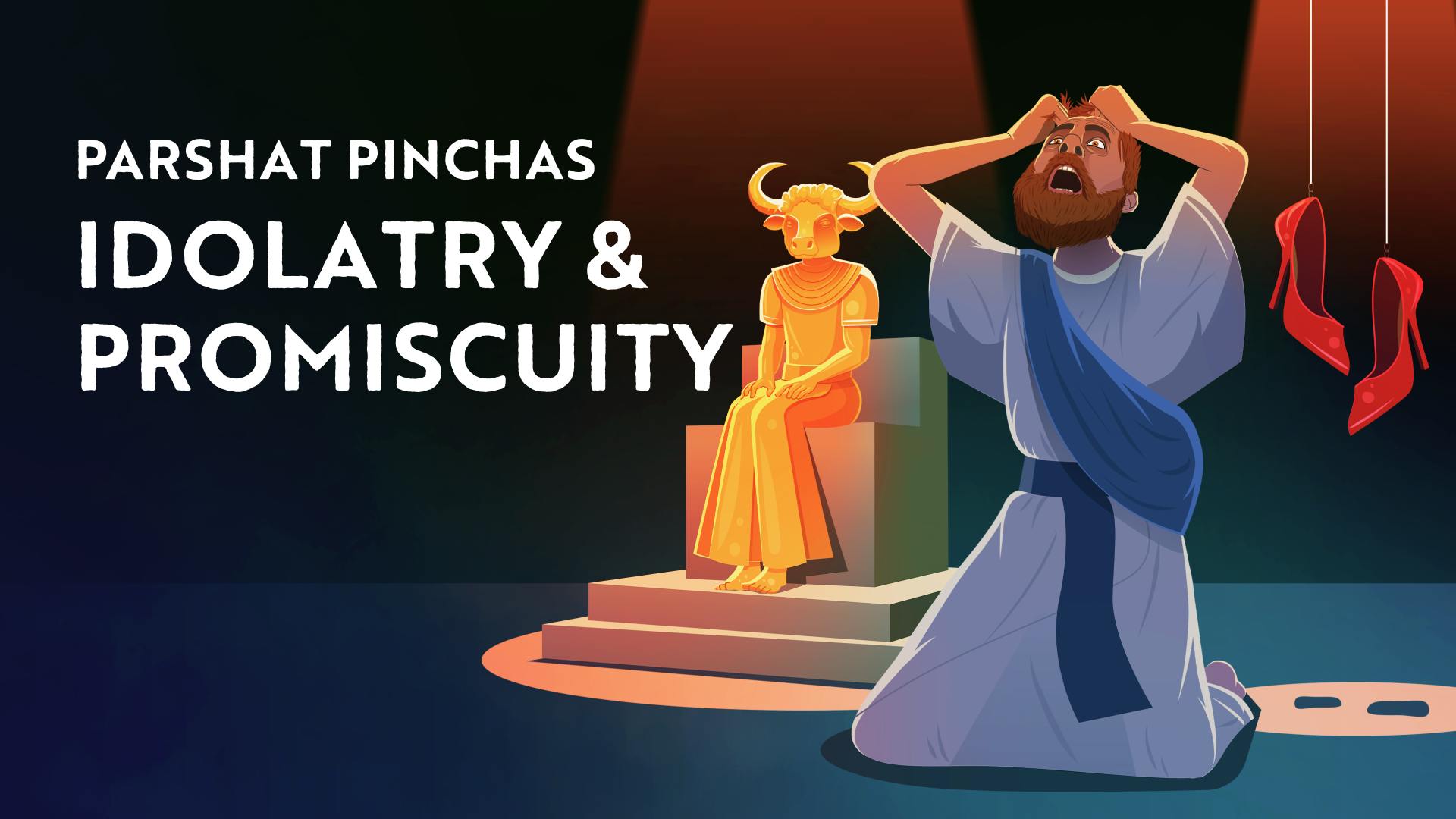
The Trap of Counterfeit Relationships
Animated Video • 11 min
Tools For Close Reading // Outliers
Outliers refer to elements within a group that stand out due to their differences. Rabbi Fohrman often employs this tool by examining a collection of related texts or ideas and asking, "Which of these things is not like the others?" This playful approach encourages a deeper exploration of the group as a whole. Identifying and analyzing the outlier often reveals new insights about the entire collection, enhancing our understanding of its underlying themes, contradictions, and unique perspectives.
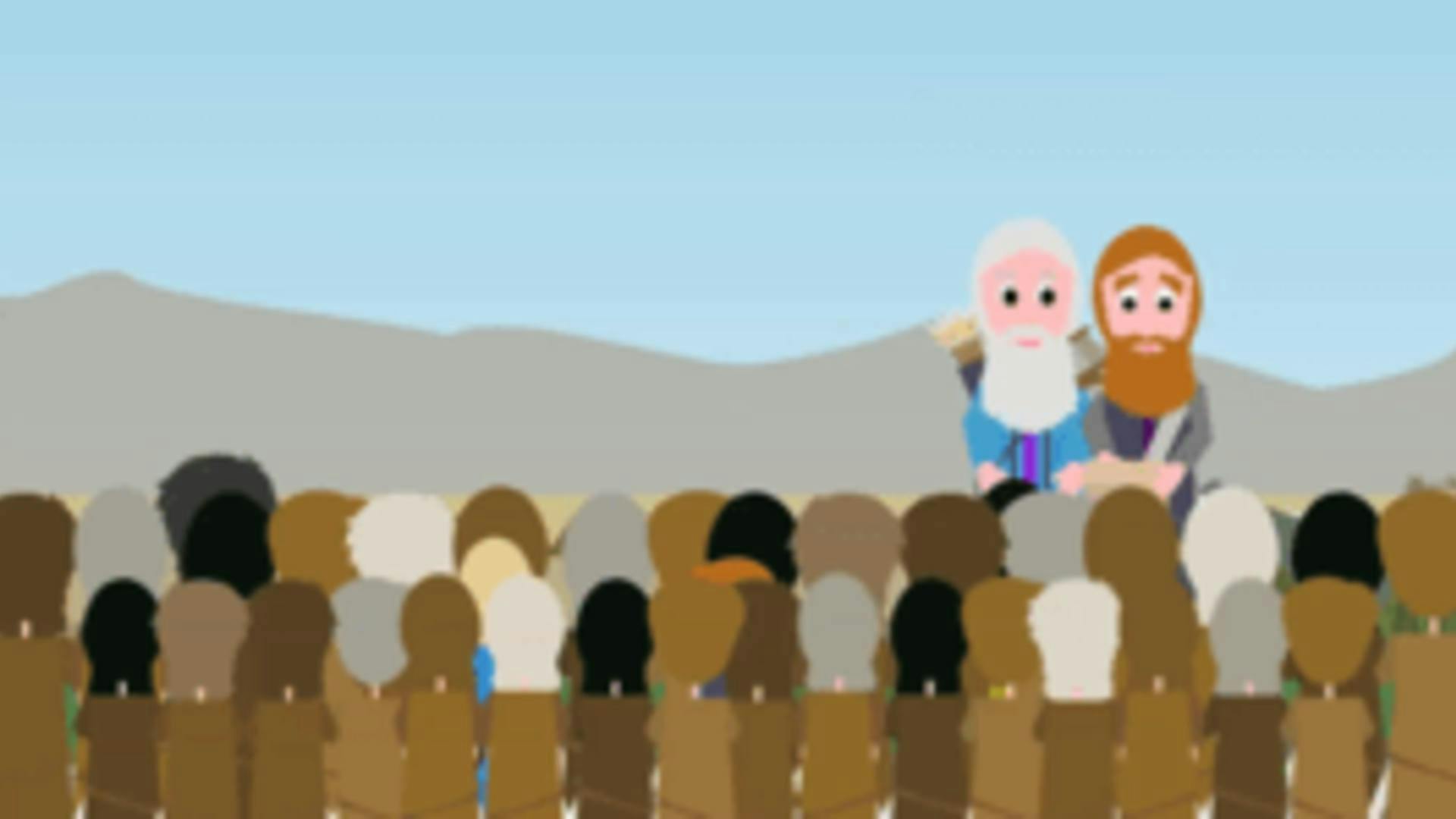
Shoftim: The Significance Of Saving Private Ryan
Animated Video • 14 min
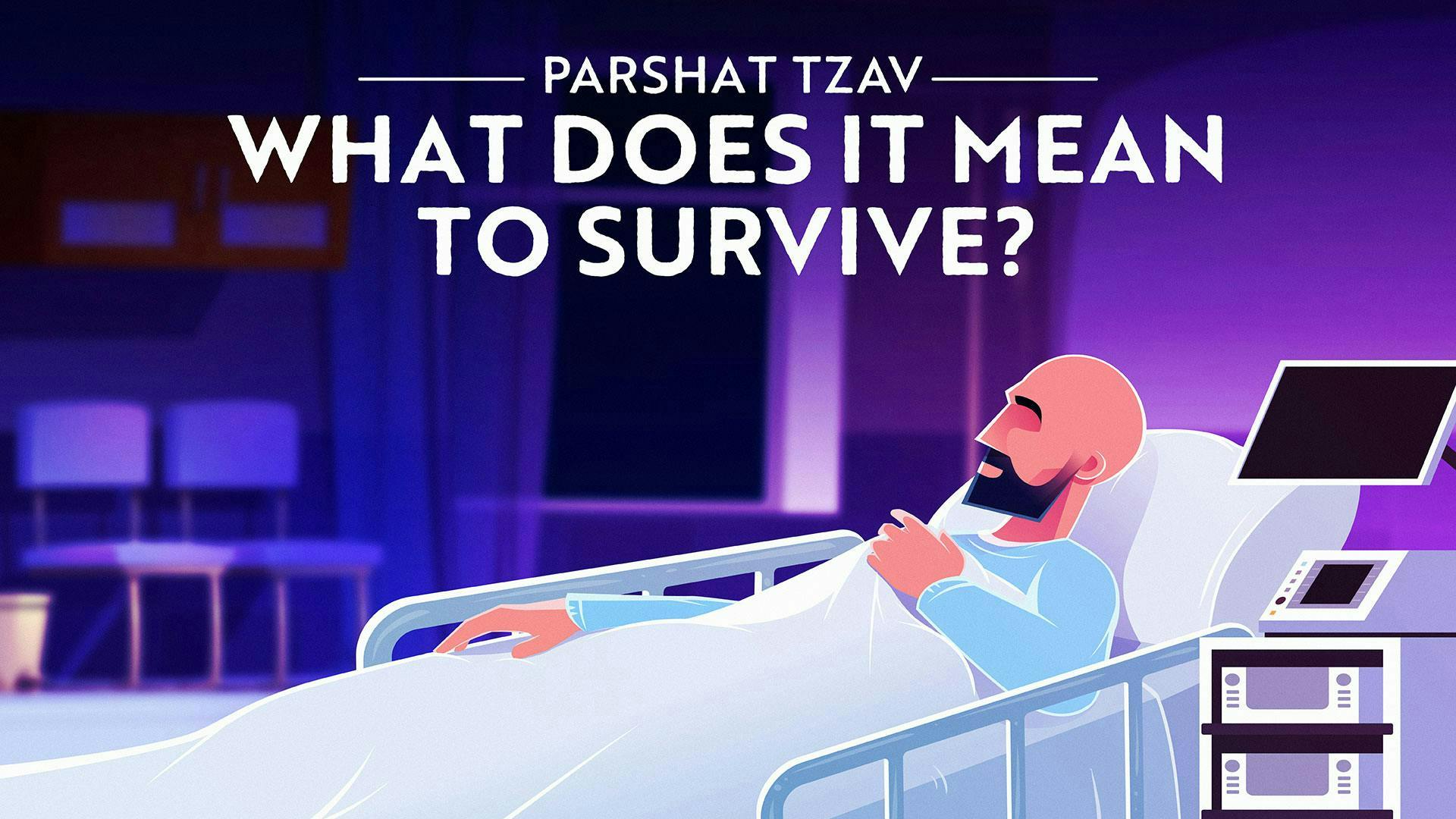
The Meaning Behind The Thanksgiving Offering
Animated Video • 6 min
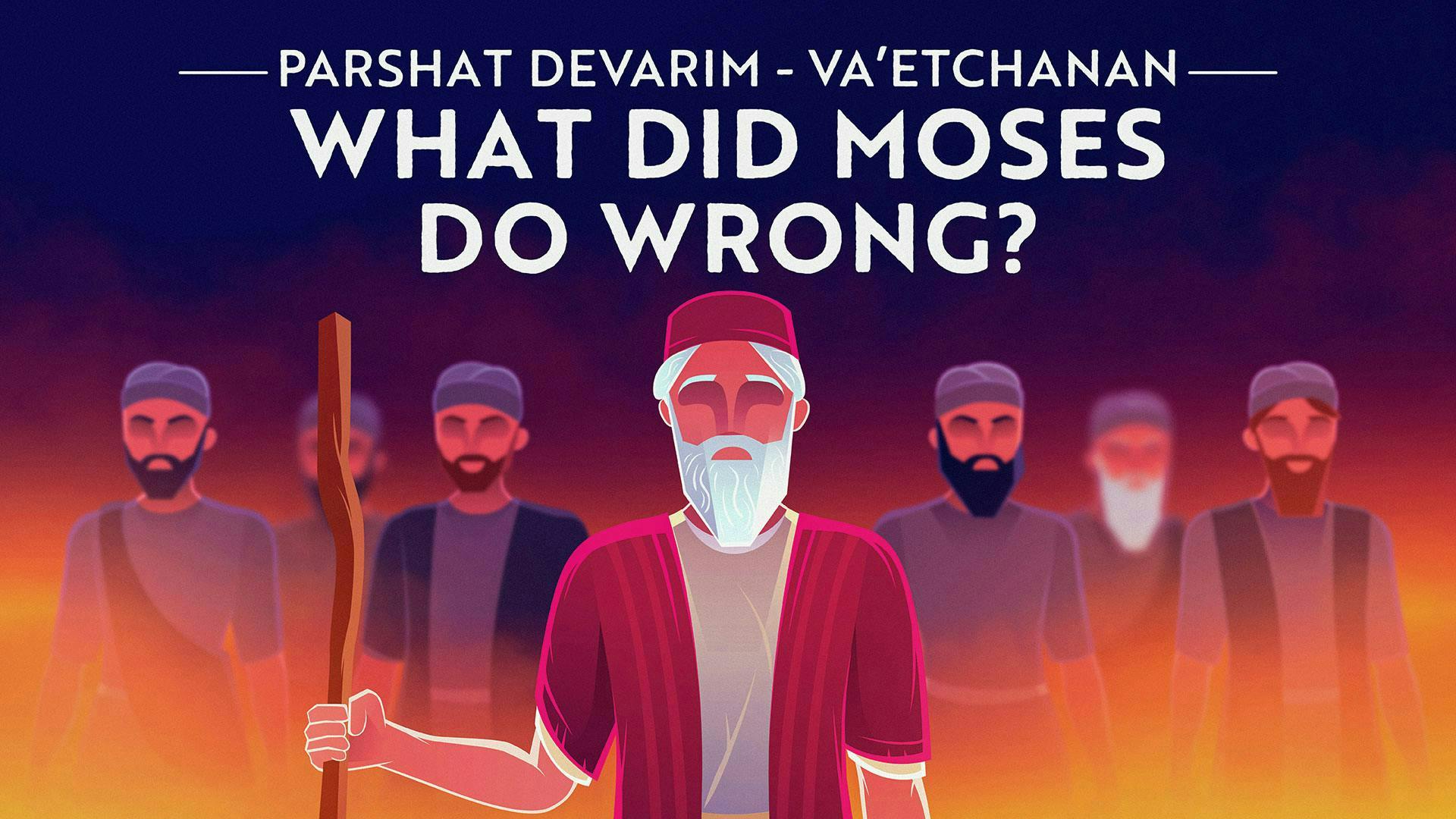
The Hidden Reason Moses Was Not Allowed Into The Promised Land
Animated Video Series • Part 1 of 2 • 12 min
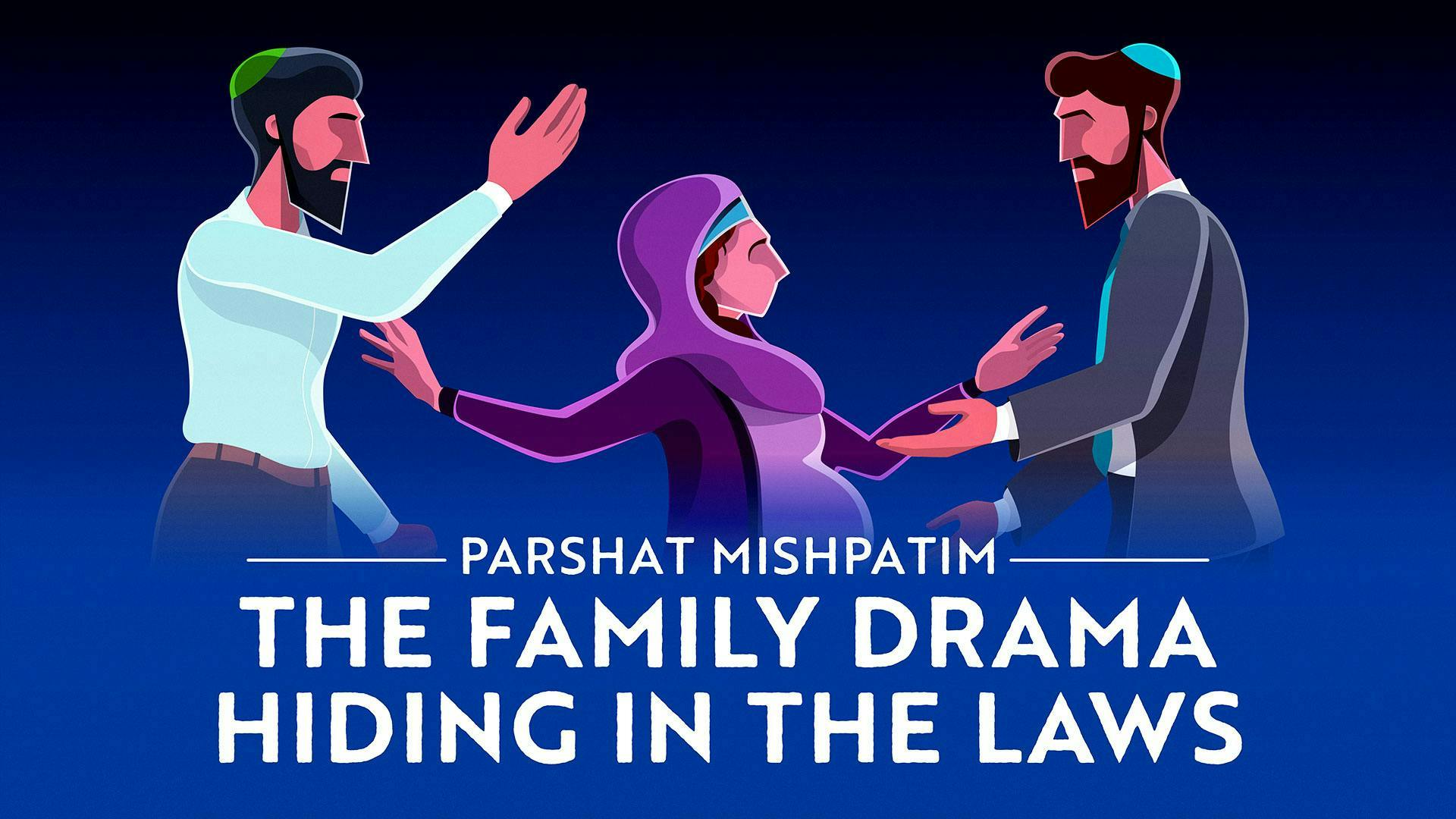
How Can The Laws Of Mishpatim Help Correct Past Mistakes?
Animated Video Series • Part 1 of 2 • 14 min
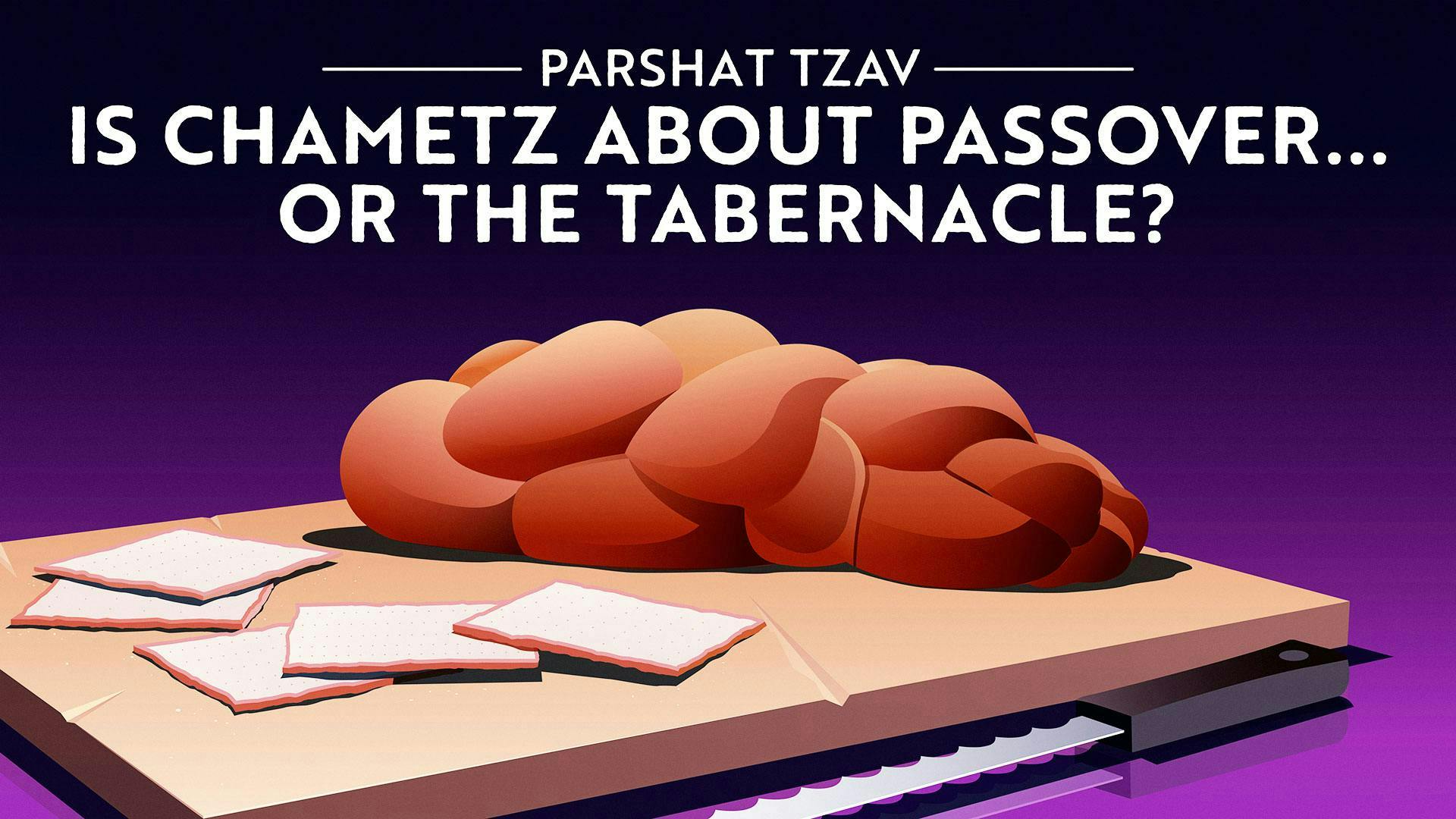
The Real Meaning Of Chametz
Animated Video • 15 min
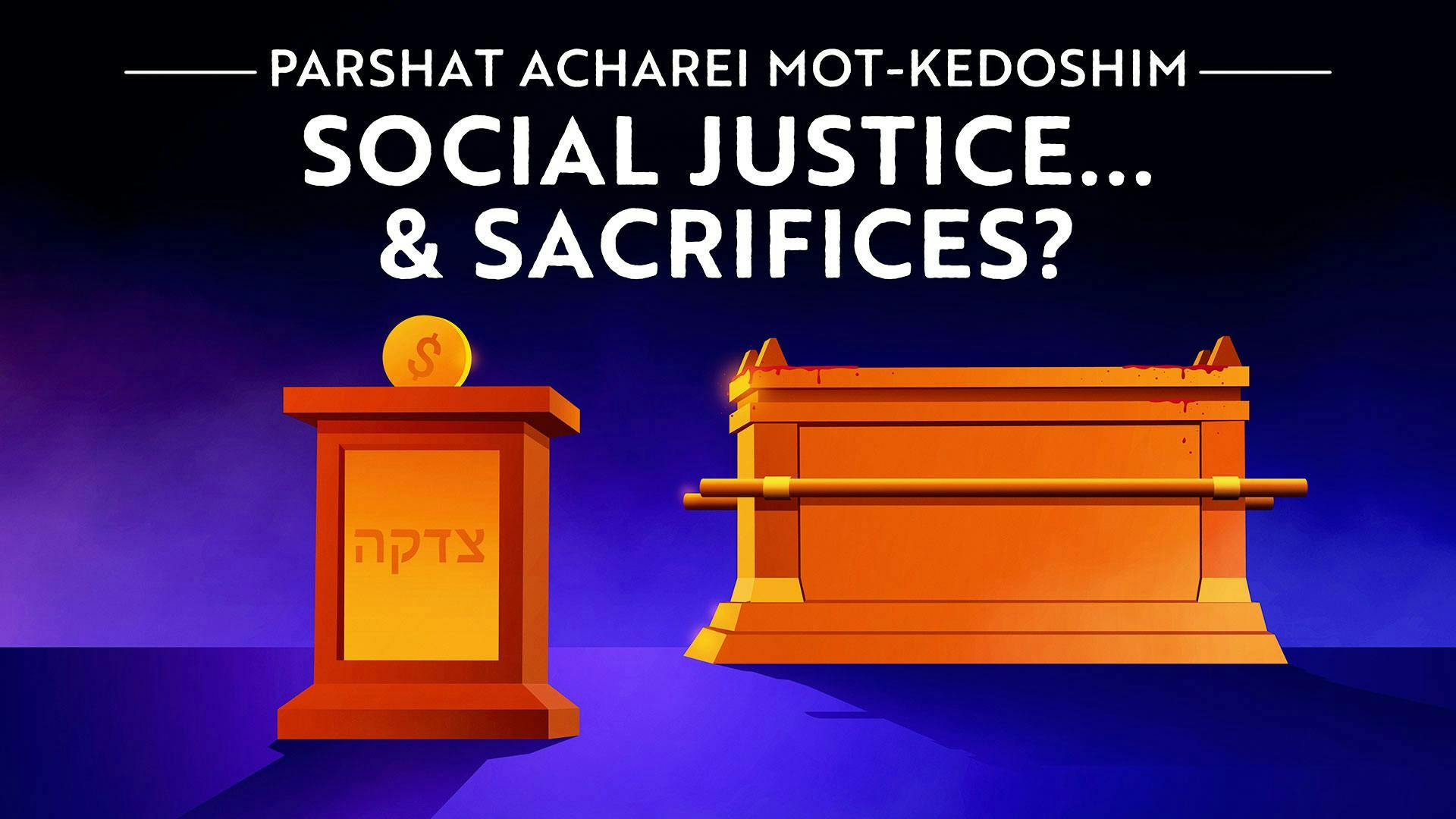
What Do Sacrificial Laws Teach Us About Social Justice?
Animated Video • 11 min
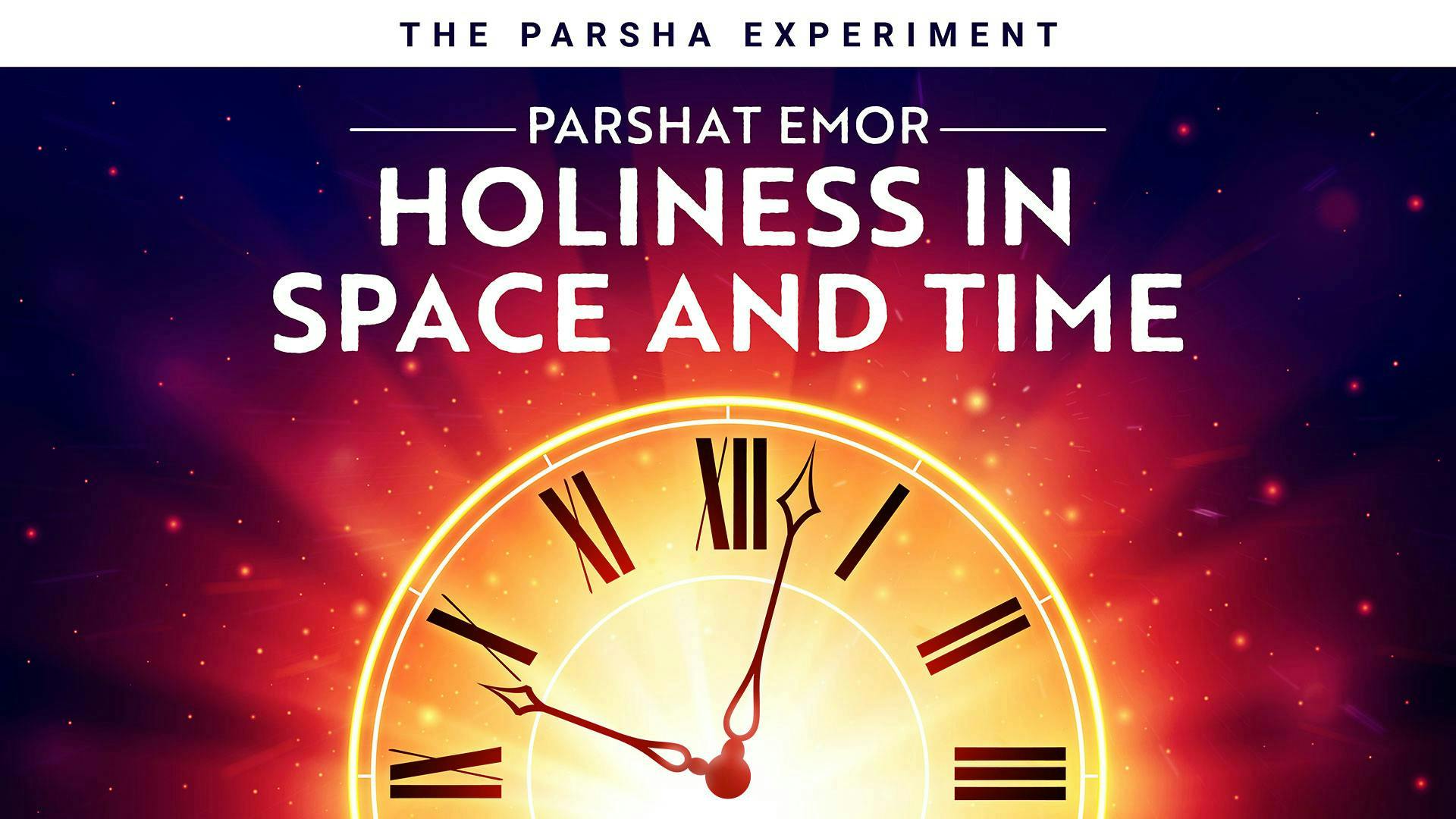
How To Bring Holiness Into Our Lives
Animated Video • 14 min
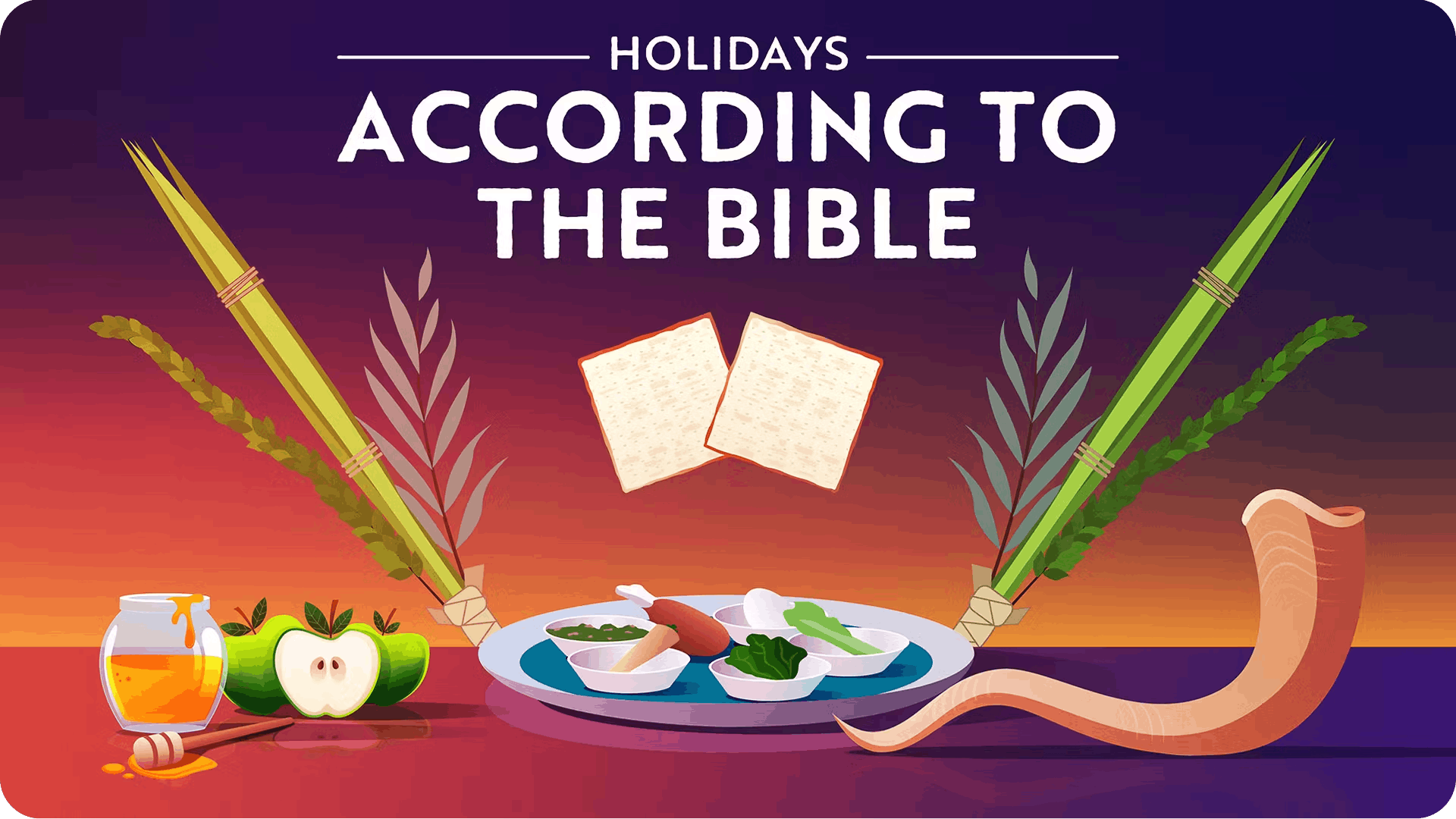
The Deep Connection Between the Biblical Holidays
Animated Video • 12 min

How Israel Is Meant To Relate To The Canaanite Nations
Animated Video • 14 min
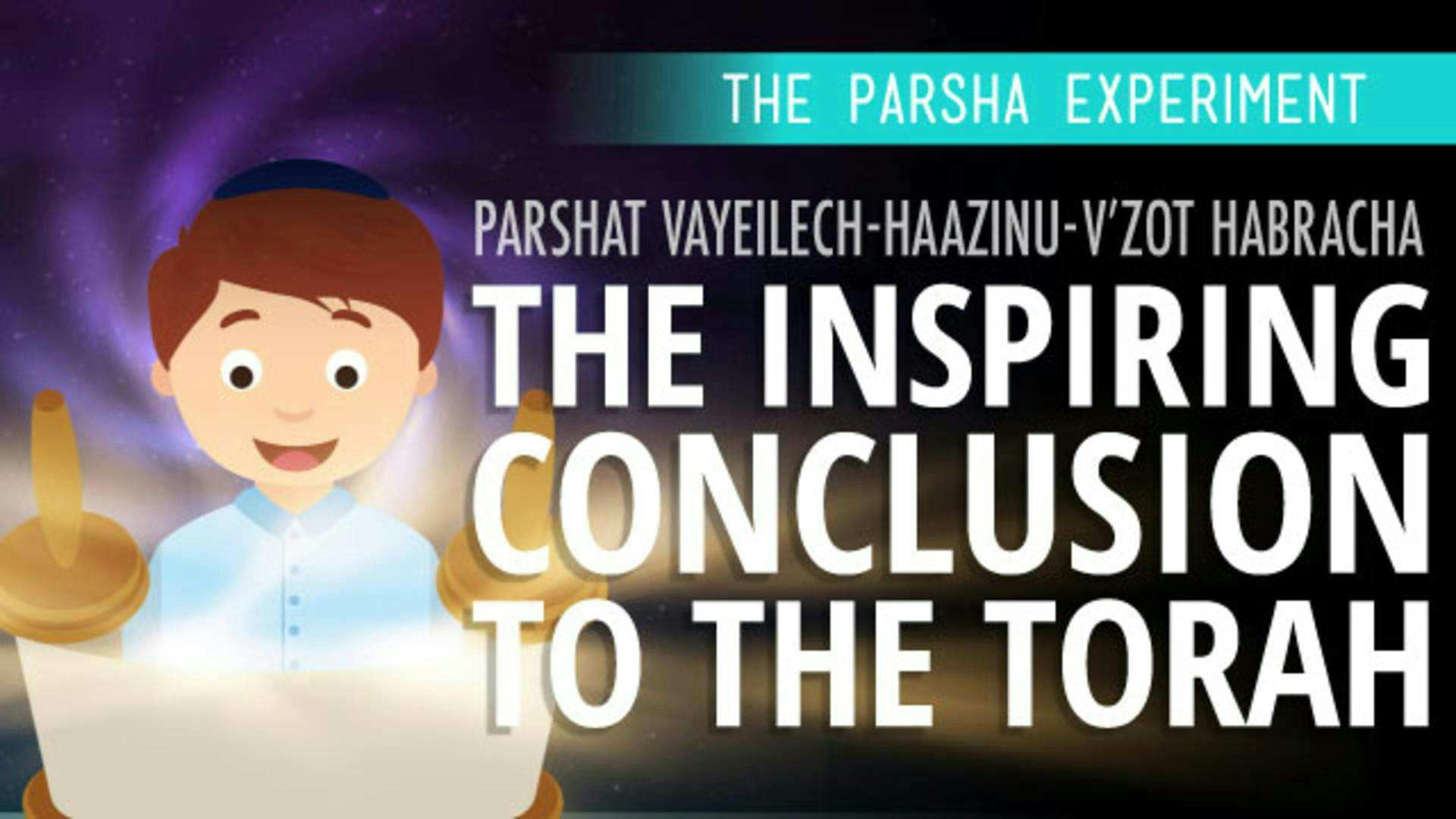
Moshe's Death: How Would You End The Torah?
Animated Video Series • Part 1 of 2 • 15 min
Tools for Close Reading // Cast Of Characters
This tool is an extension of intertextuality, focusing on the relationships between characters in two related biblical texts. Often, characters in these narratives mirror each other in unexpected ways, revealing deeper layers of meaning. By analyzing these parallel “casts” of characters, readers can gain fresh insights into their motivations and explore nuanced comparisons and contrasts.

The 7 Habits of Highly Intuitive Readers of the Bible
Animated Video Series • Part 1 of 8 • 2 hours, 2 min
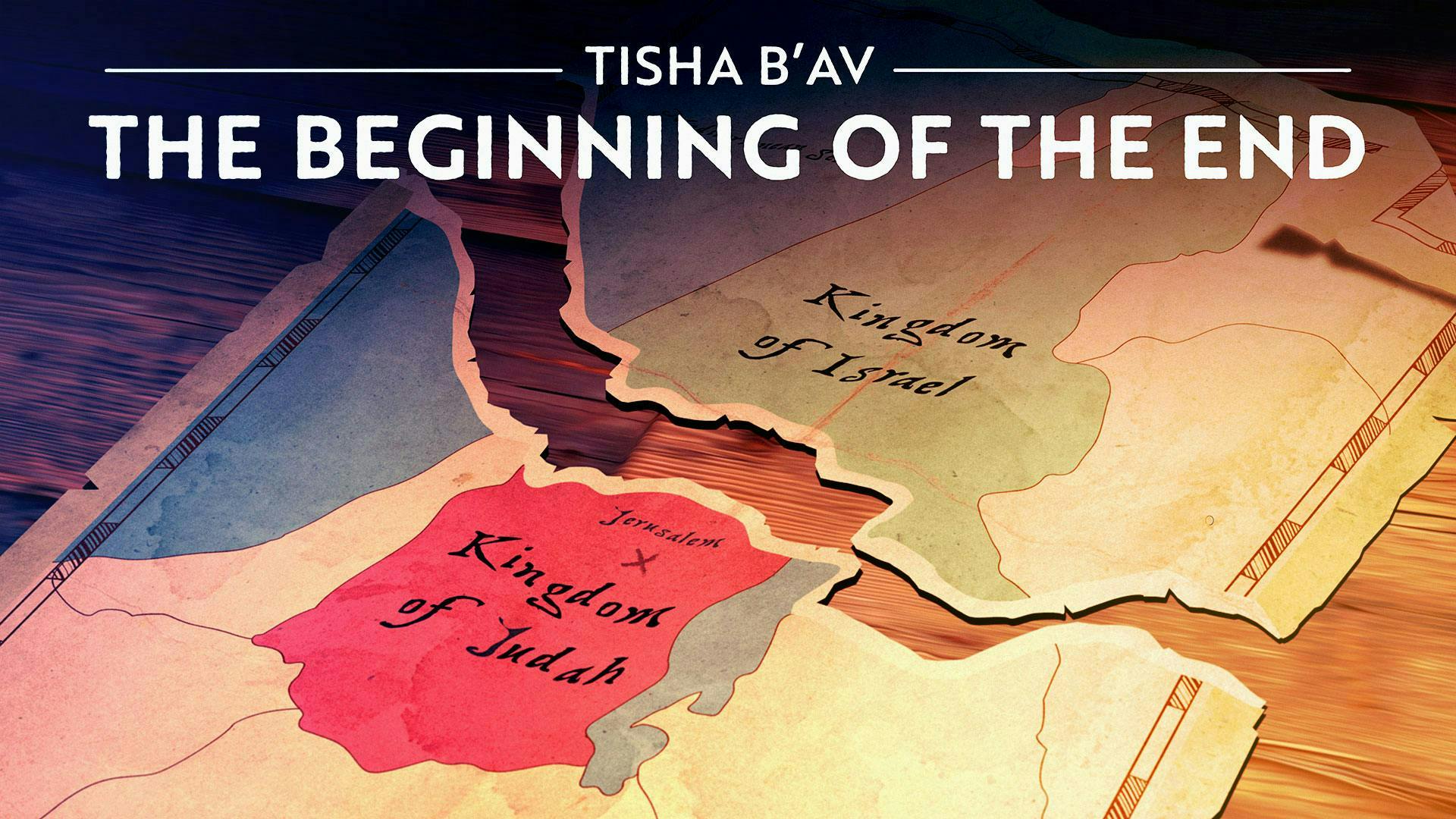
How Israel Split And The Road To Tisha B’Av
Animated Video Series • Part 1 of 8 • 7 min

Shotrim: A Biblical Model for Leading With Humanity
Animated Video • 11 min
Exploring Texts With Midrash
Midrash refers to collections of rabbinic commentary on the Torah, compiled between the 2nd and 10th centuries CE. Some Midrashim appear within the Talmud in sections called aggadah, while others, like Bereishit Rabbah, exist as standalone works. The rabbis often communicated their insights through stories, metaphors, and even descriptions of miraculous events, revealing deeper layers of meaning that aren’t immediately obvious. At Aleph Beta, we study Midrash with the aim of engaging with the text as closely as the rabbis did. In doing so, we often find that the rabbis were remarkably keen readers of the text–even when their interpretations seem abstract or imaginative.
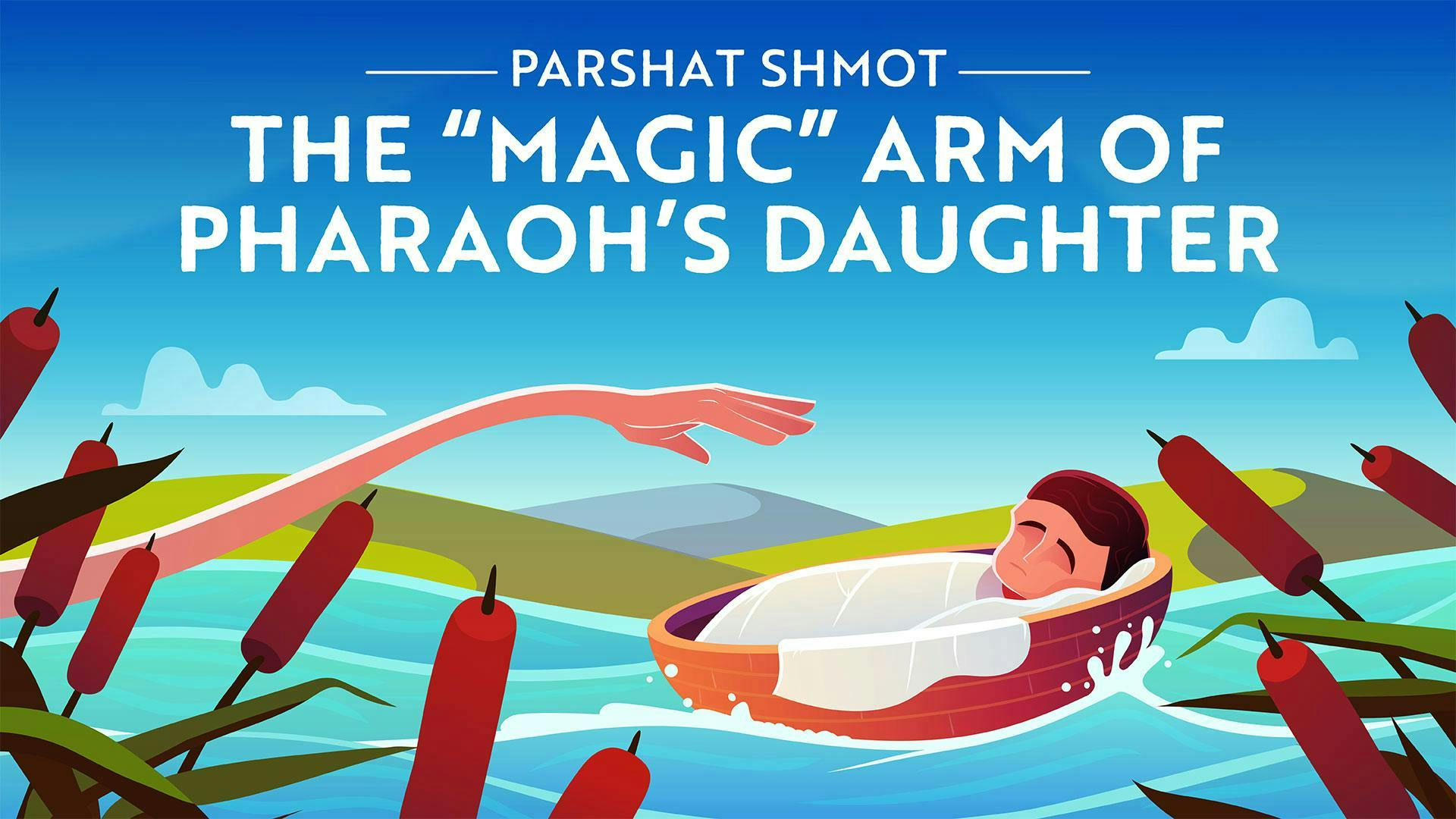
How Does Midrash Work?
Animated Video • 6 min
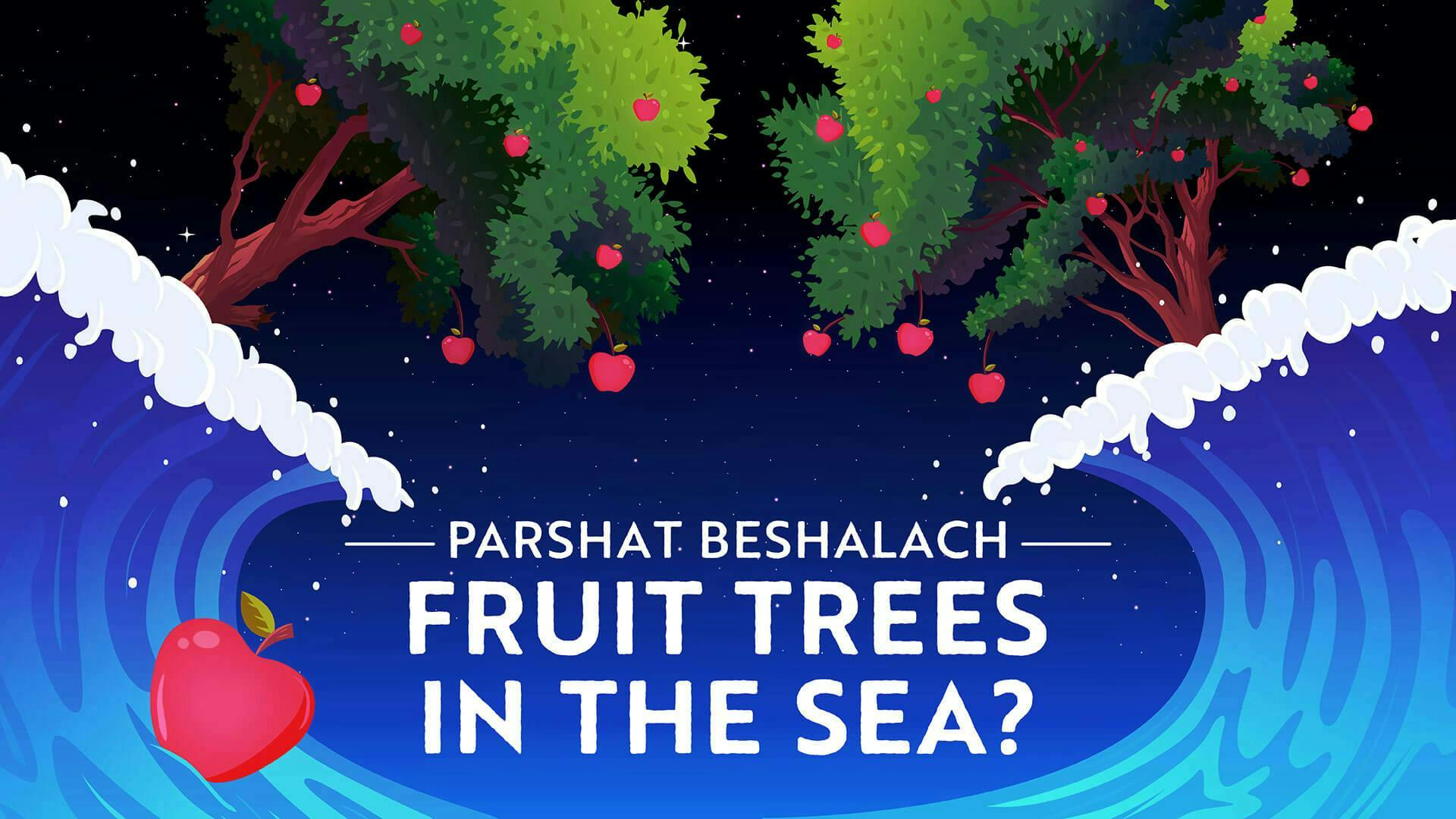
Were there really fruit trees when the Sea split?
Animated Video Series • Part 1 of 2 • 9 min
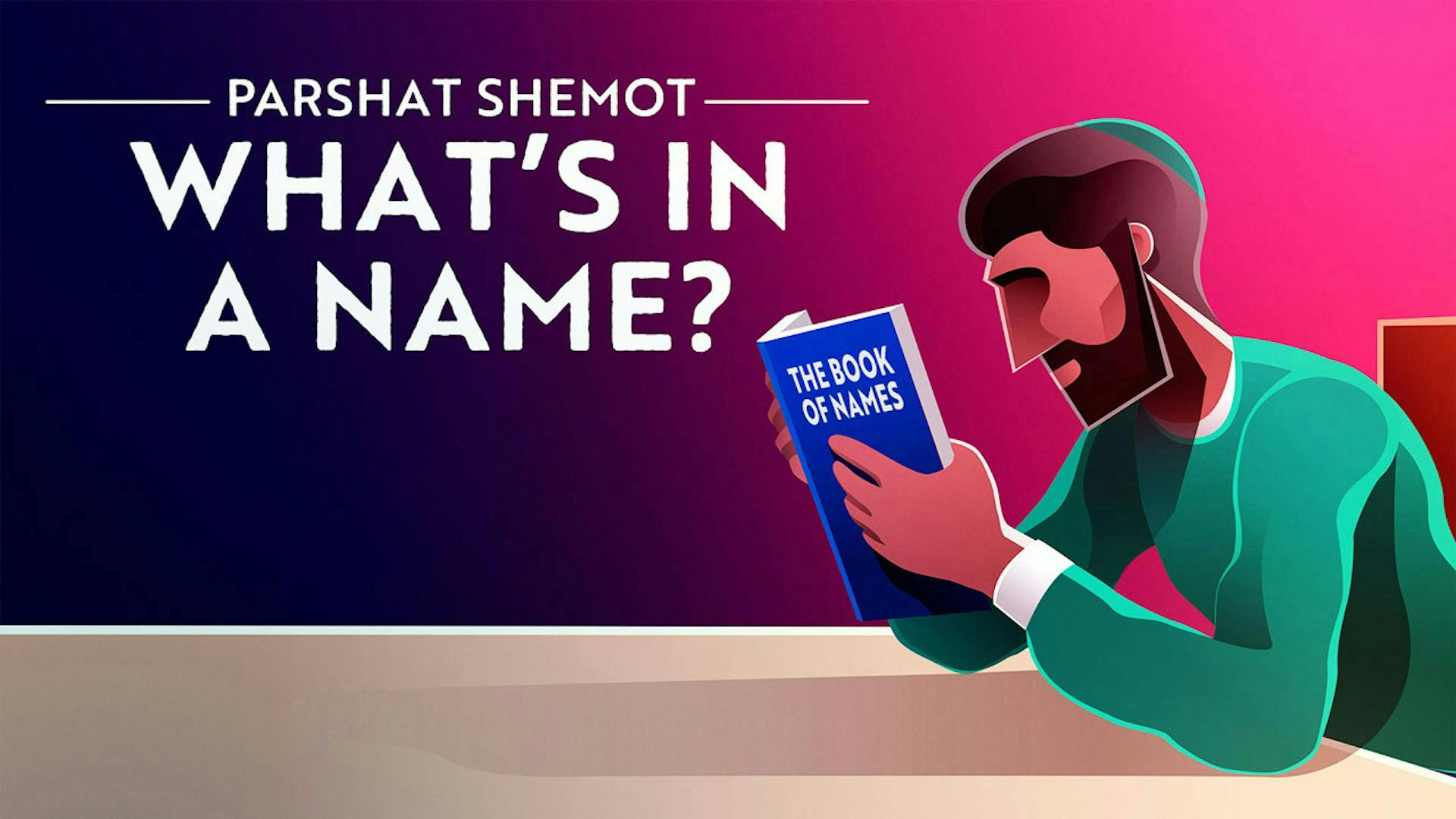
The Meaning Of The Name "Shemot"
Animated Video Series • 13 min
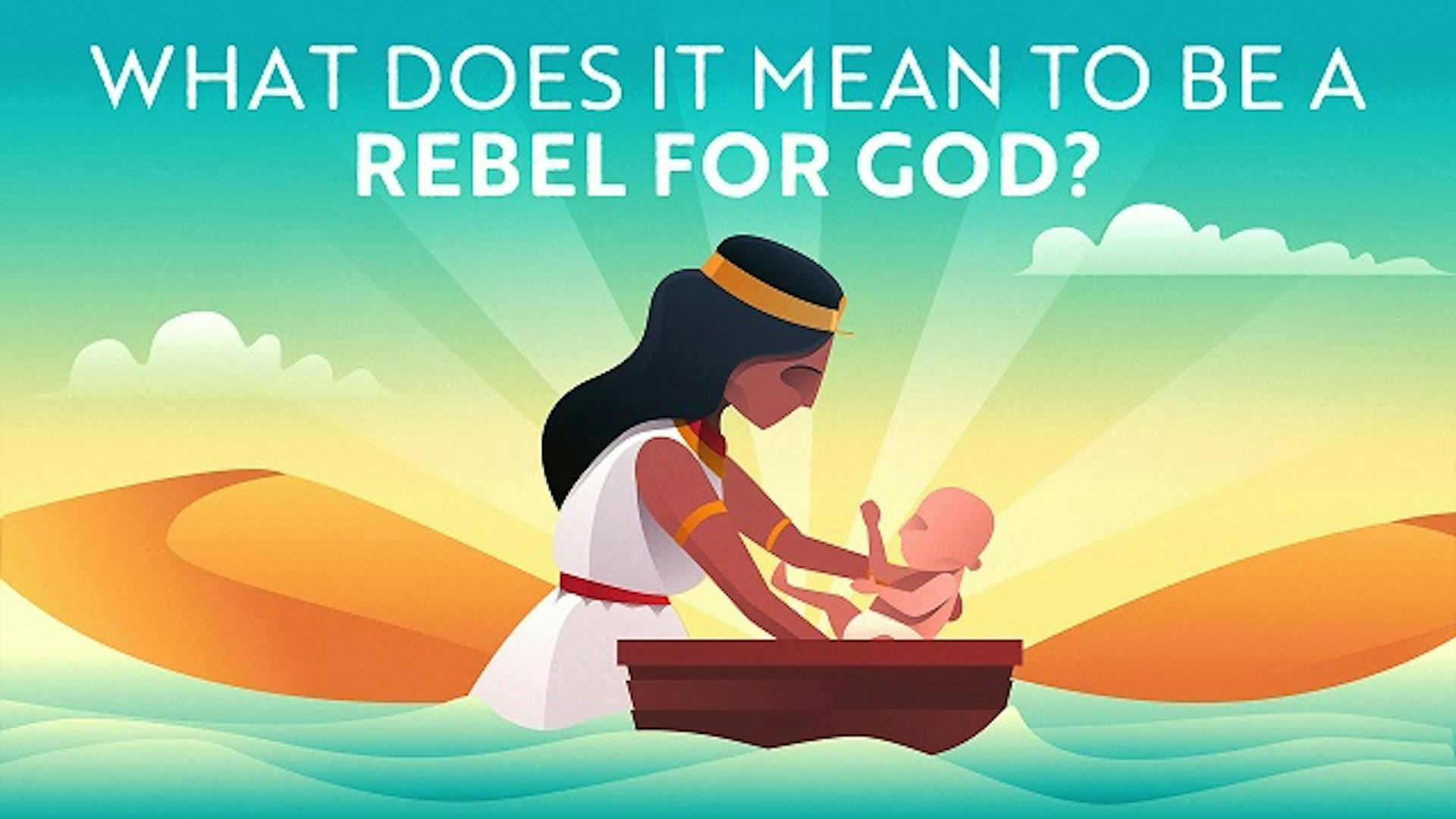
What Does It Mean To Be A Rebel For God?
Recorded Lecture • 26 min
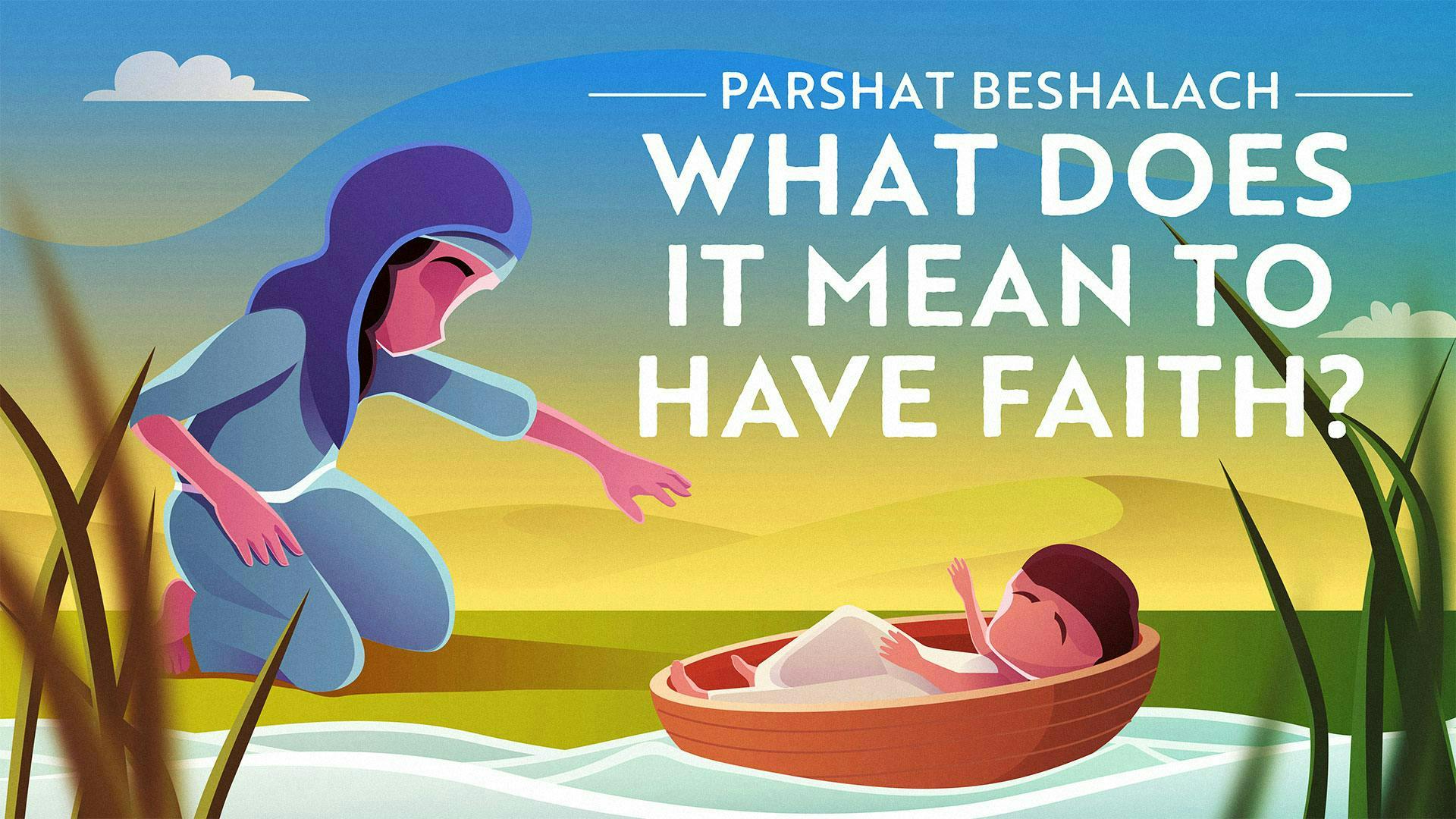
What Does It Mean To Have Faith?
Animated Video • 14 min
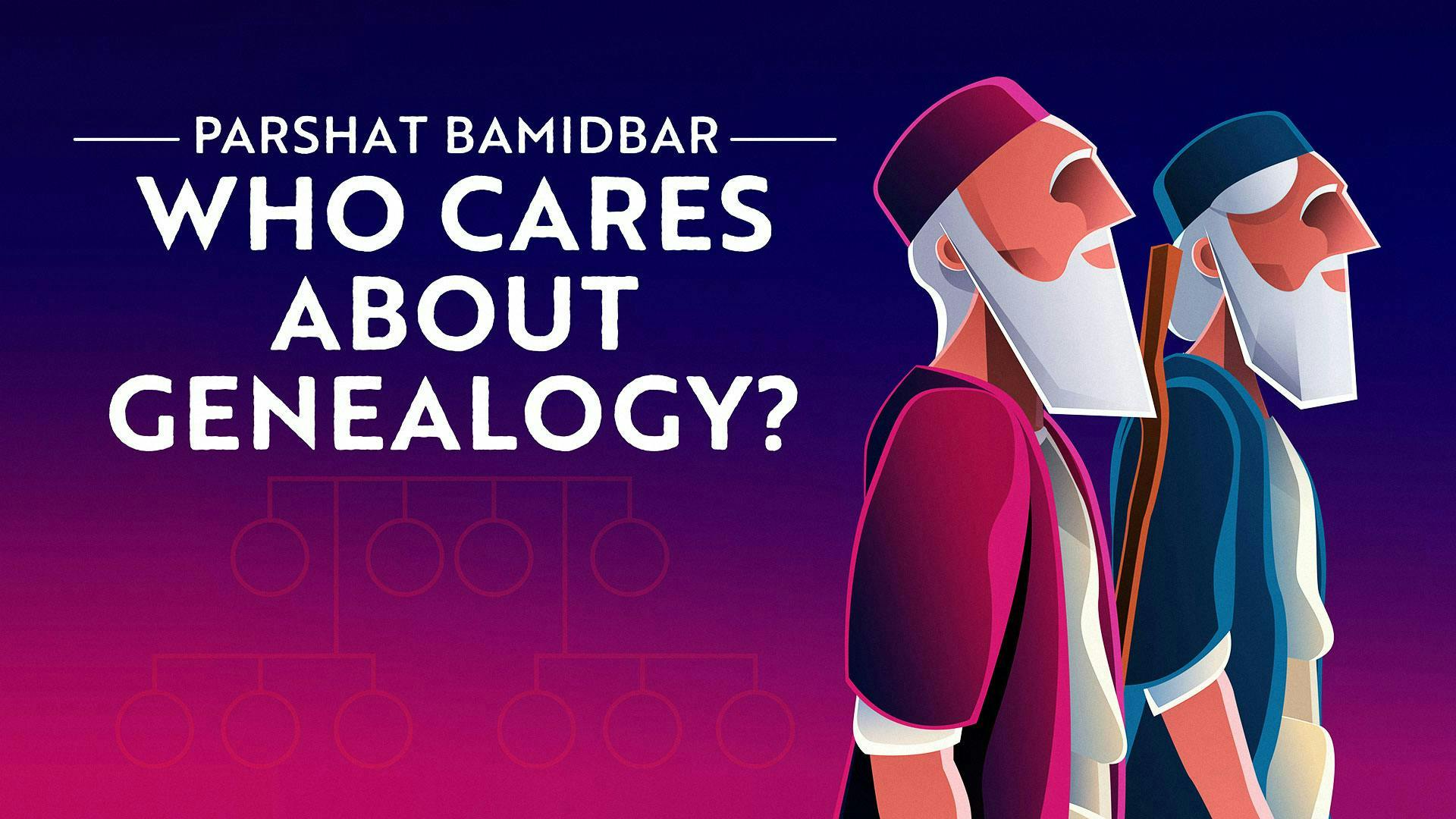
A Hidden Story For Teachers In The Genealogy Of Moses And Aaron
Animated Video • 12 min

The Earth Swallowing Korach Was Poetic Justice
Animated Video • 13 min
How Stories Become Our Law

The Surprising Source Of The Torah's Laws Of Murder
Animated Video Series • Part 1 of 2 • 11 min
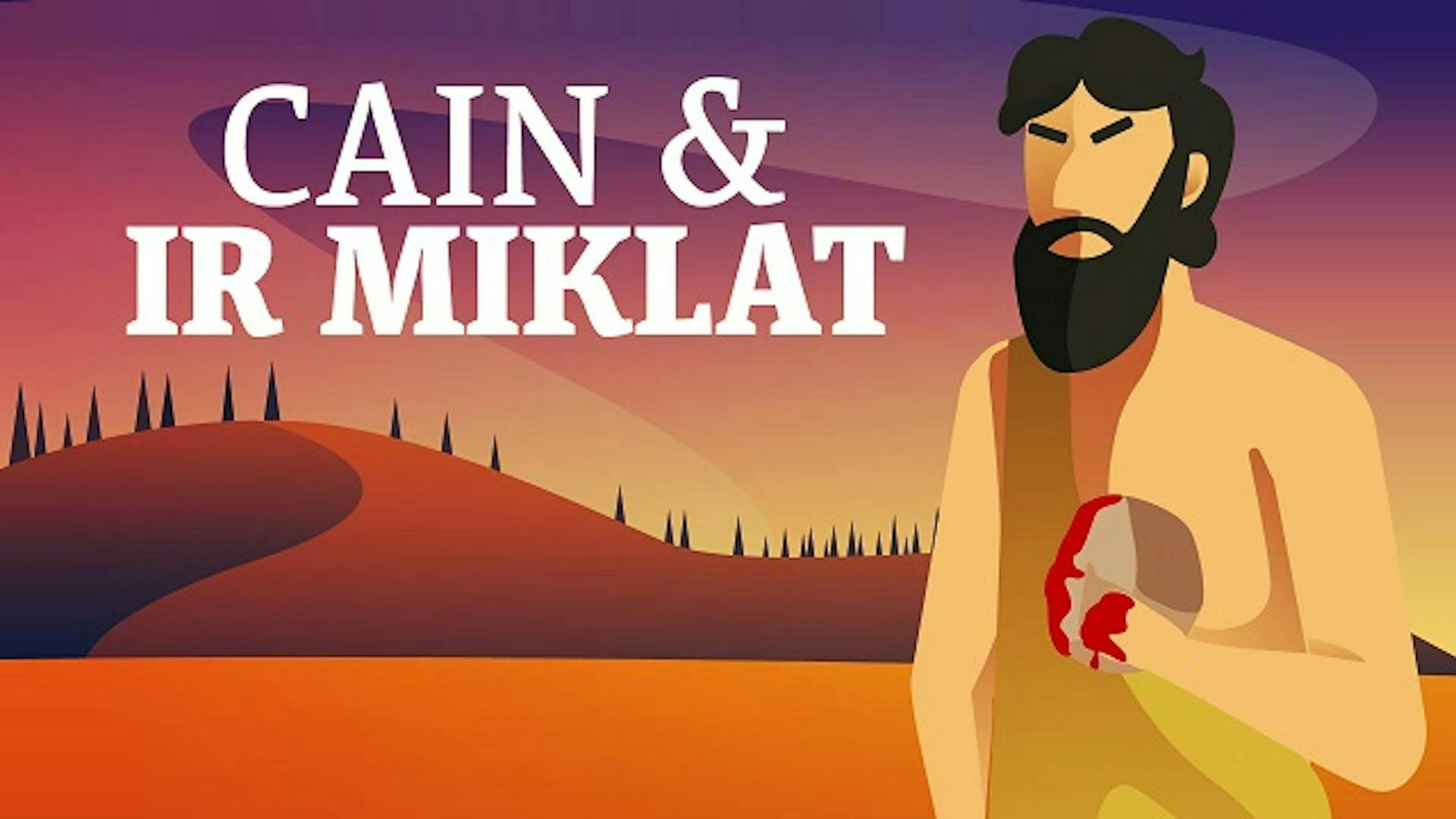
How the Story of Cain and Abel Becomes Part of Our Laws
Animated Video Series • 13 min
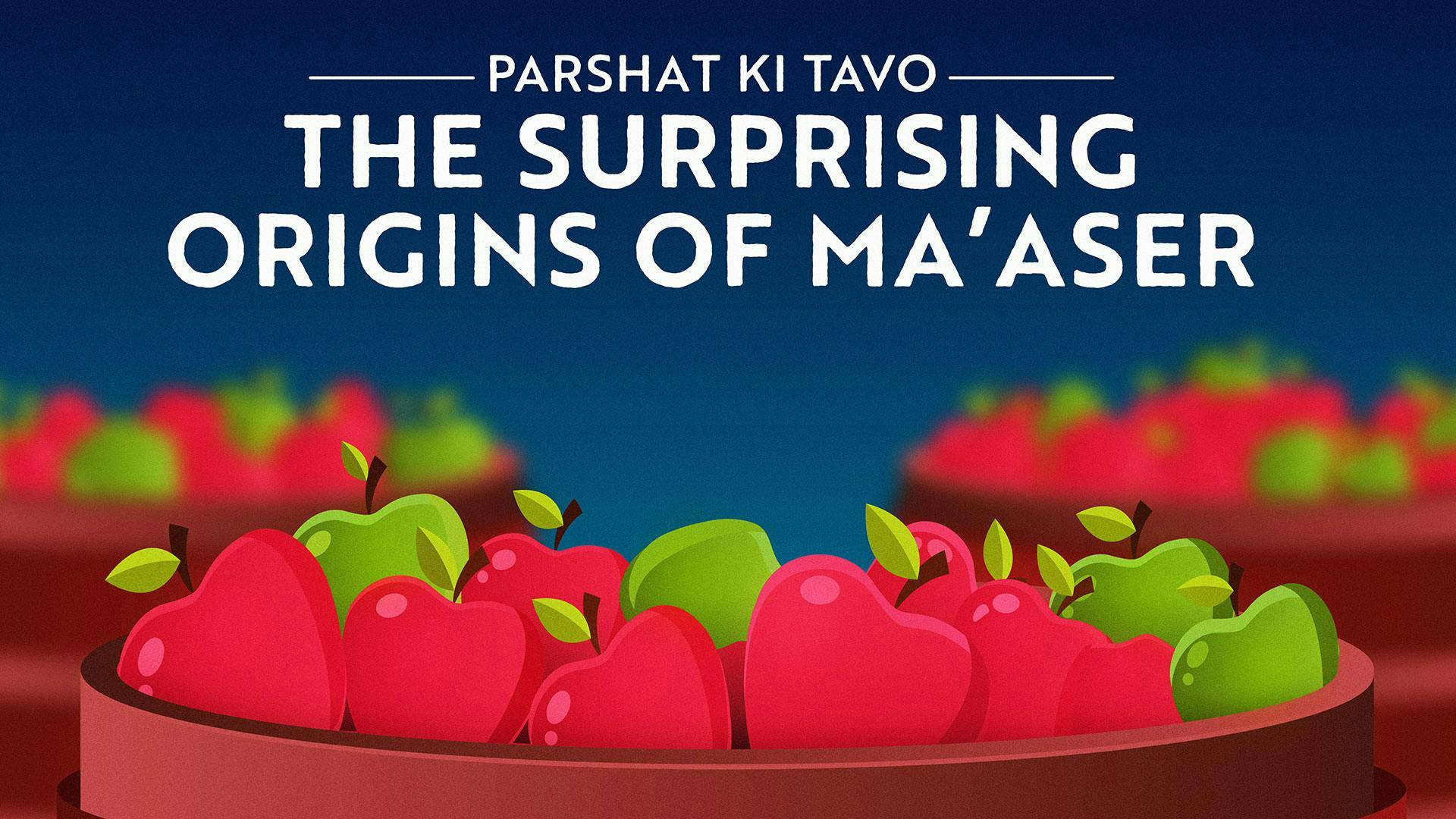
Where Does Tithing Come From In The Bible?
Animated Video Series • Part 1 of 2 • 14 min
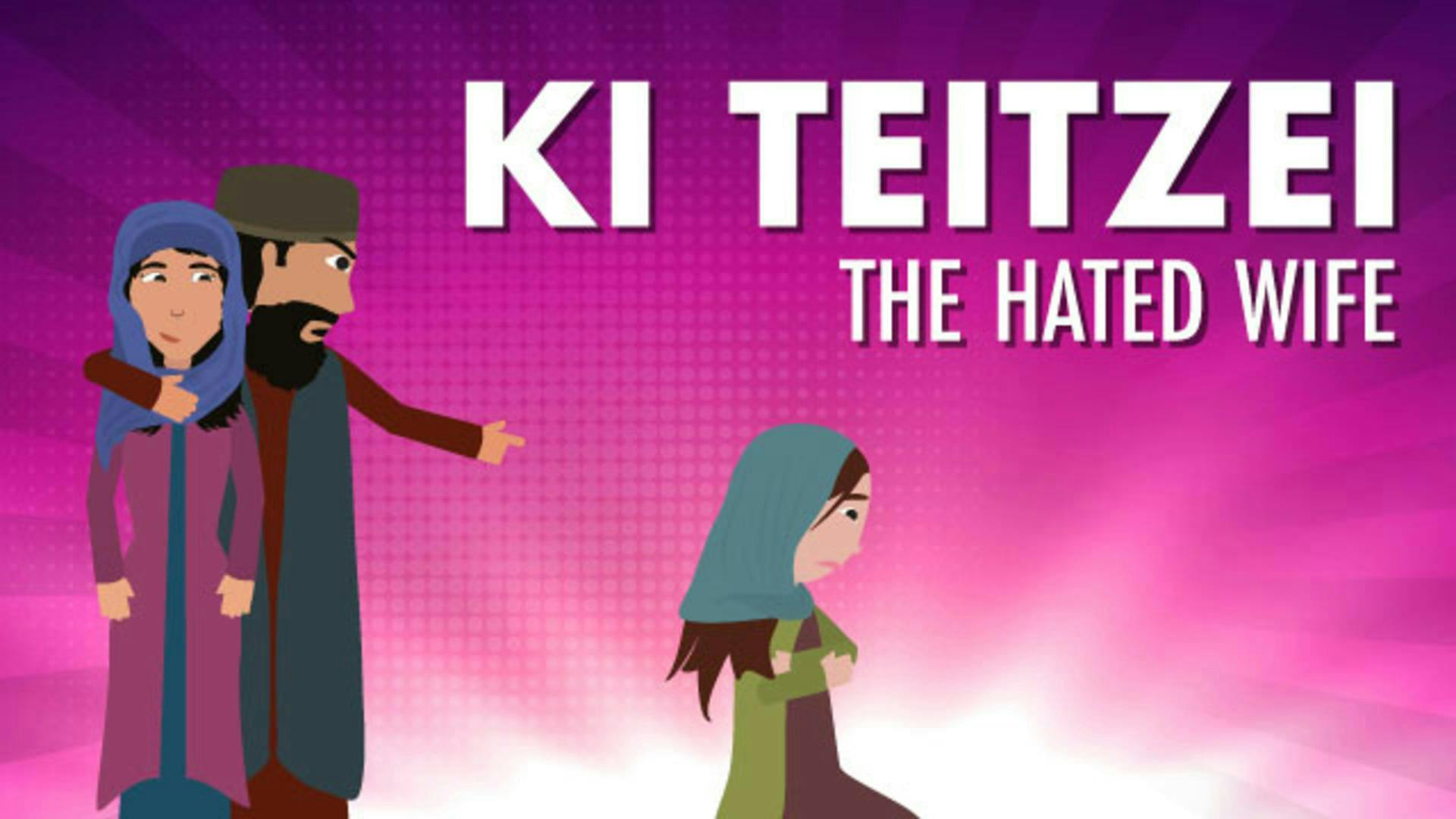
Ki Teitzei: The Hated Wife
Animated Video Series • Part 1 of 2 • 11 min

How Can The Laws Of Mishpatim Help Correct Past Mistakes?
Animated Video Series • Part 1 of 2 • 14 min
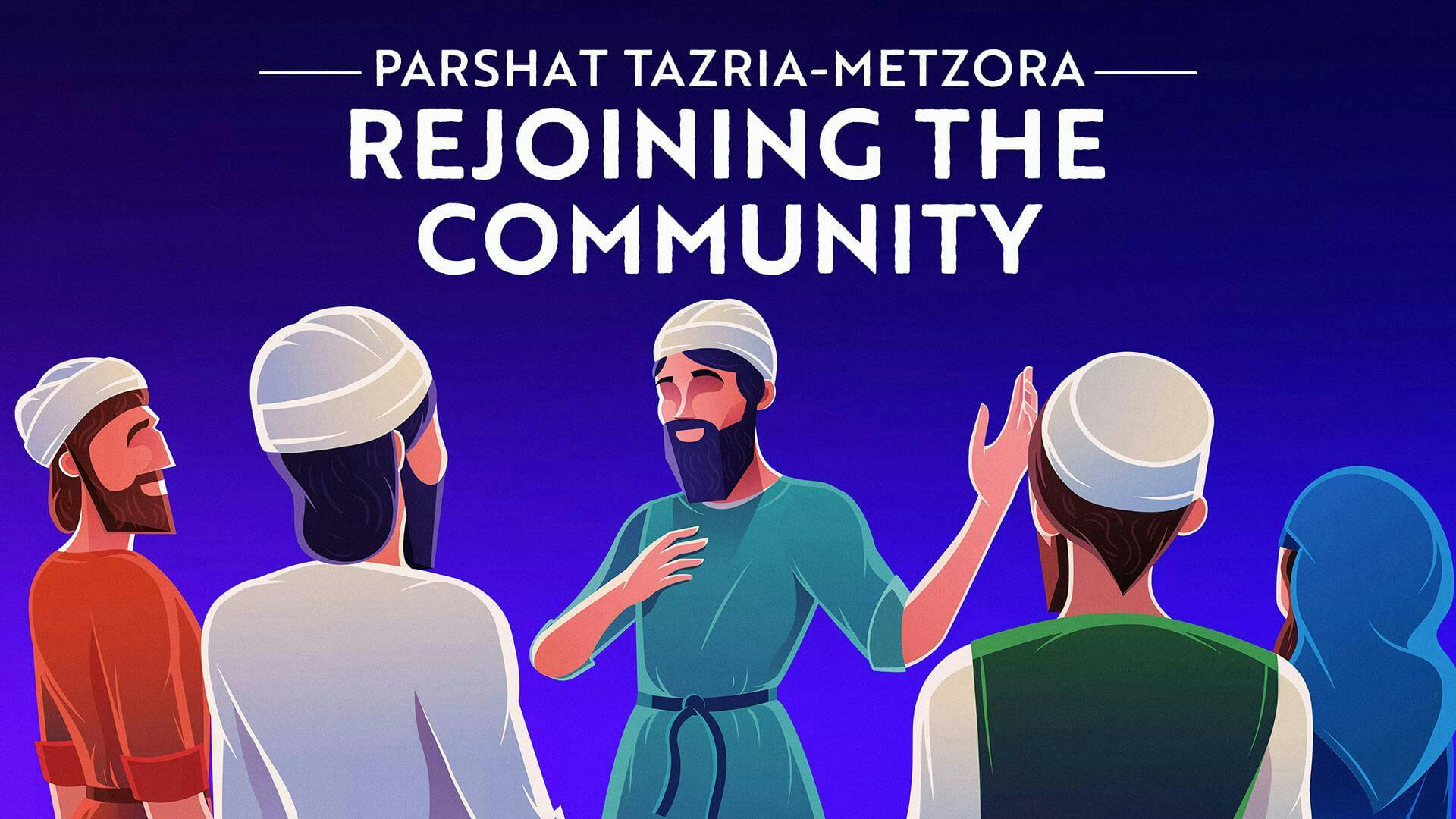
What Does The Passover Sacrifice Teach Us About The Metzora?
Animated Video • 12 min

What Are The Unique Laws Of Sotah Really About?
Recorded Lecture • 34 min
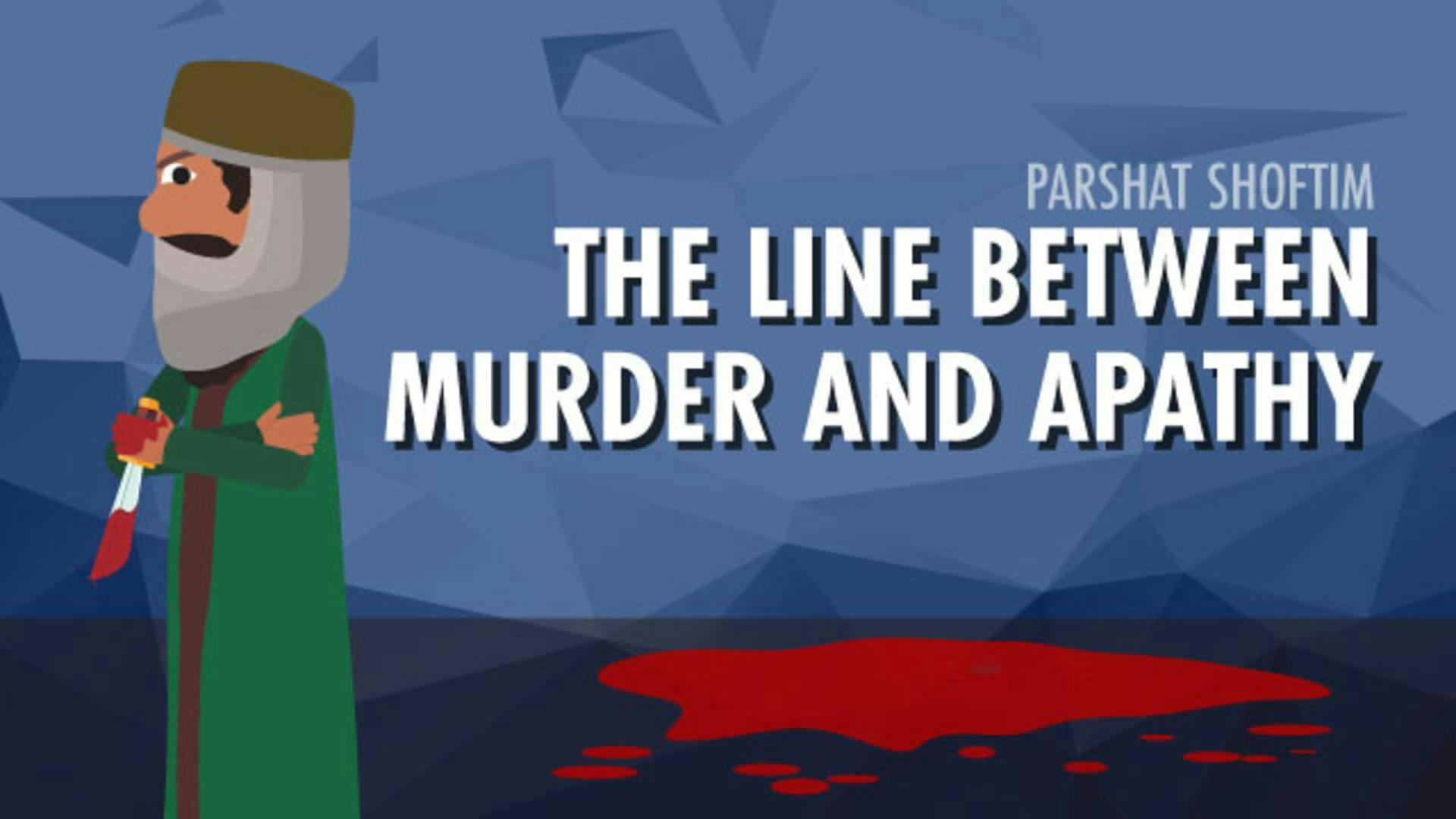
The Origin Of The Accidental Murder Laws In The Bible
Animated Video Series • Part 1 of 3 • 12 min
Reading Biblical Poetry and Song
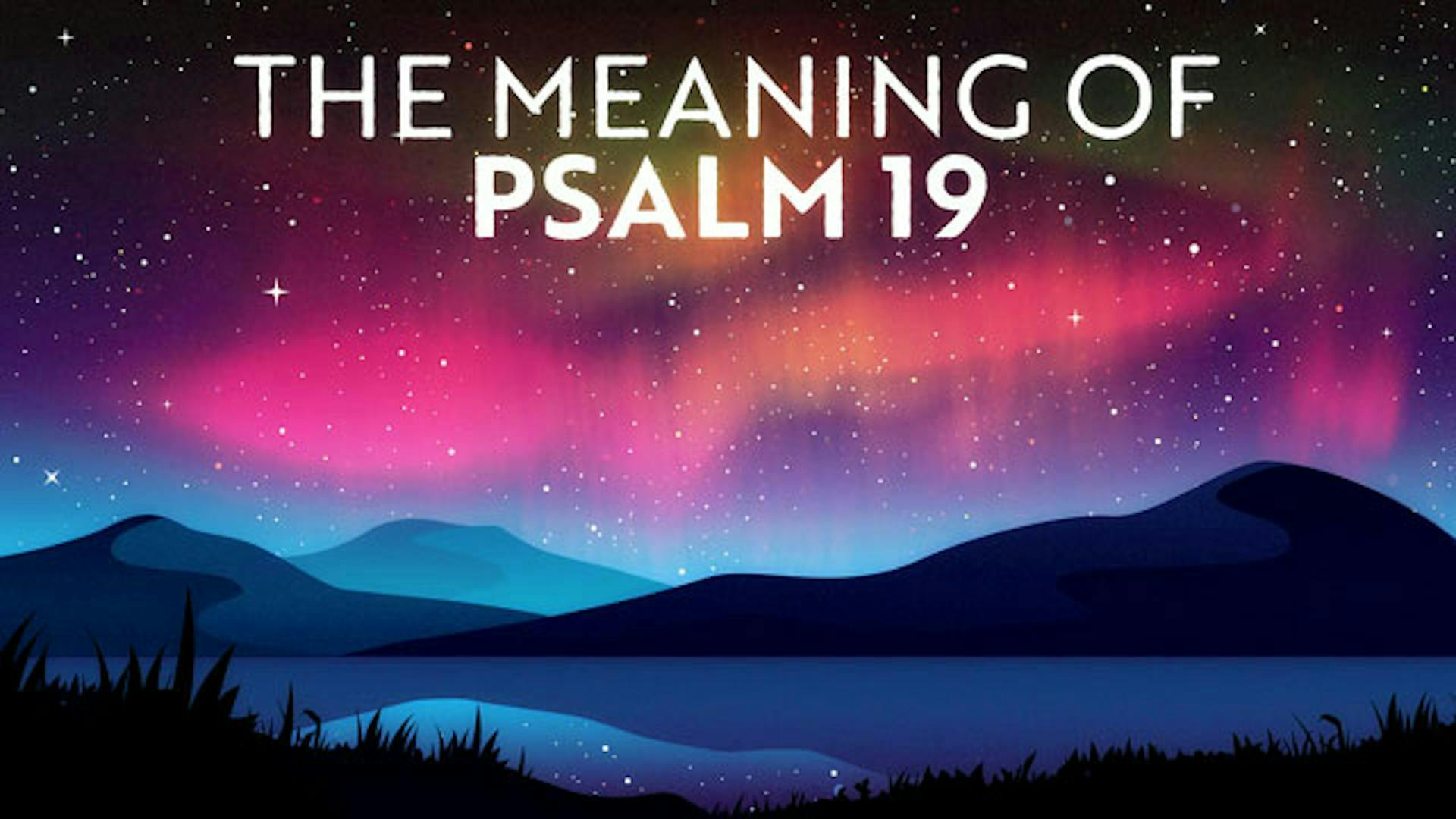
The Heavens Declare The Glory Of God
Recorded Lecture • 40 min
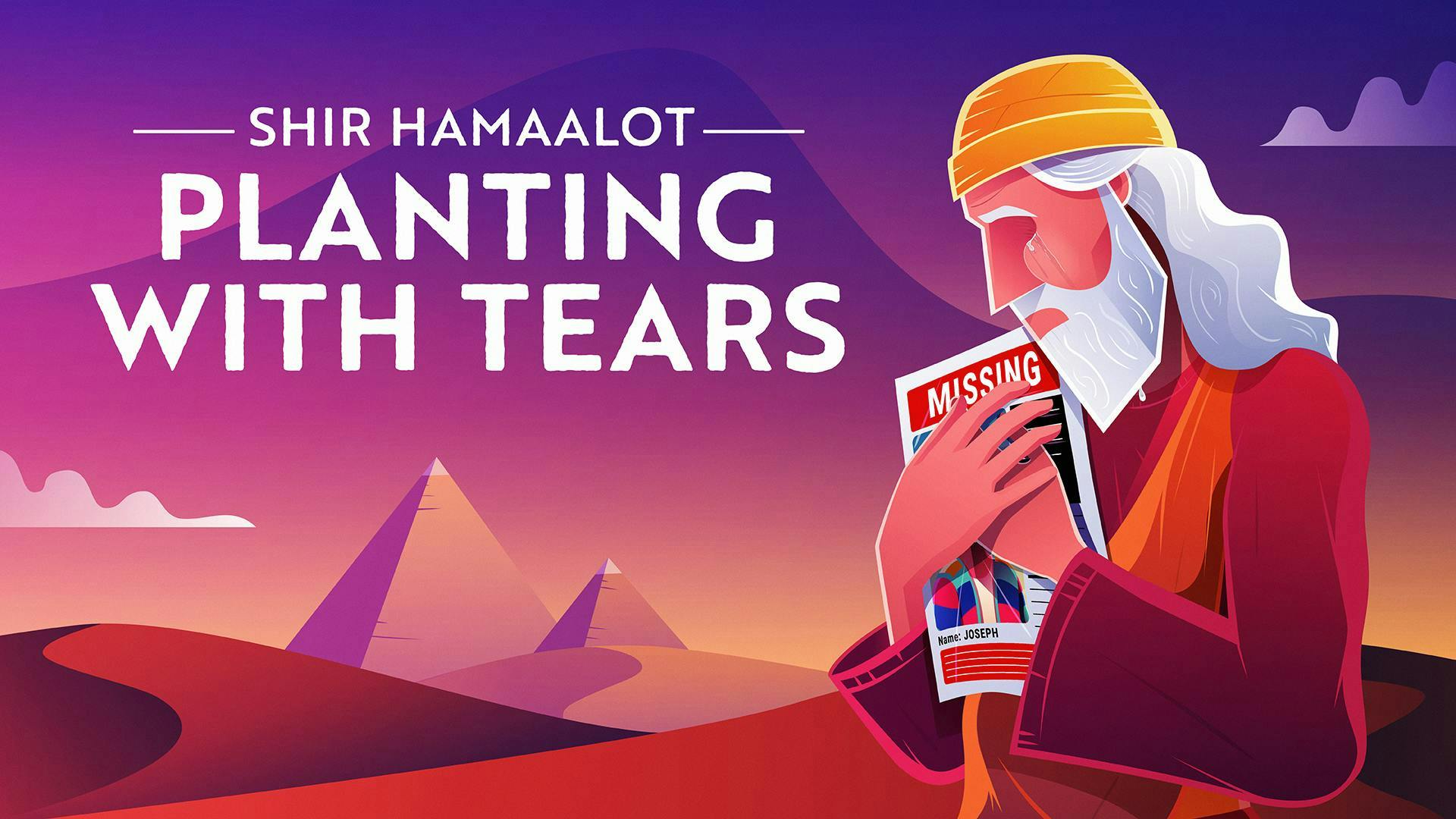
Shir Hamaalot: Planting with Tears
Animated Video Series • Part 1 of 6 • 10 min
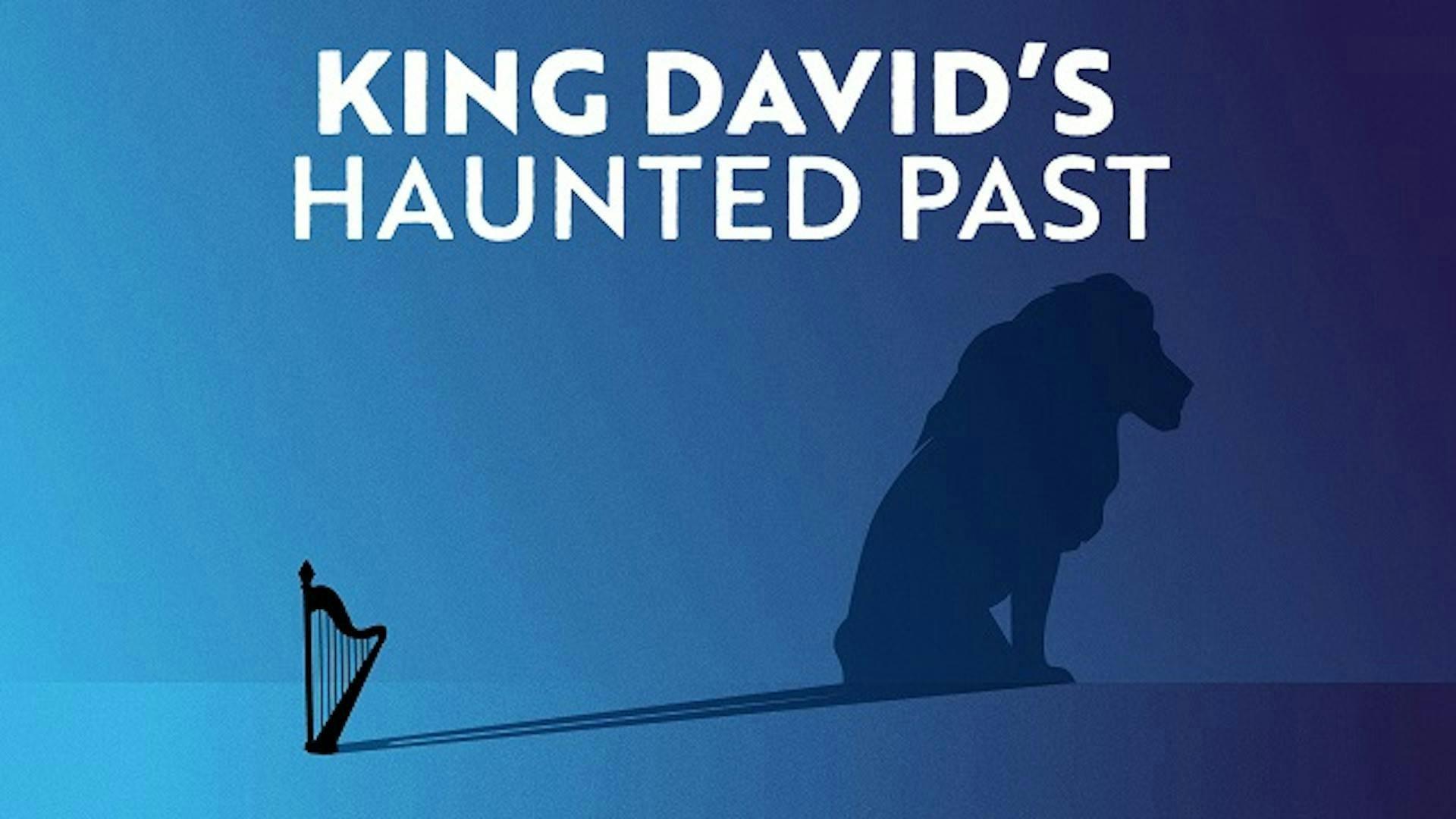
King David's Haunted Past
Recorded Lecture • 1 hour, 20 min
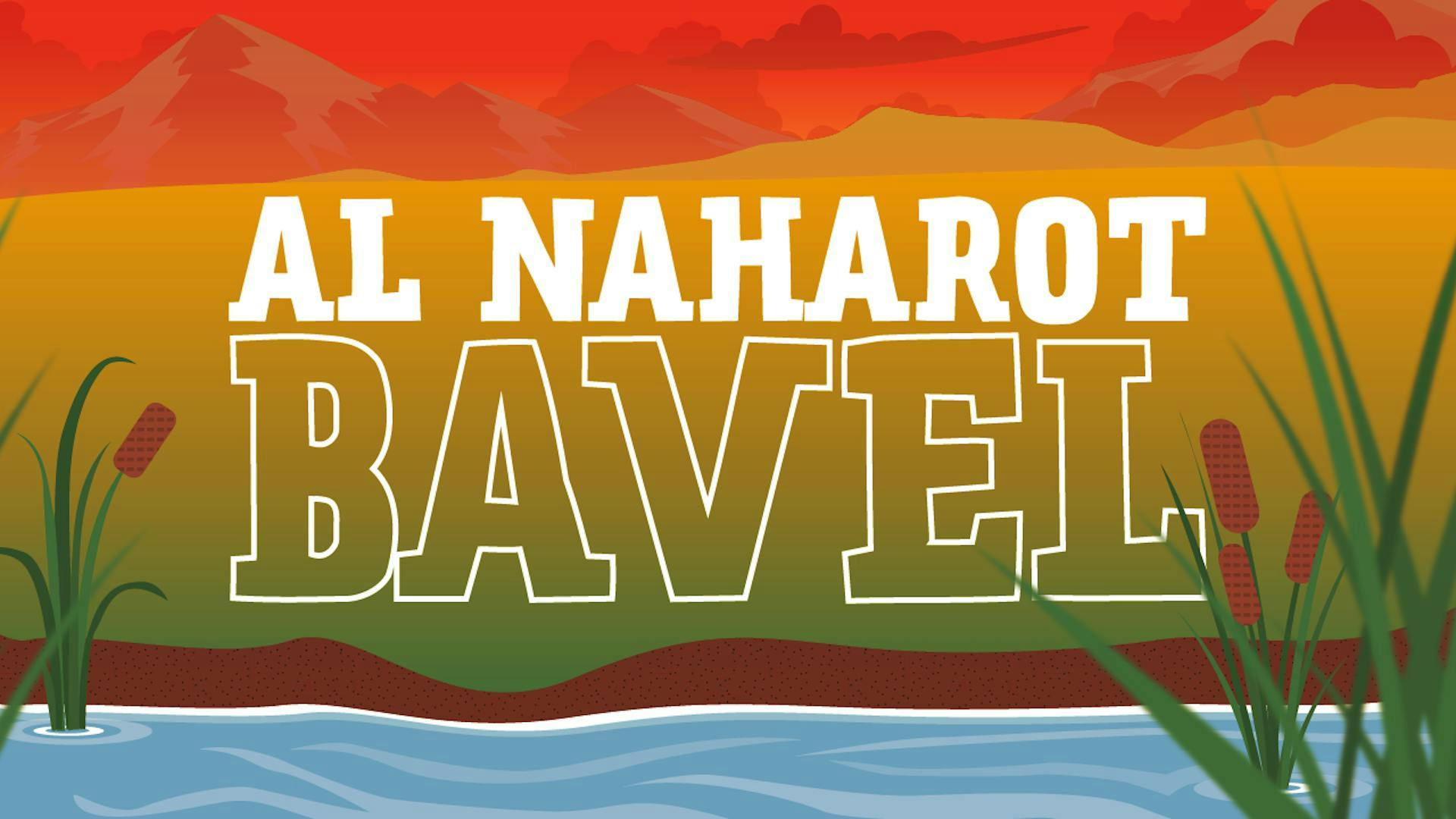
Al Naharot Bavel: By The Waters Of Babylon
Recorded Lecture • 3 hours
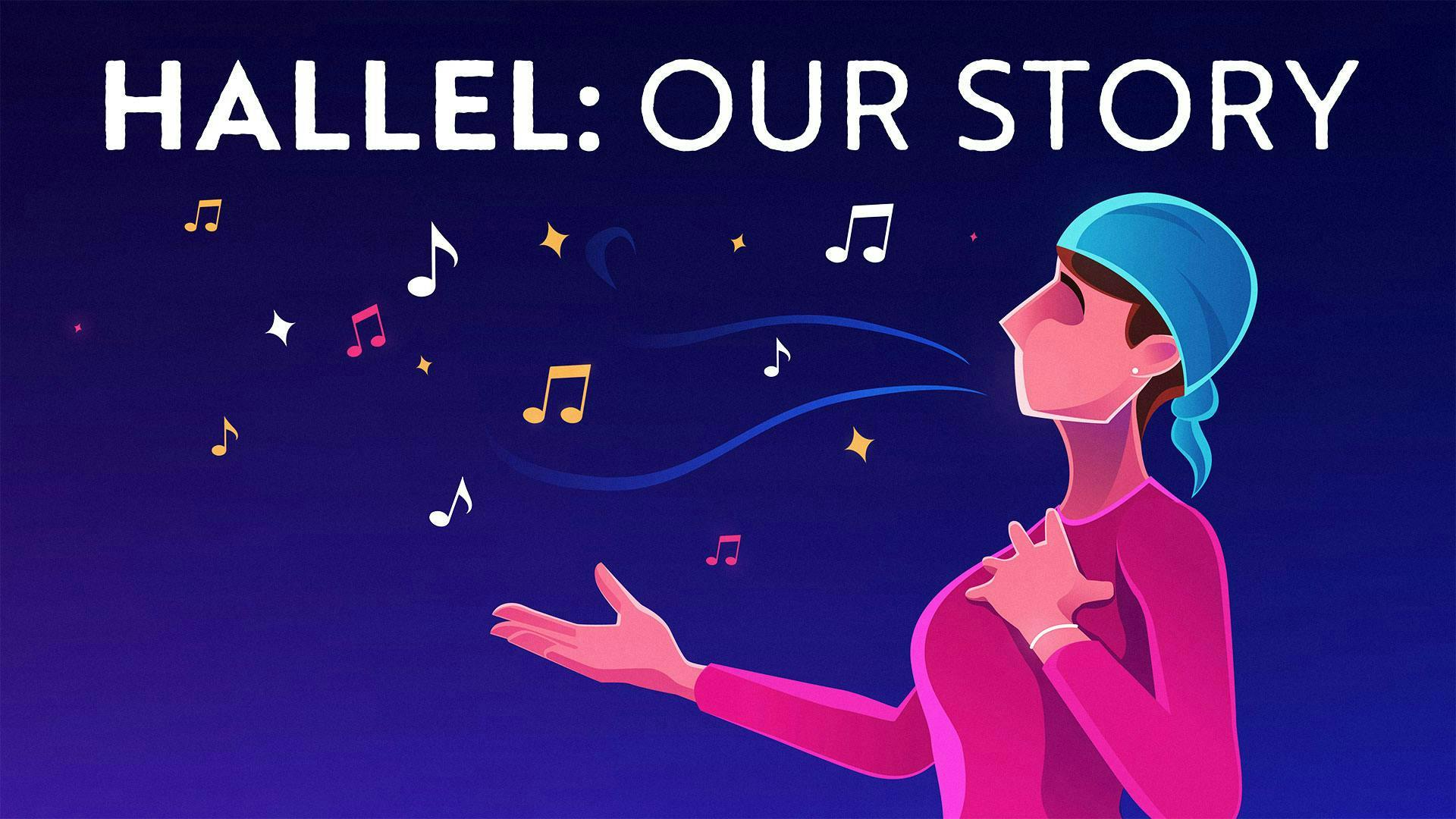
The Meaning of Hallel
Recorded Lecture • Part 1 of 7 • 56 min
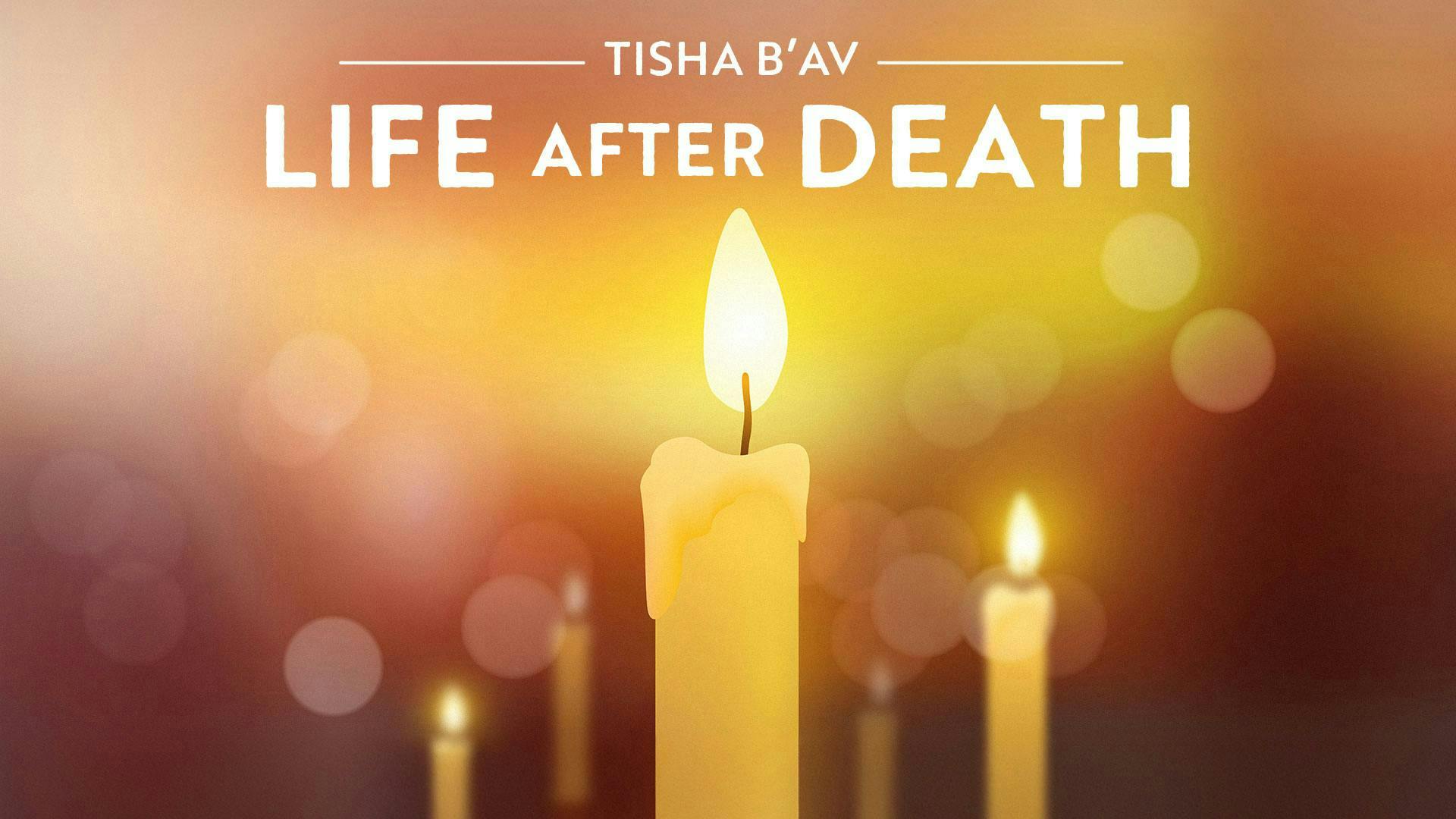
Mourning: What Death Teaches Us About What It Means to Live
Animated Video Series • 1 hour, 53 min
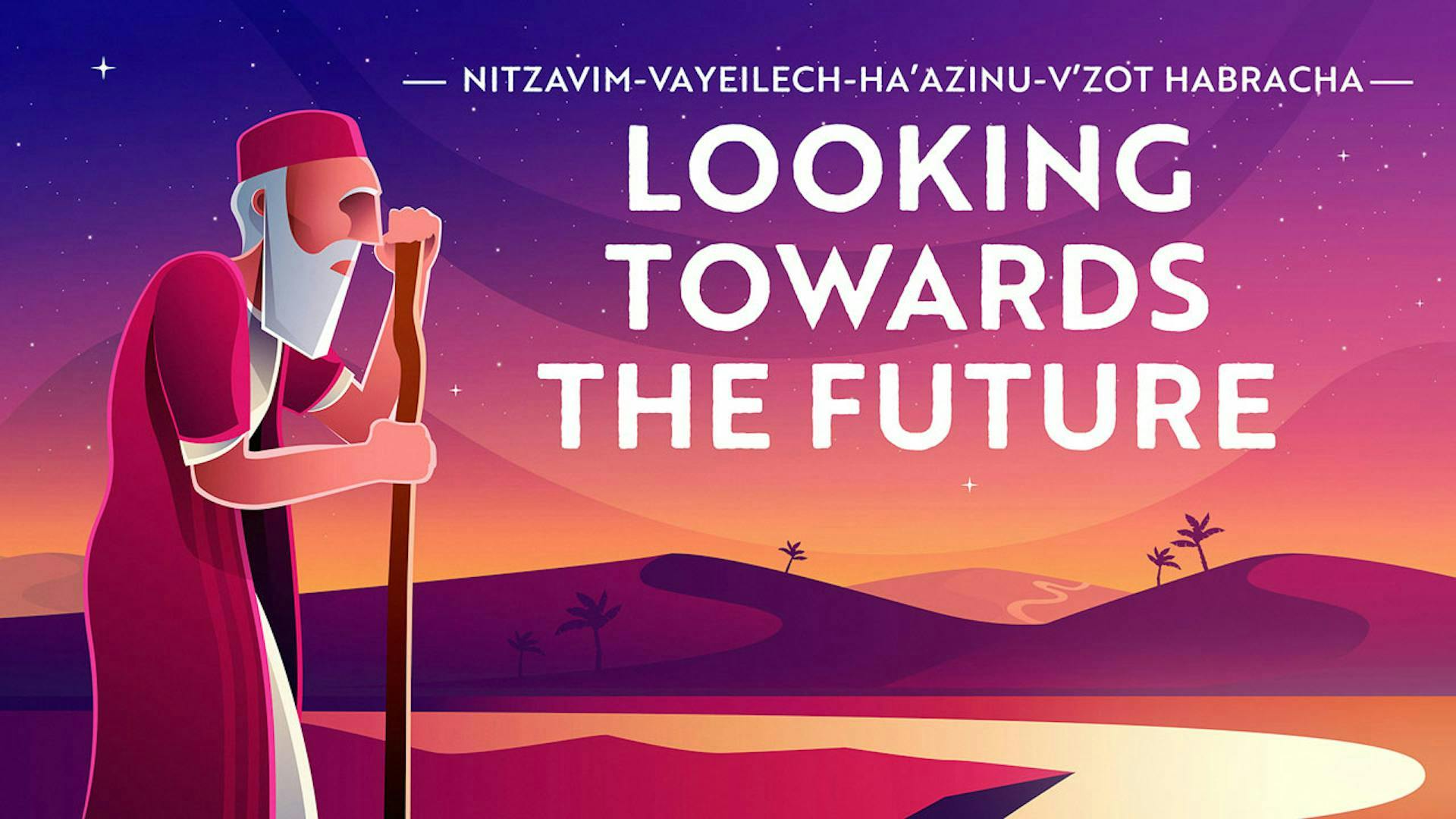
Shirat Ha'azinu: The Song Of Moses
Animated Video Series • Part 1 of 3 • 11 min

Why Miriam Sang the Song of the Sea
Animated Video • 14 min
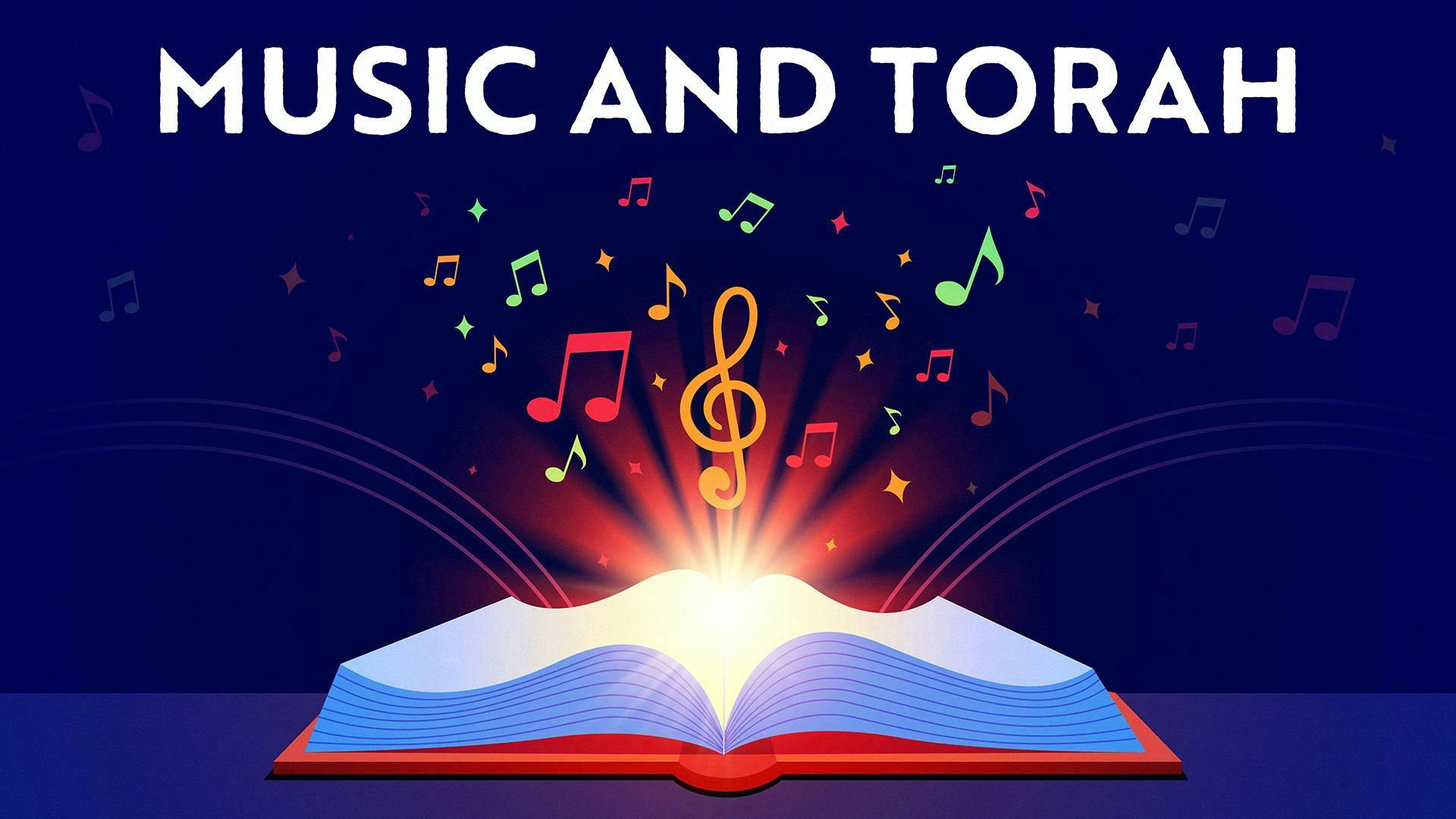
Exploring the Harmony Between Sound and Sacred Texts
Animated Video Series • Part 1 of 5 • 42 min
